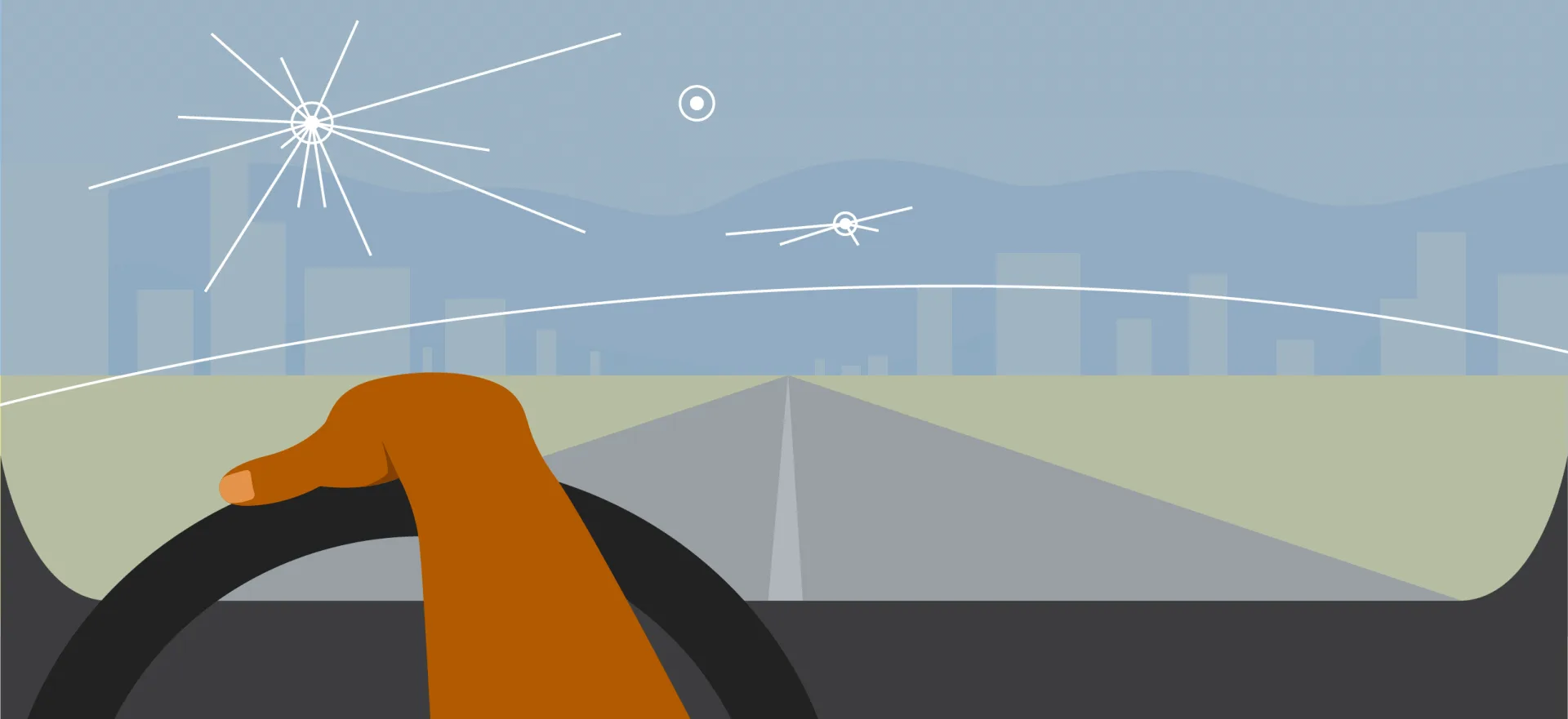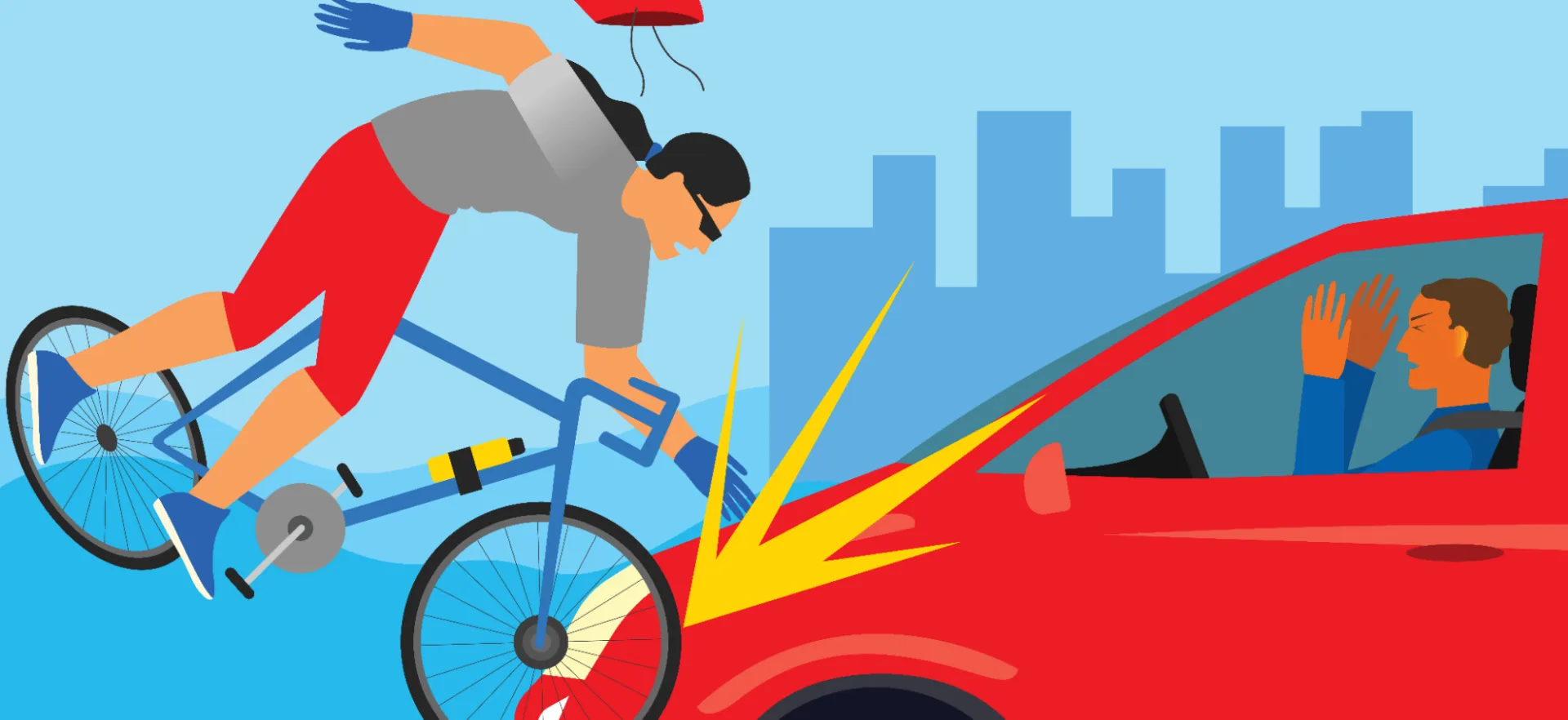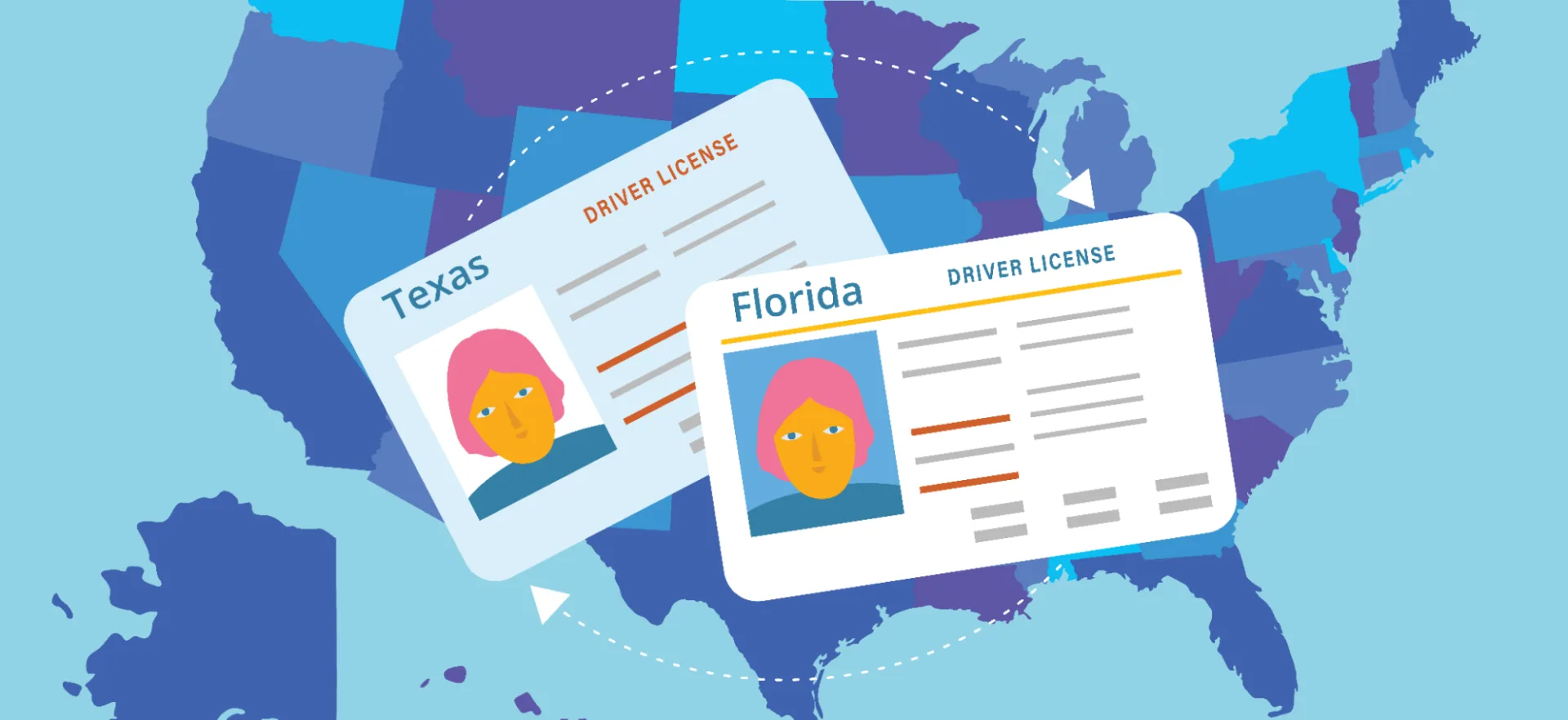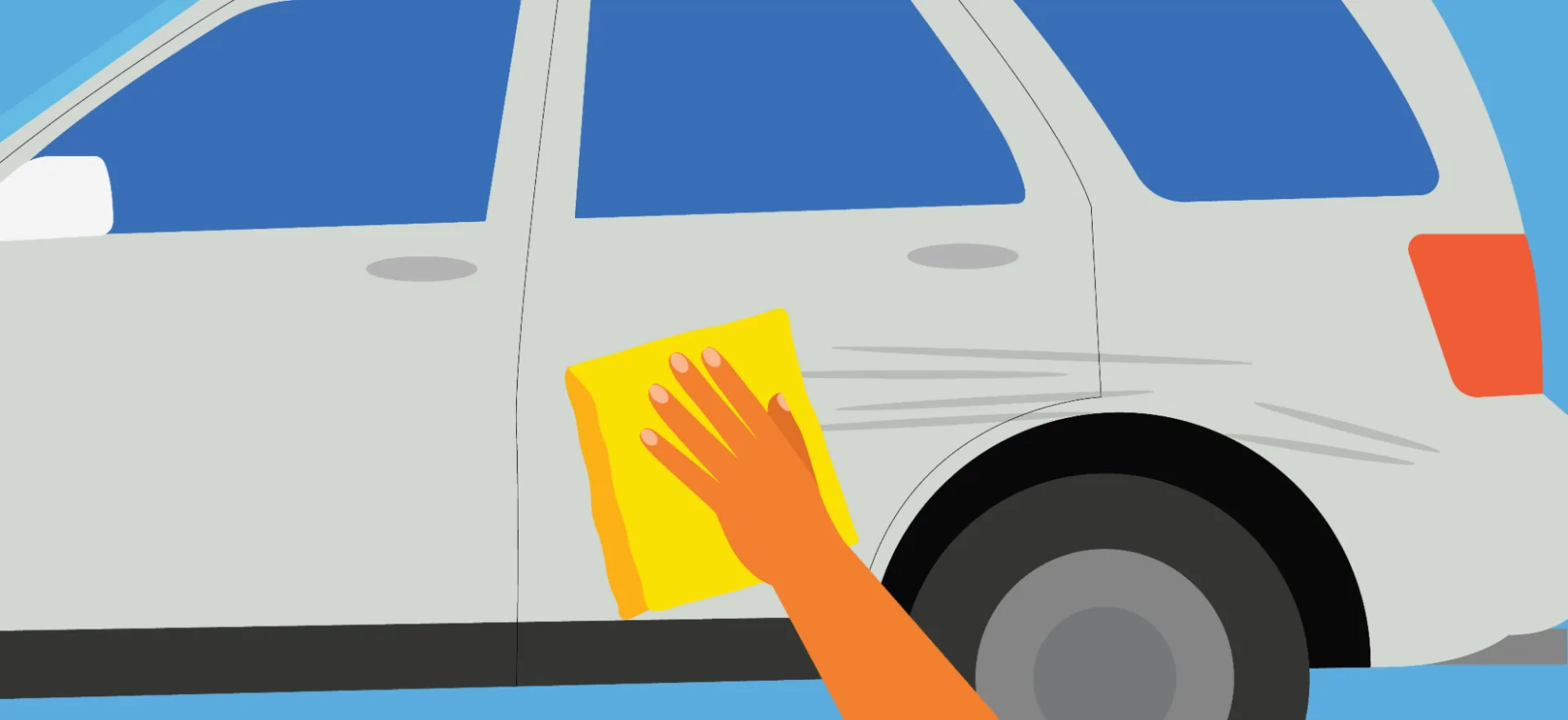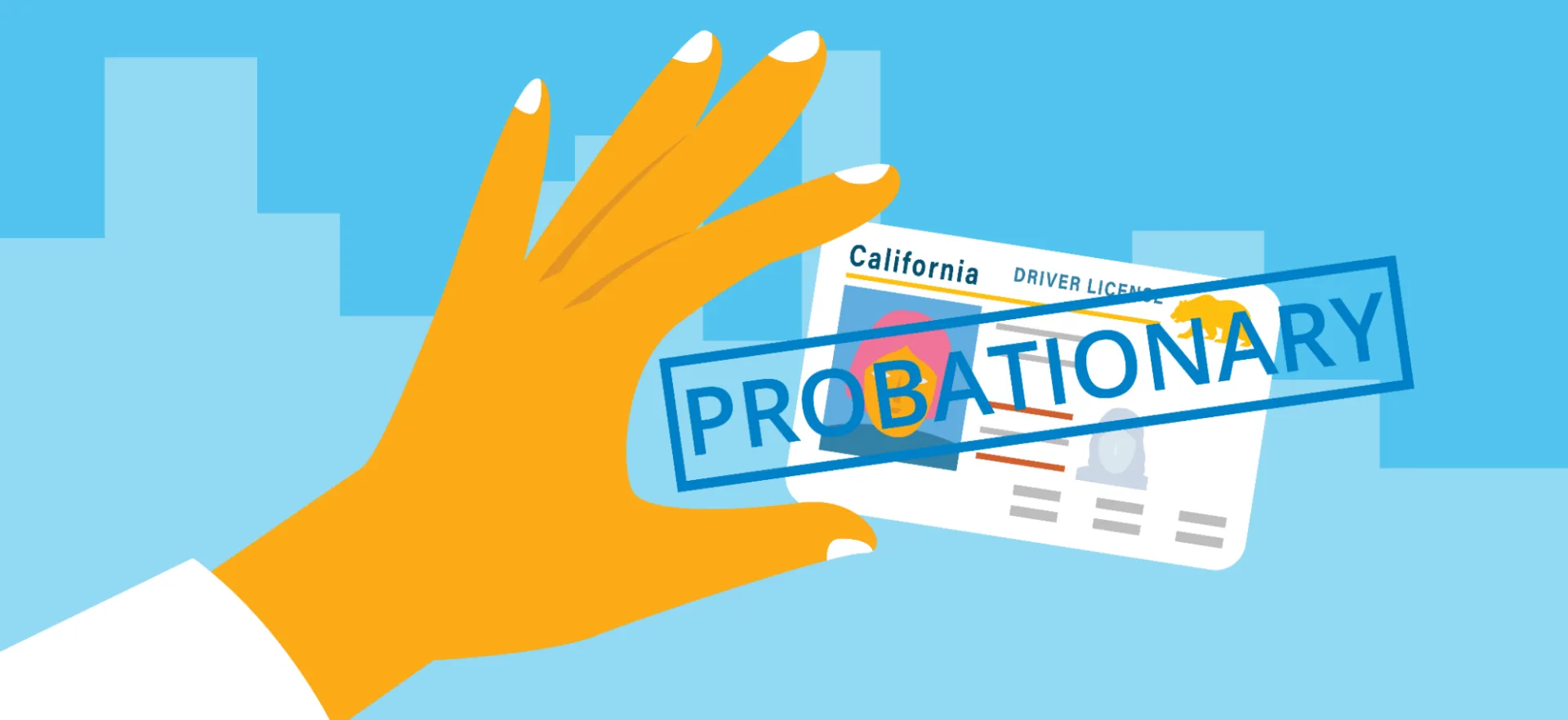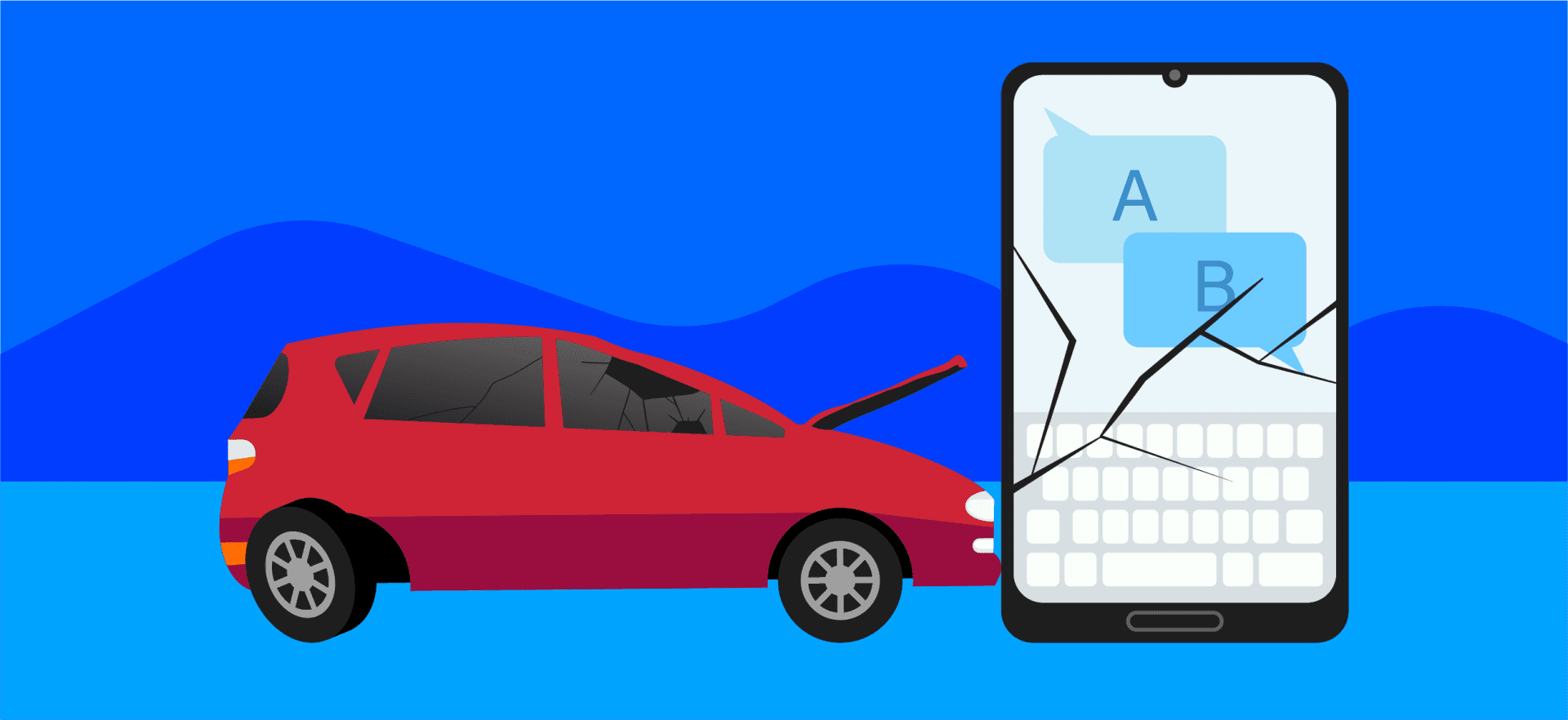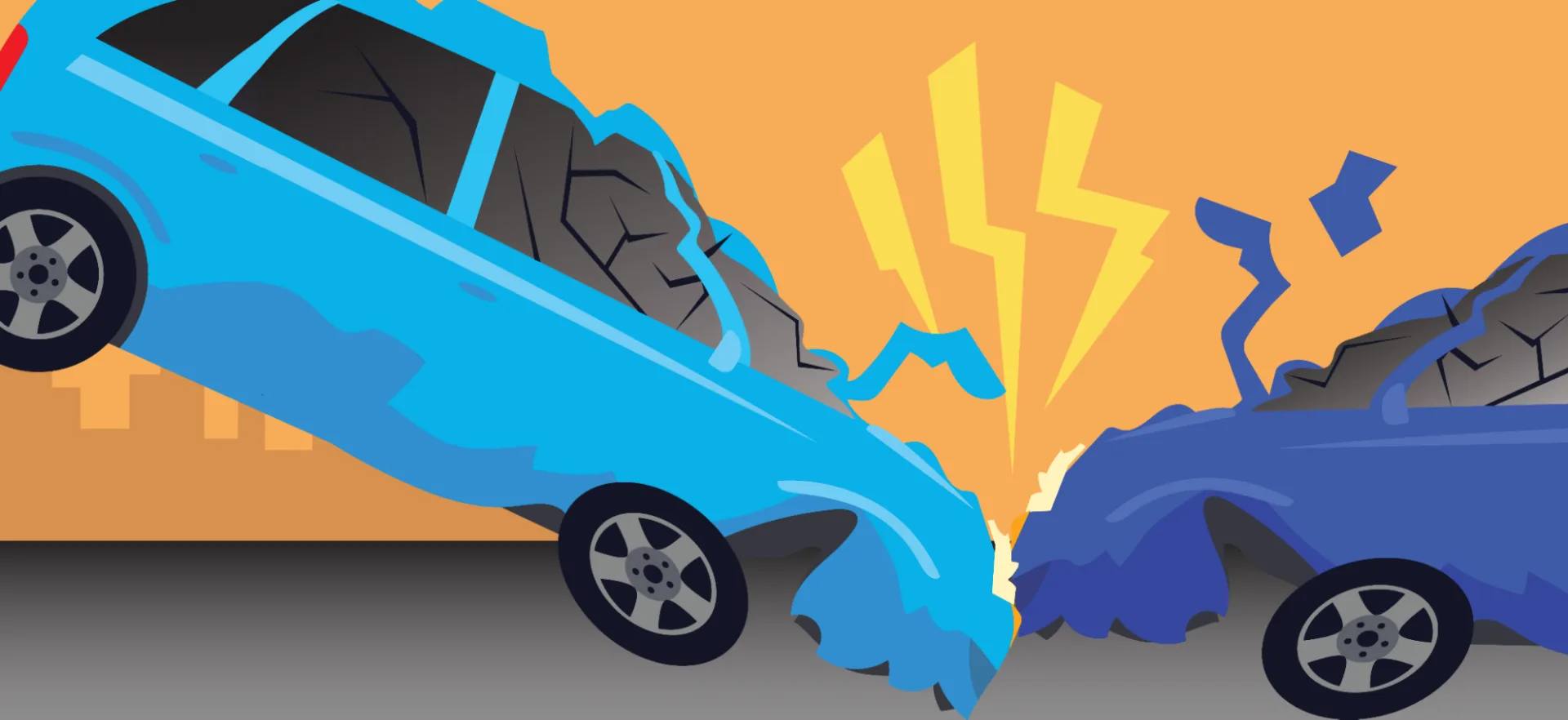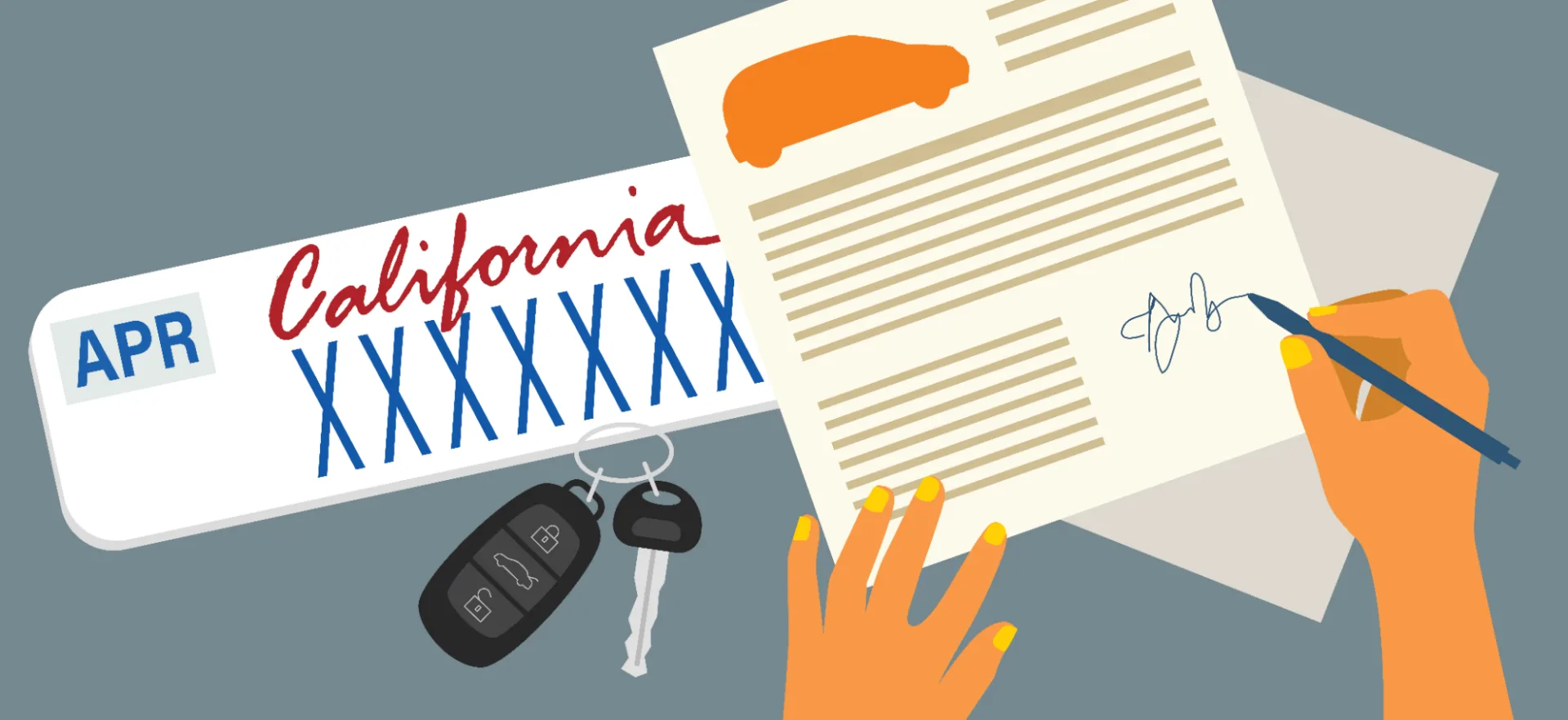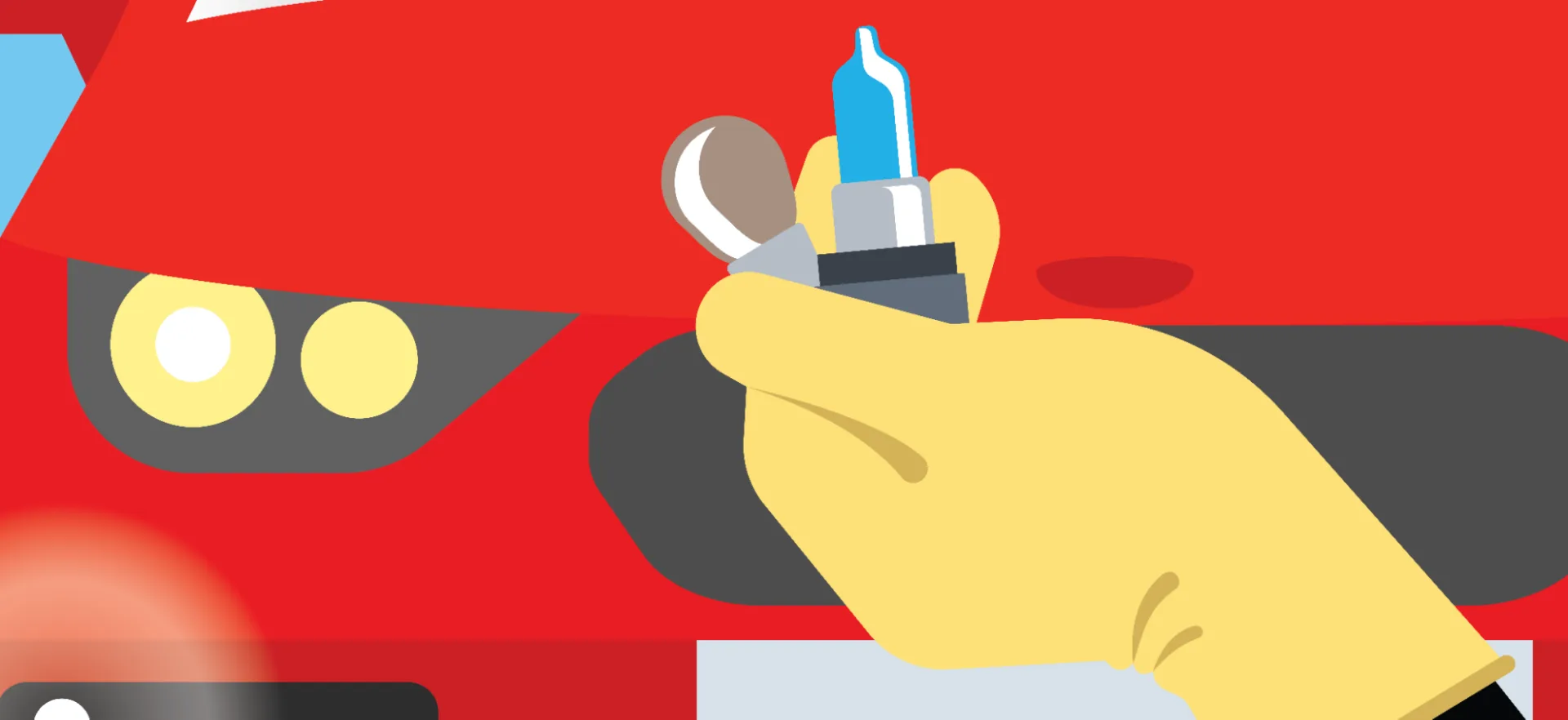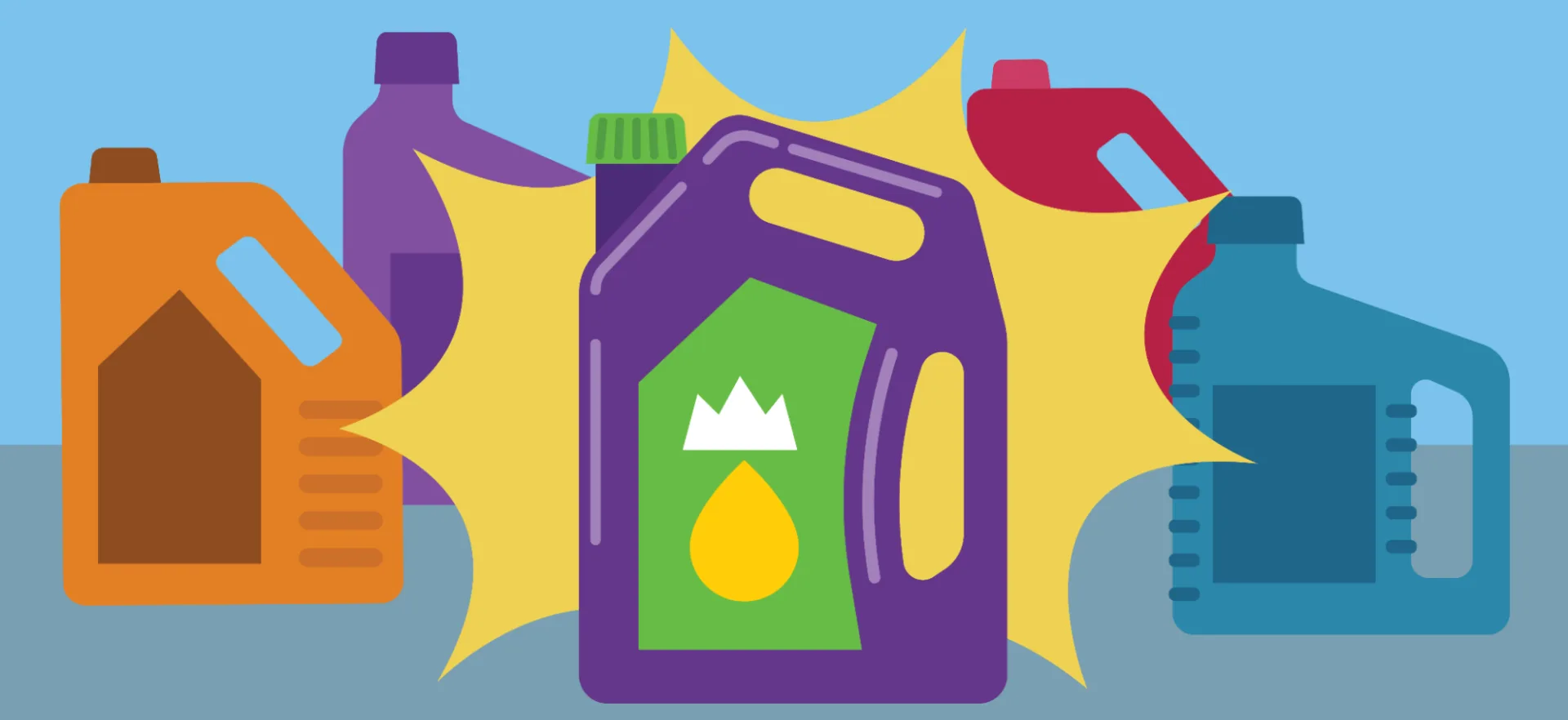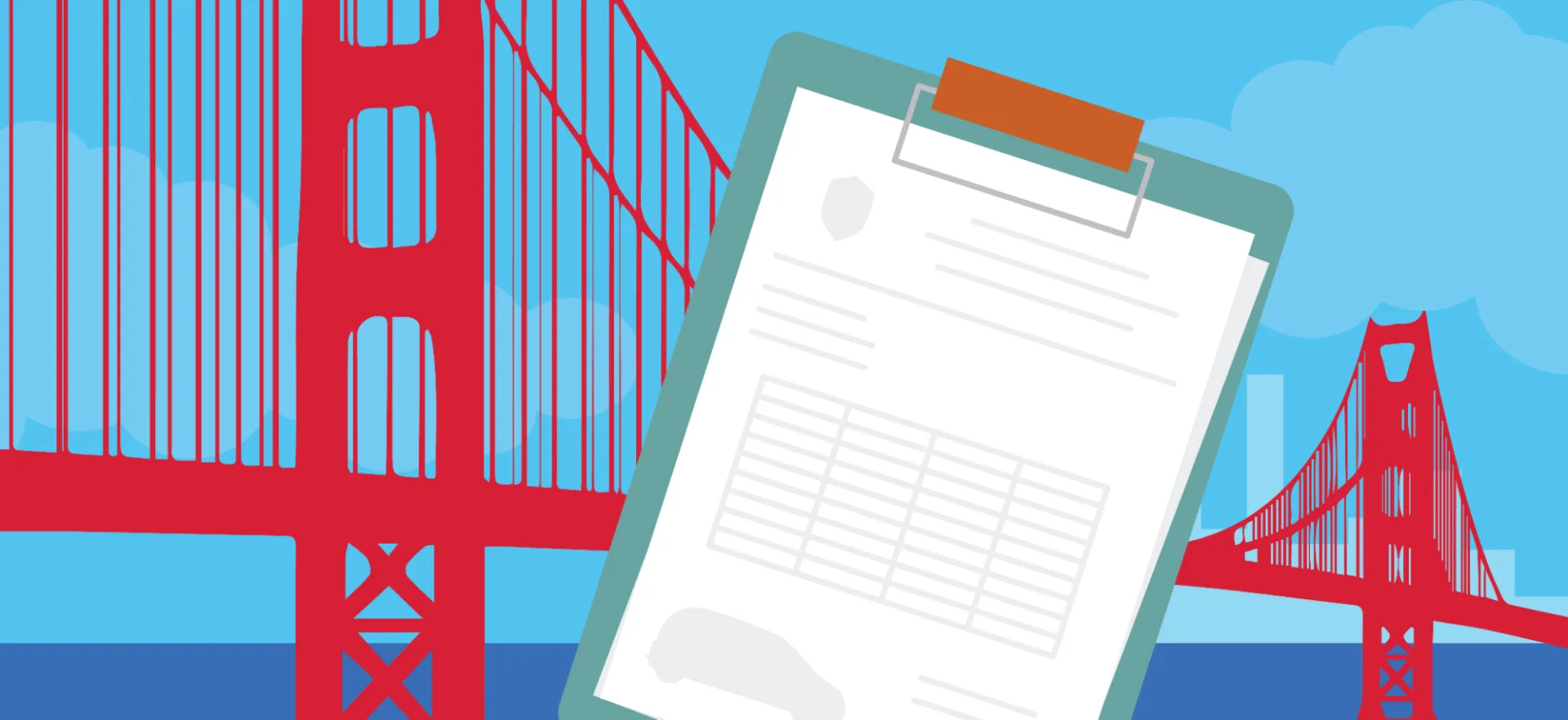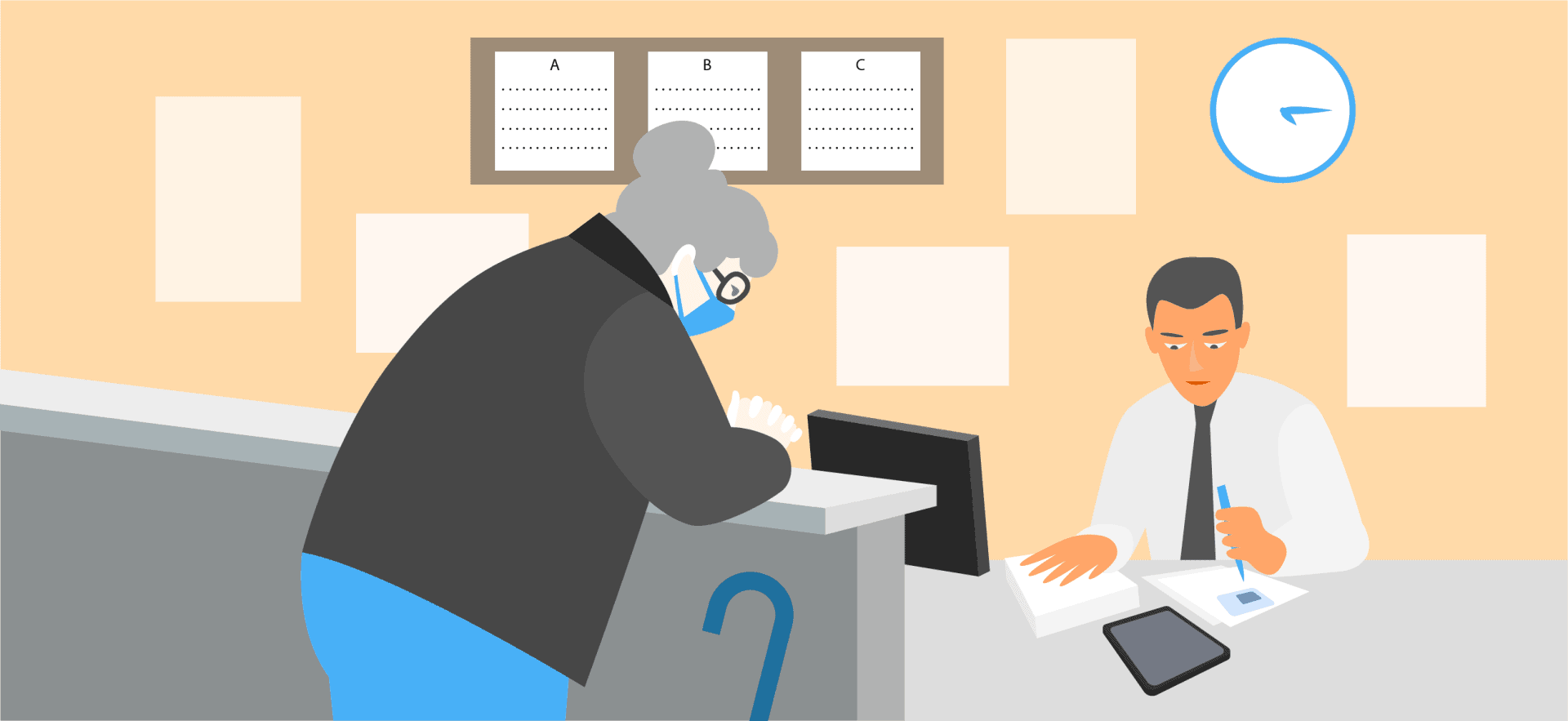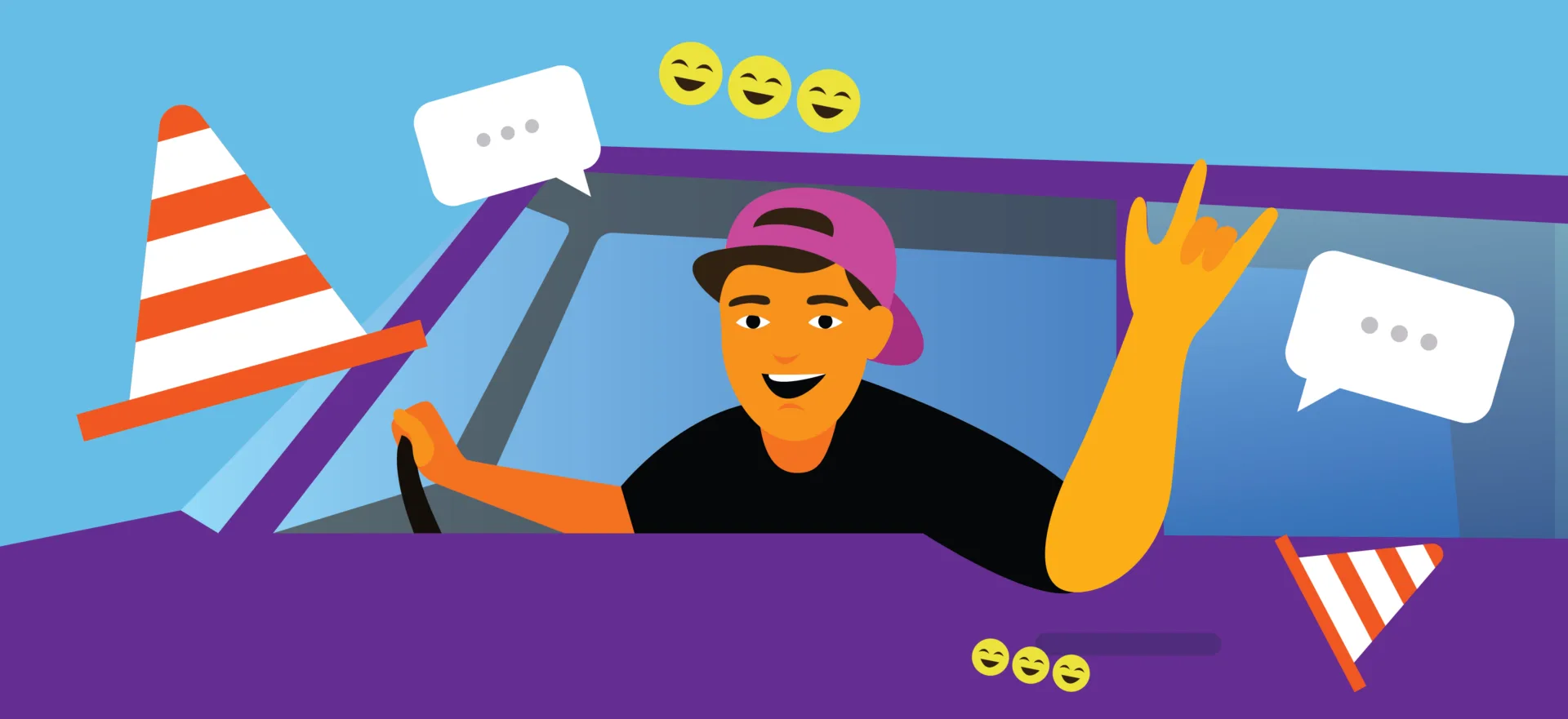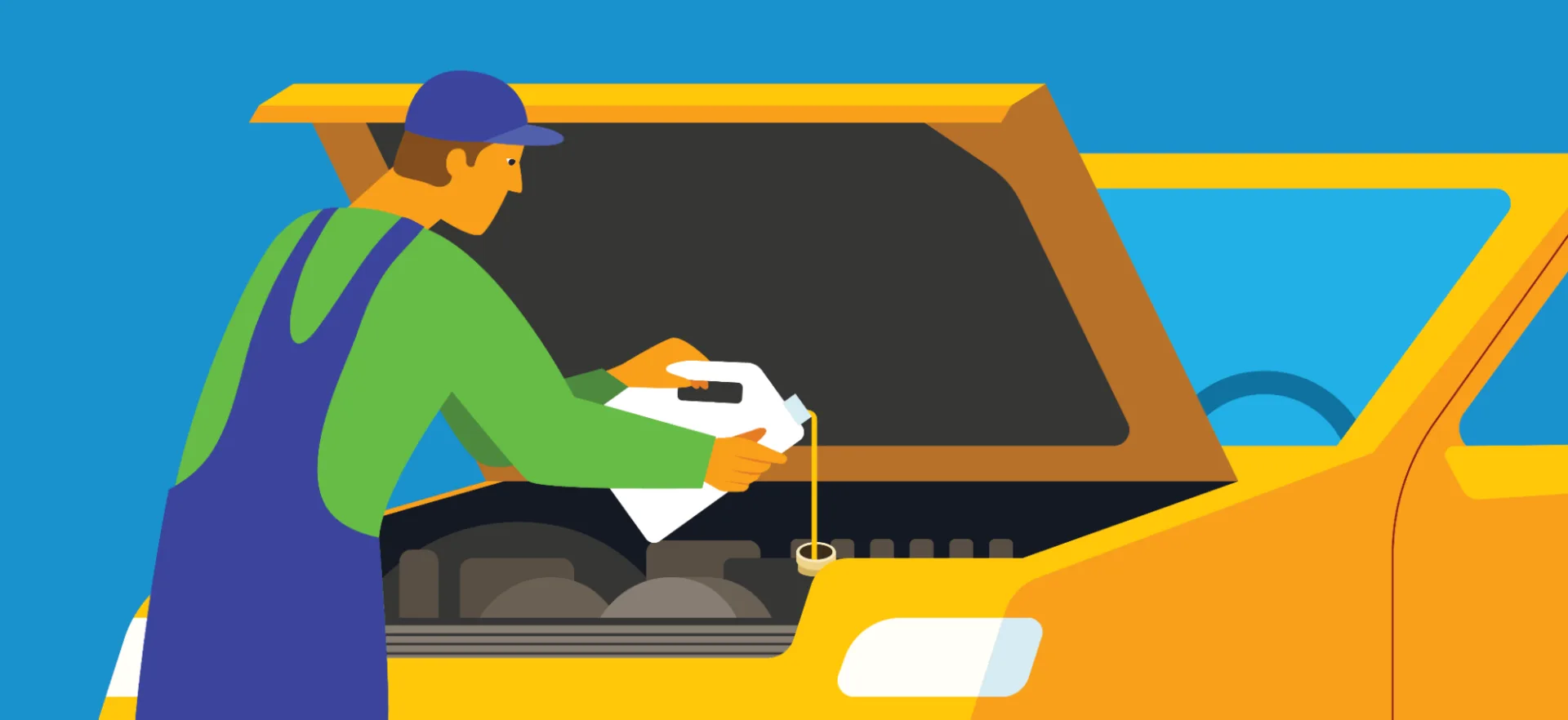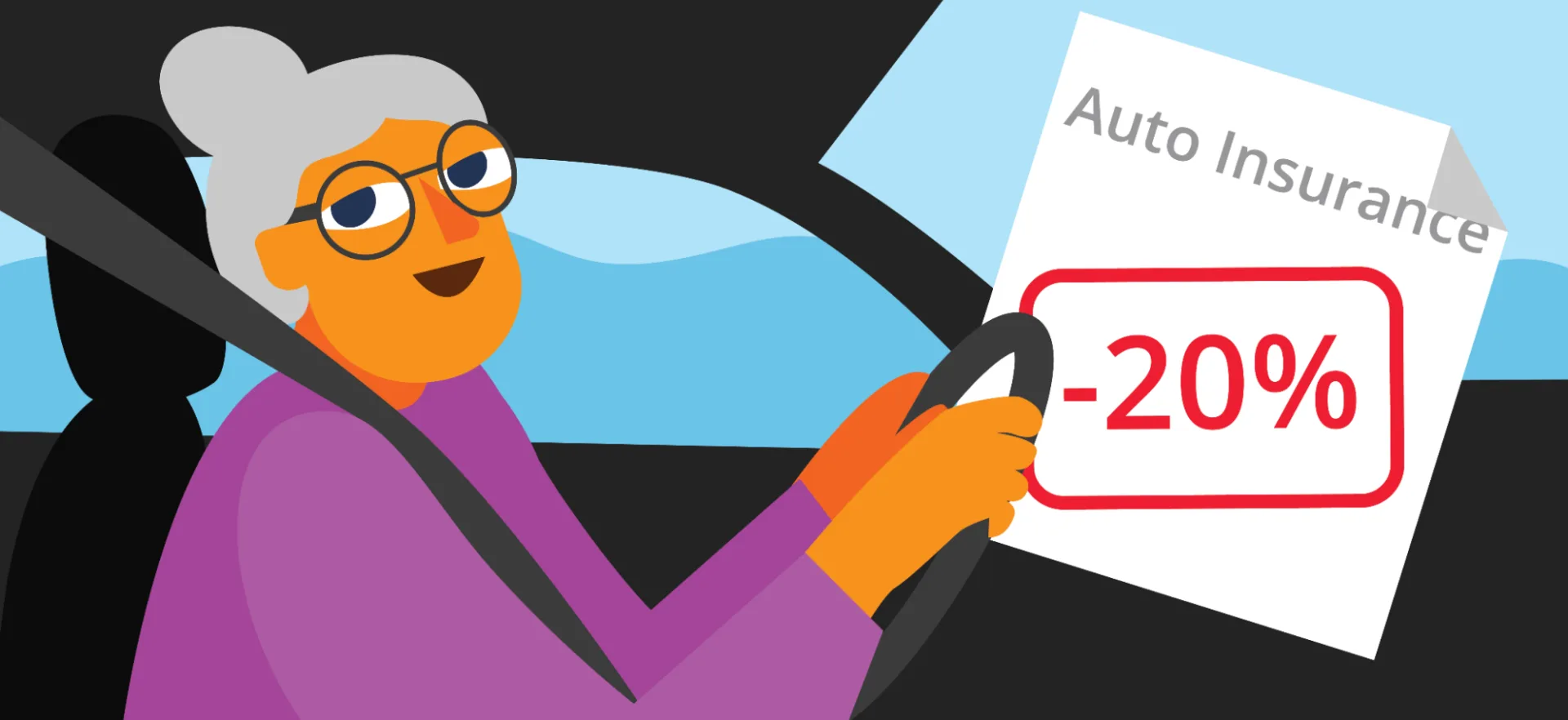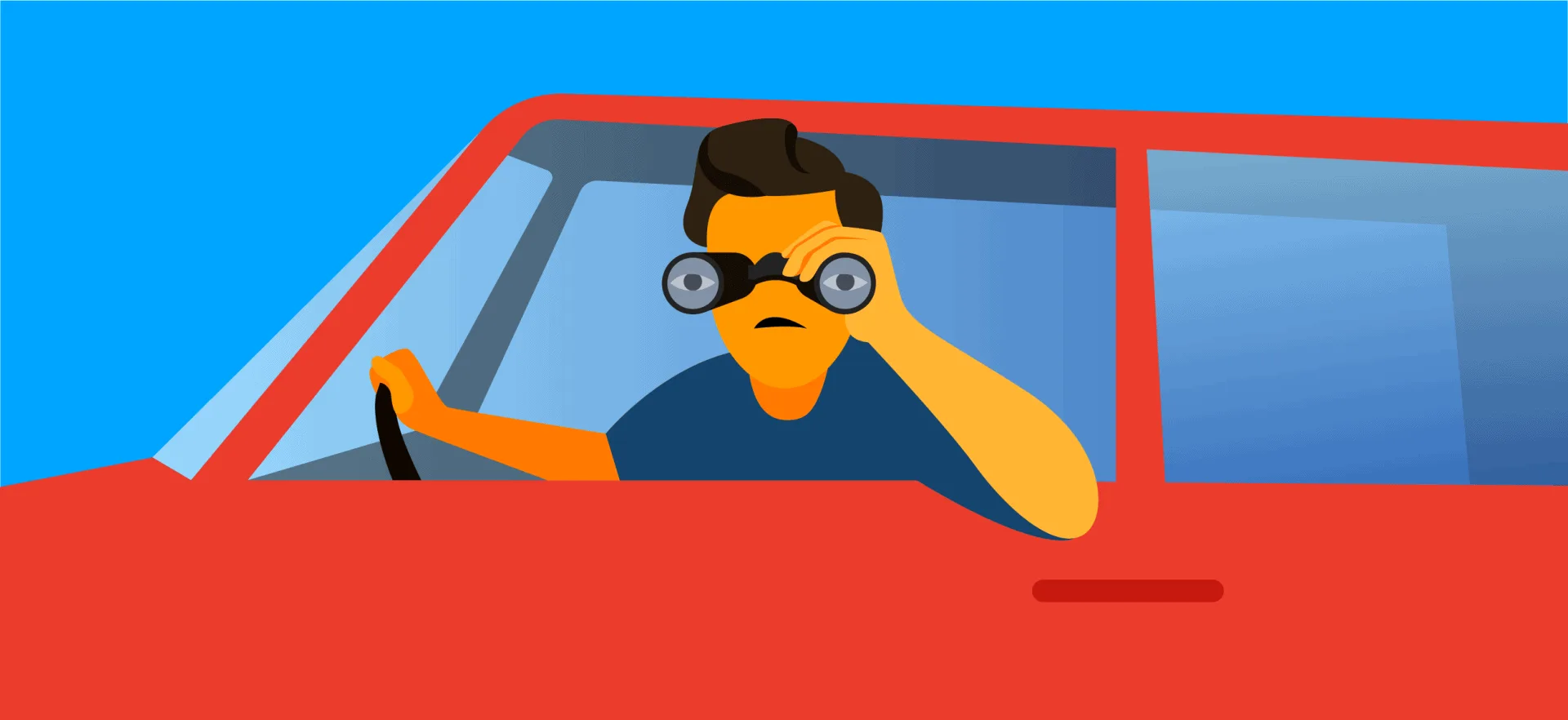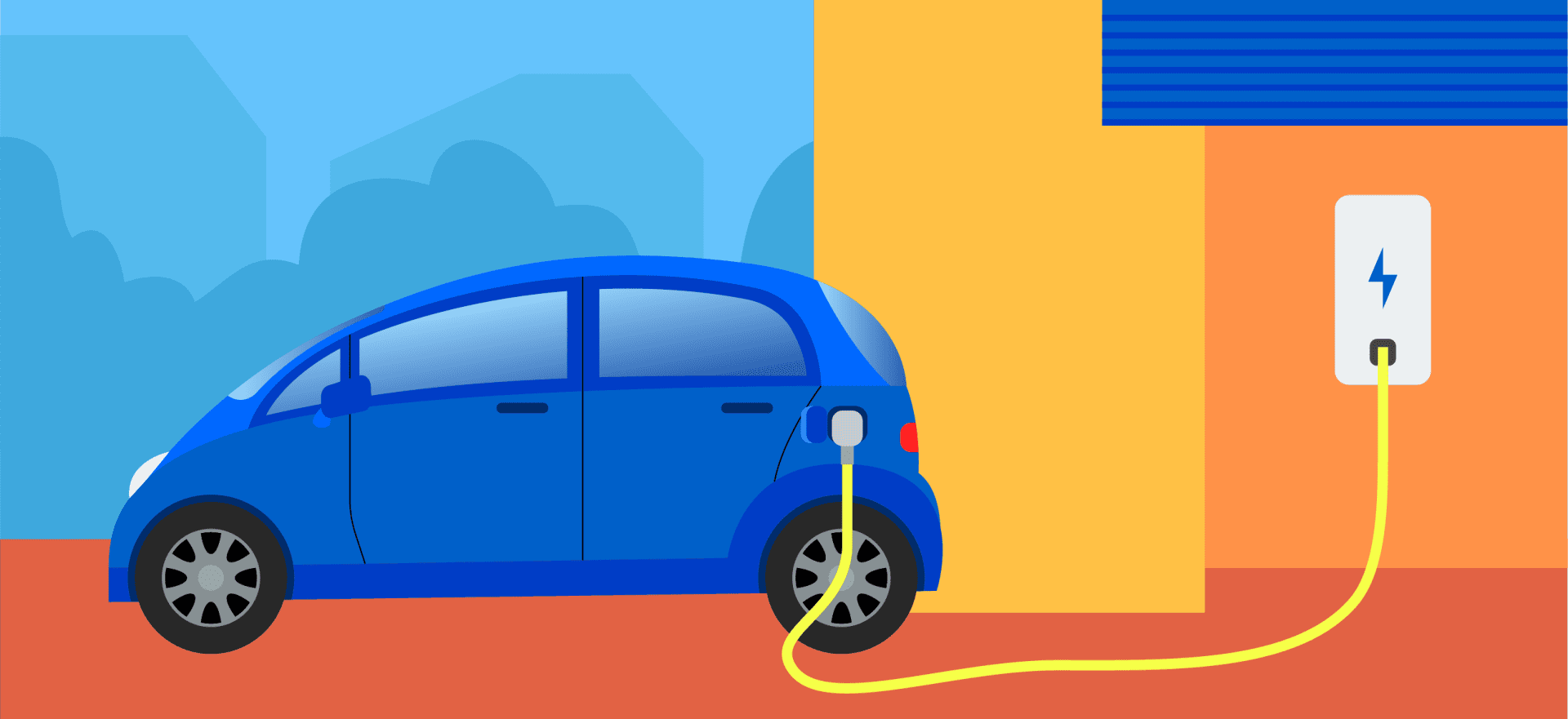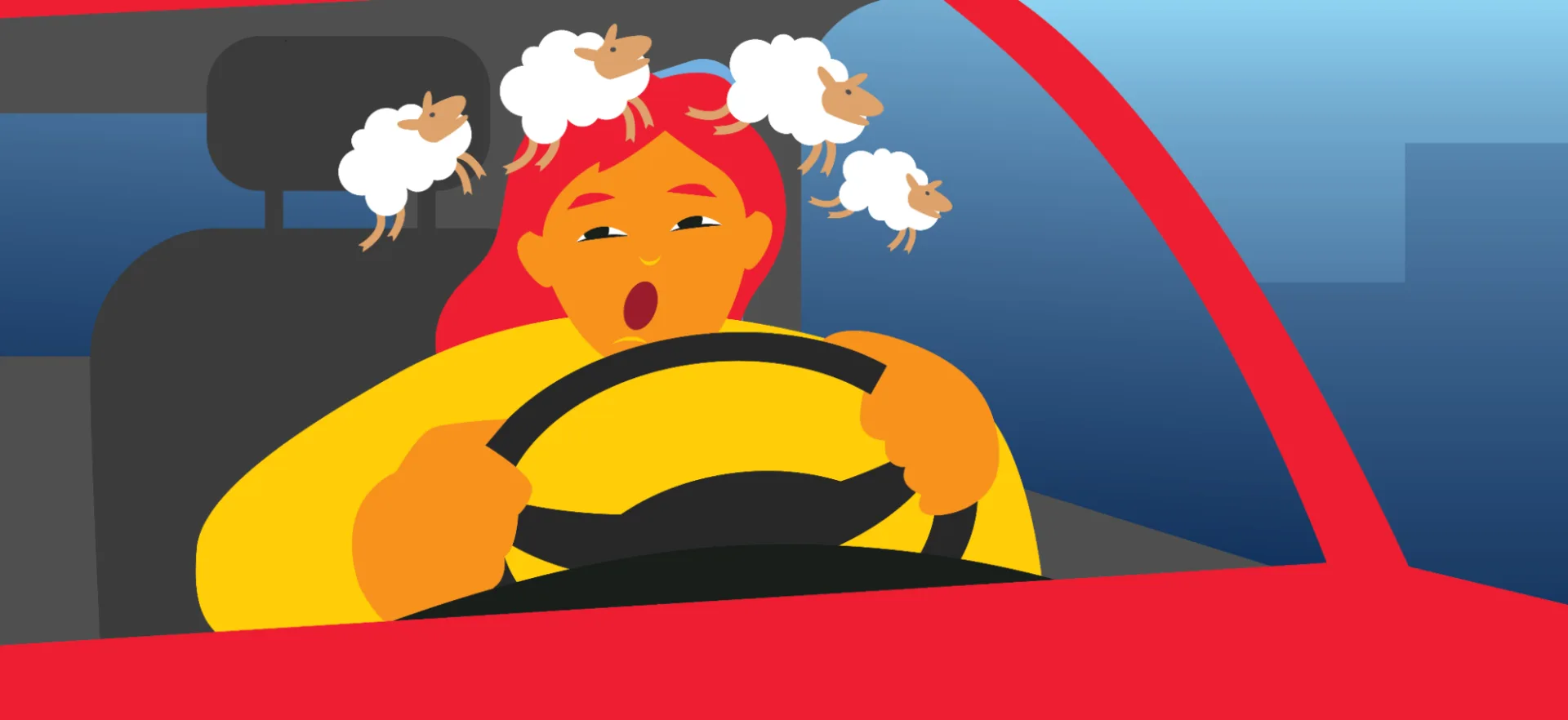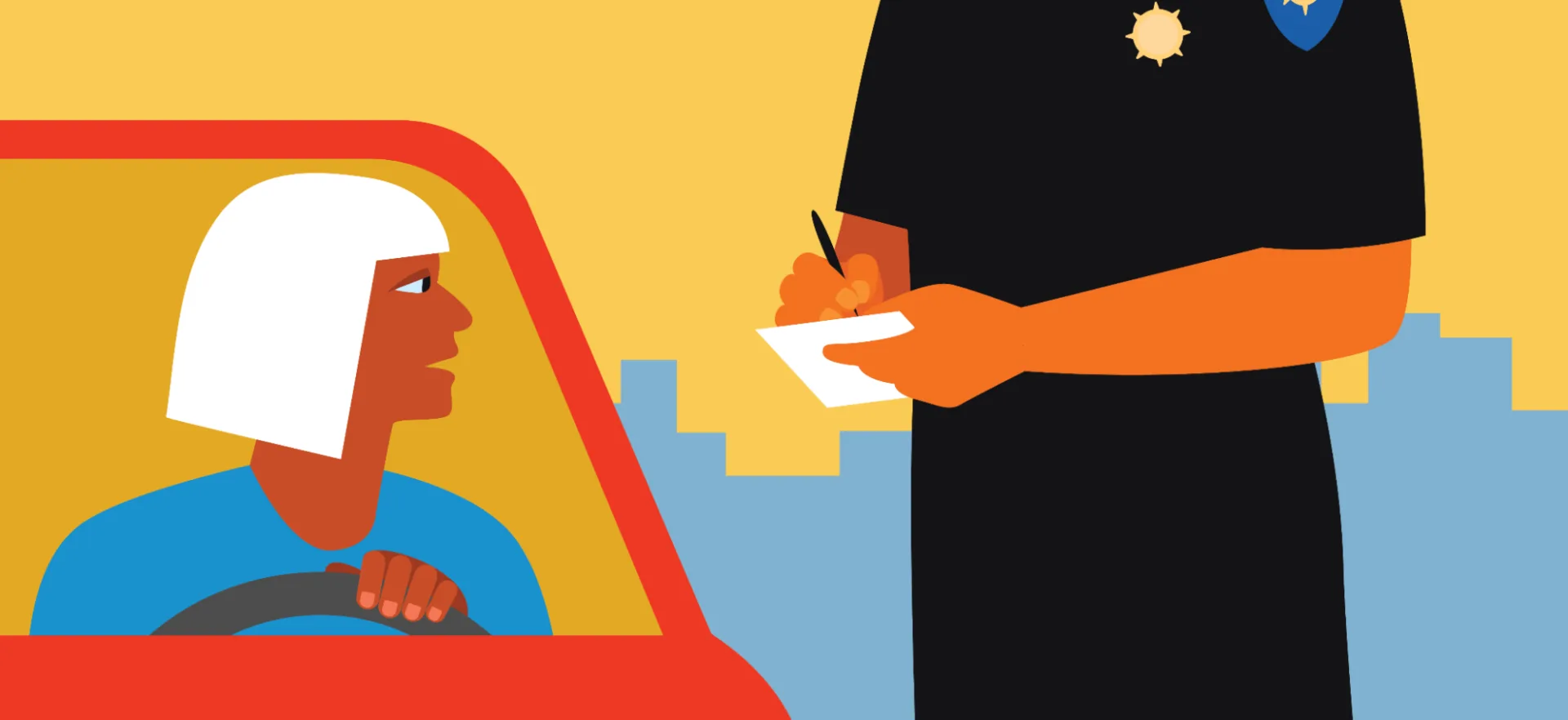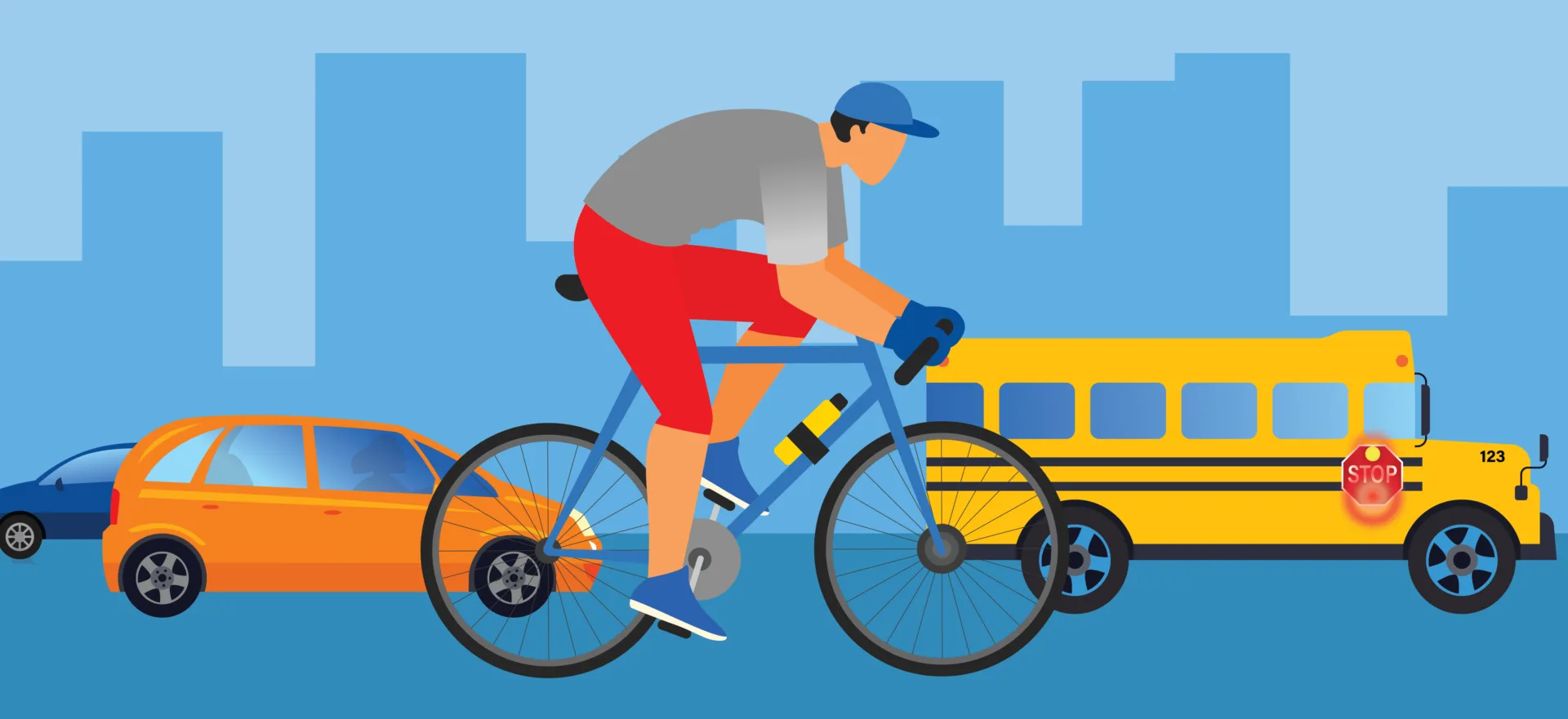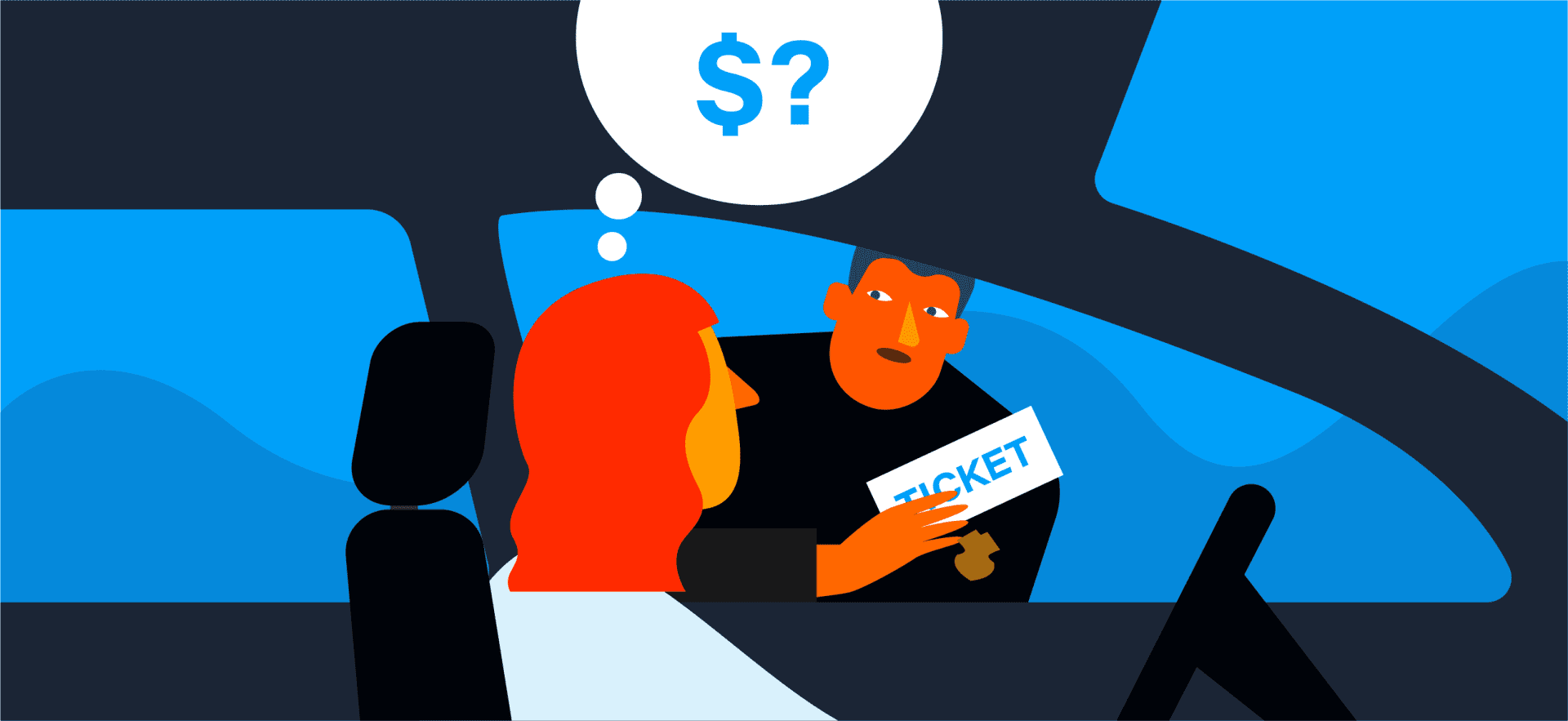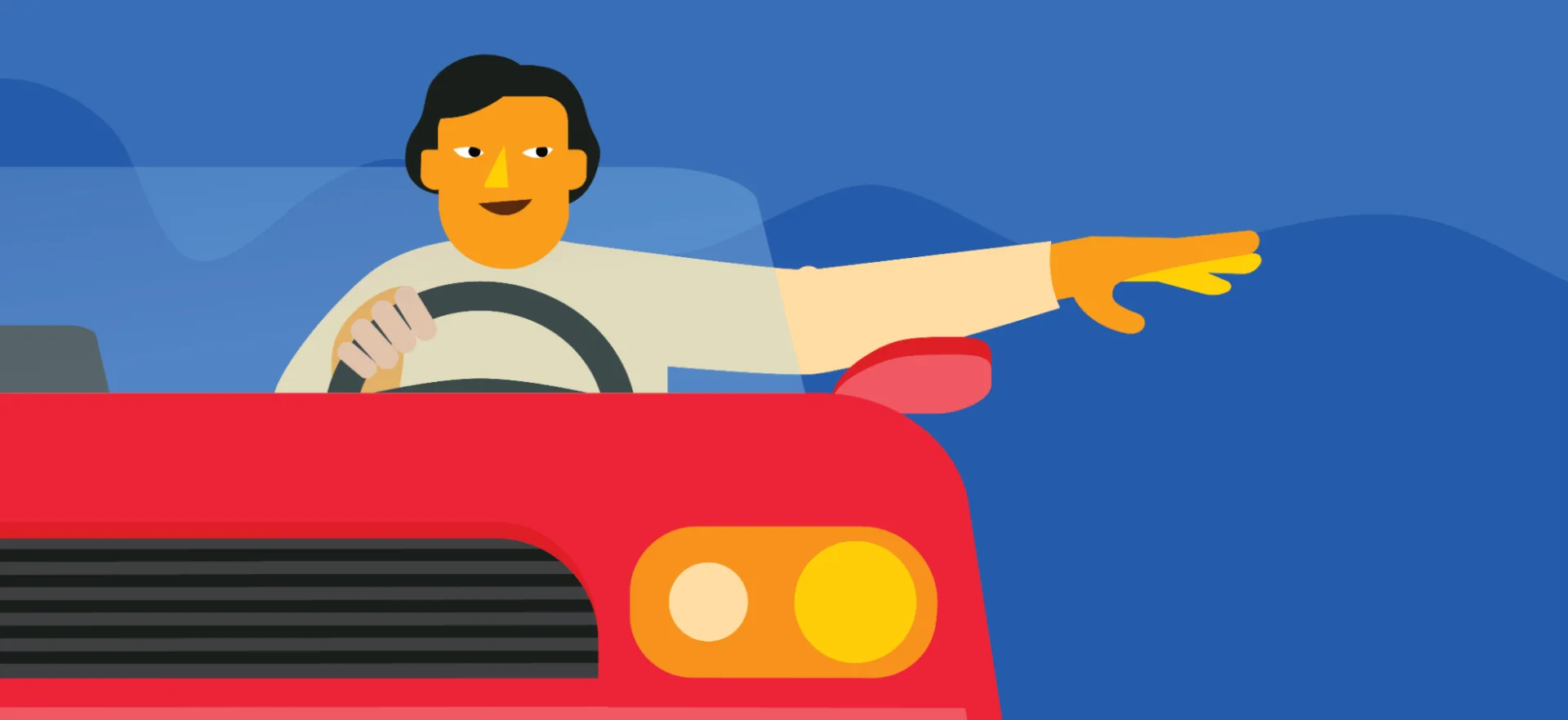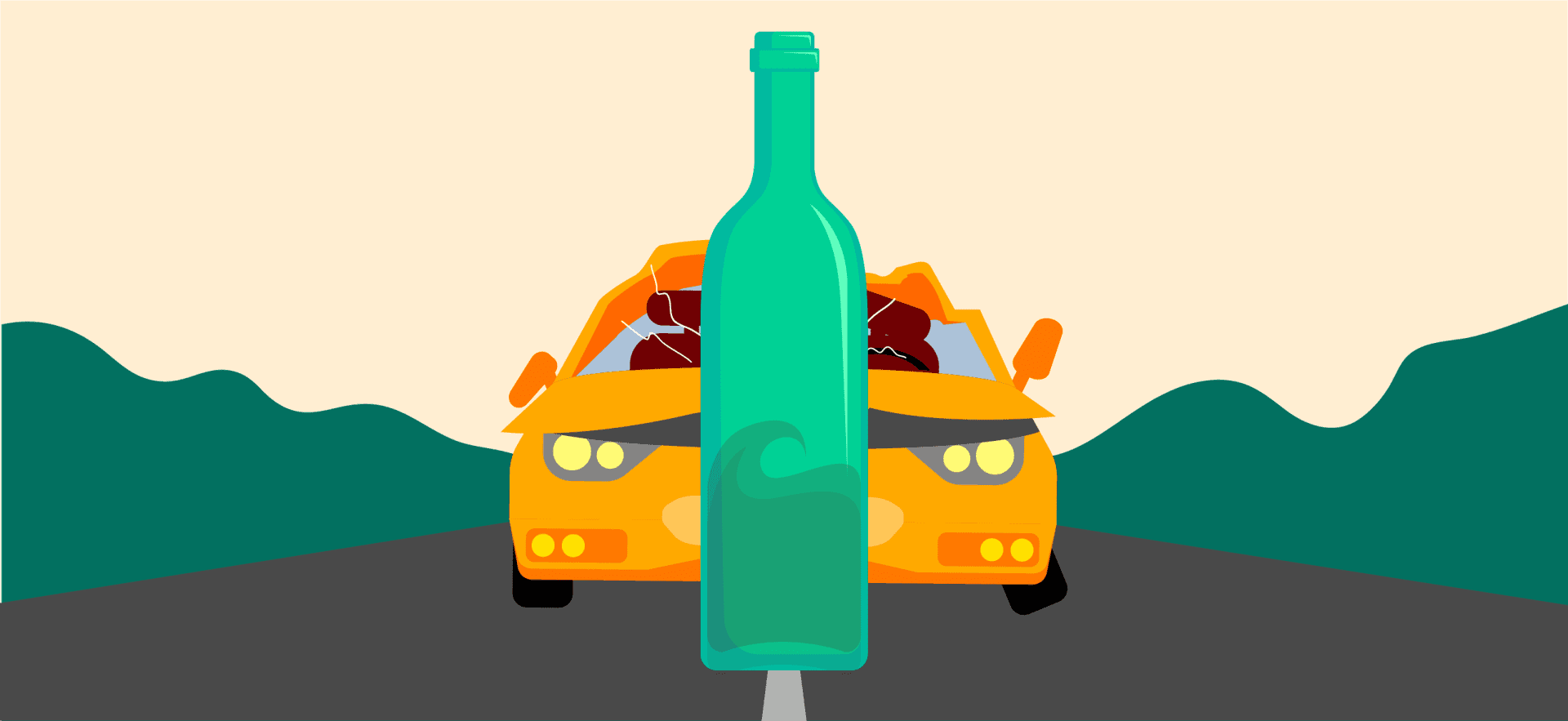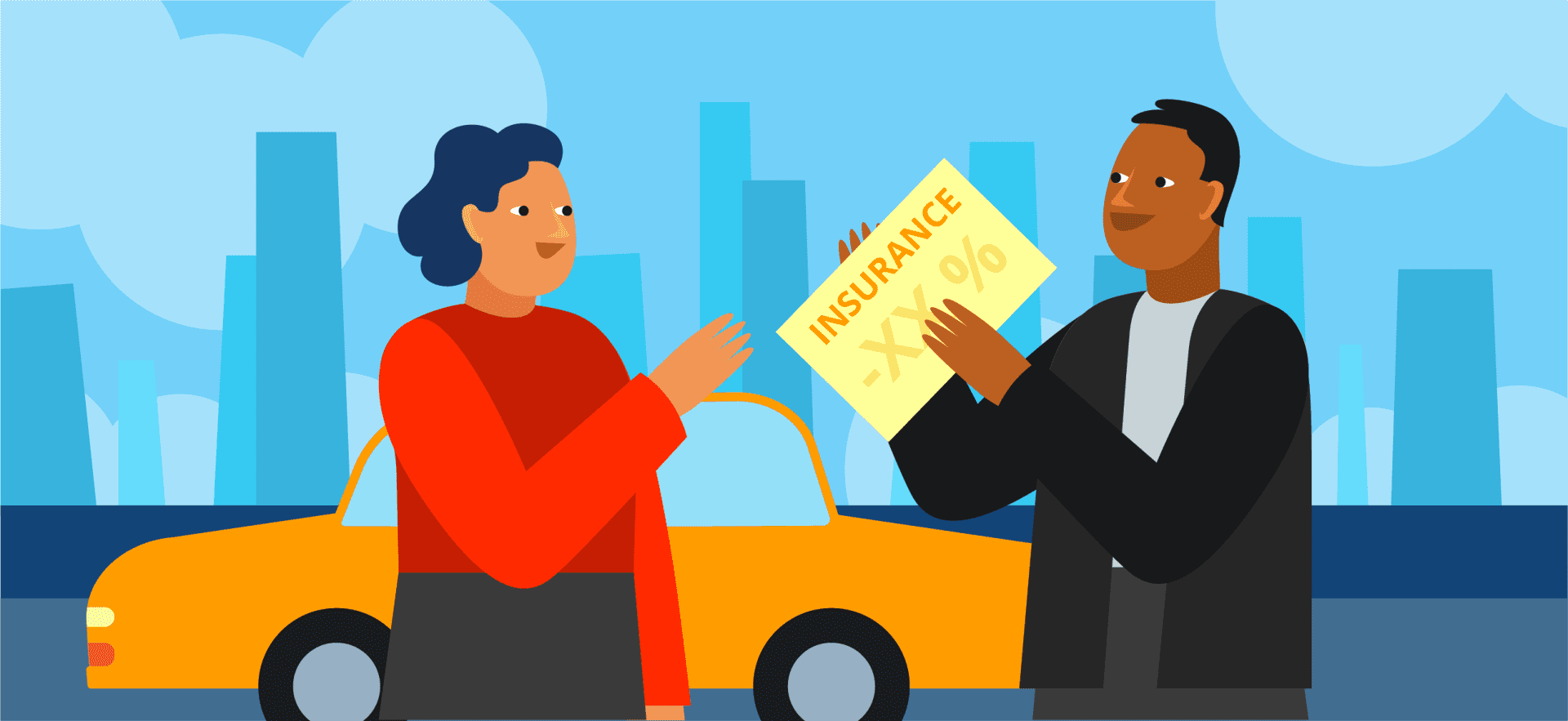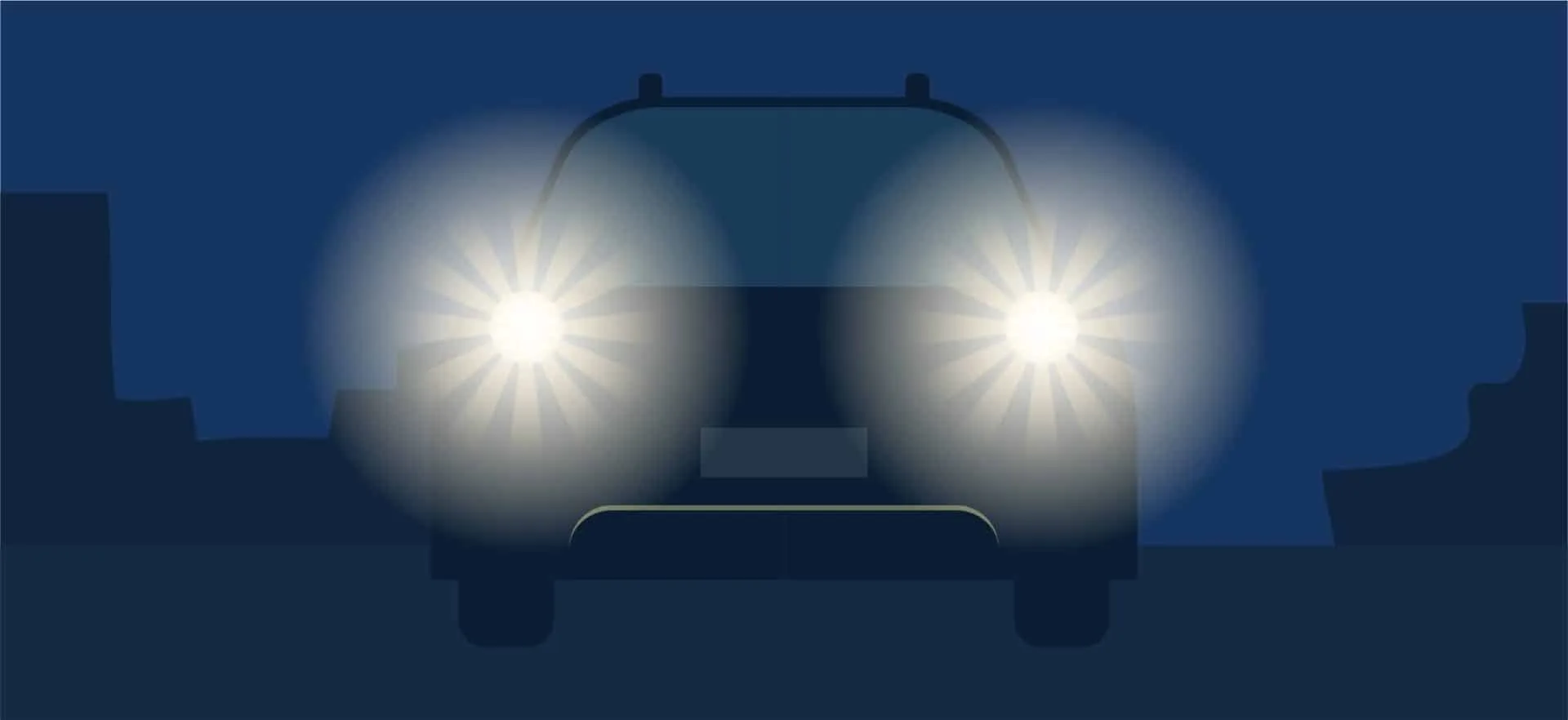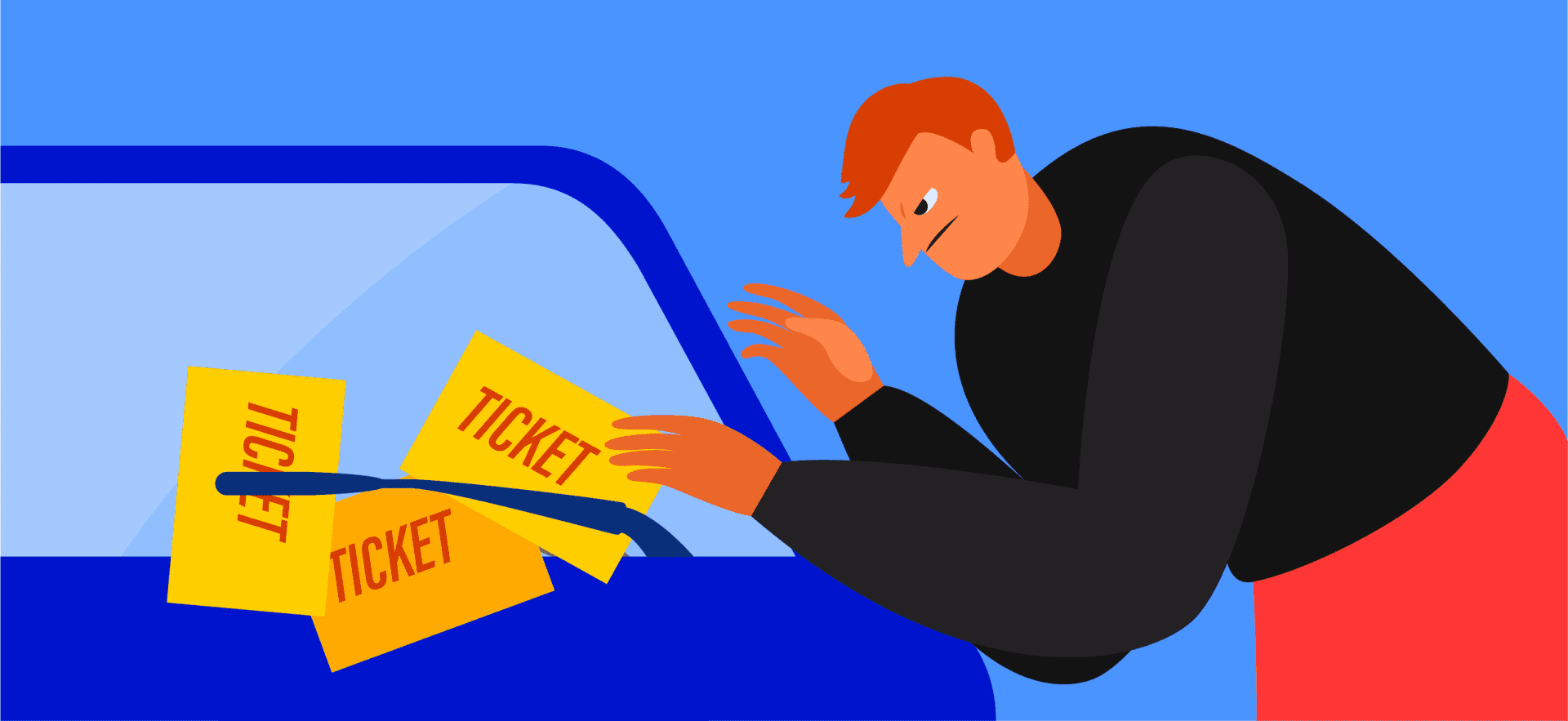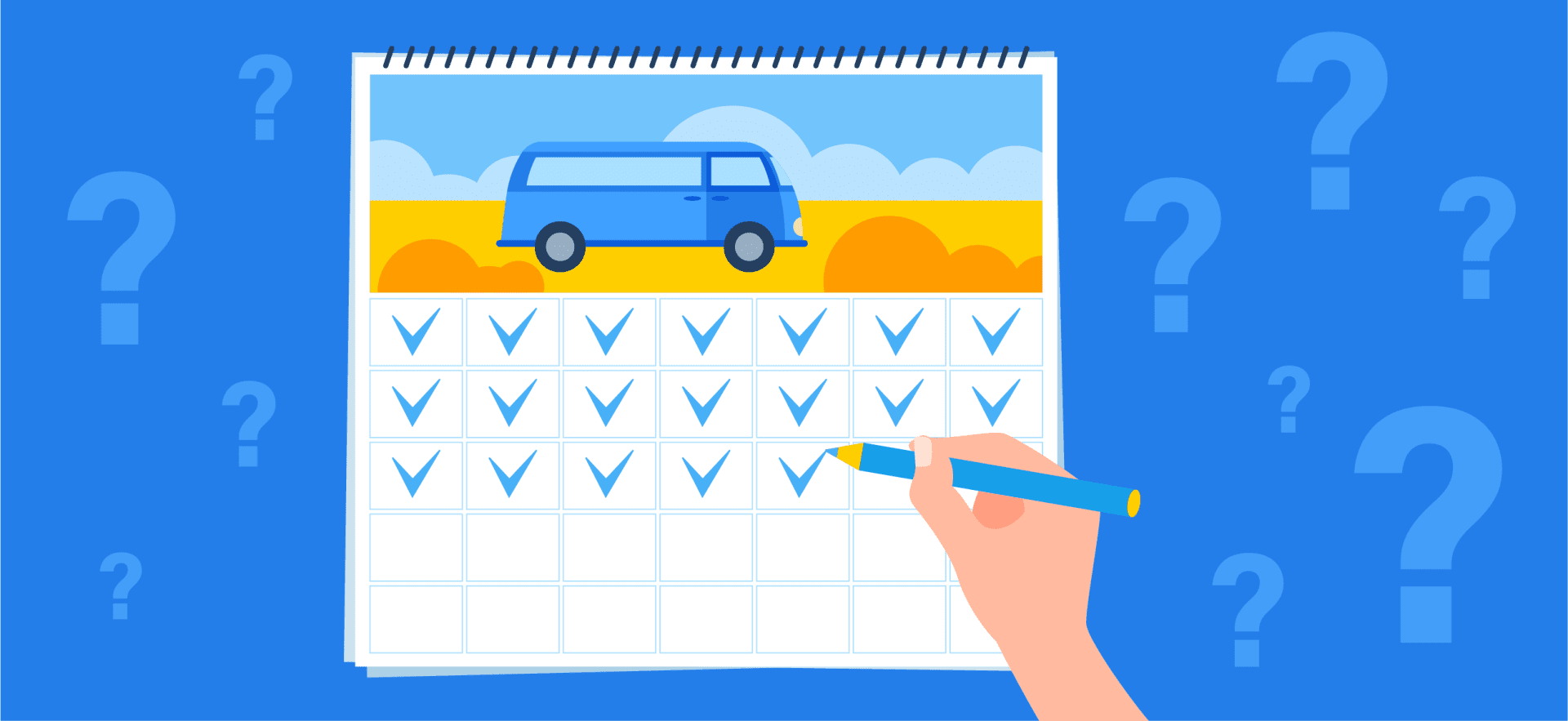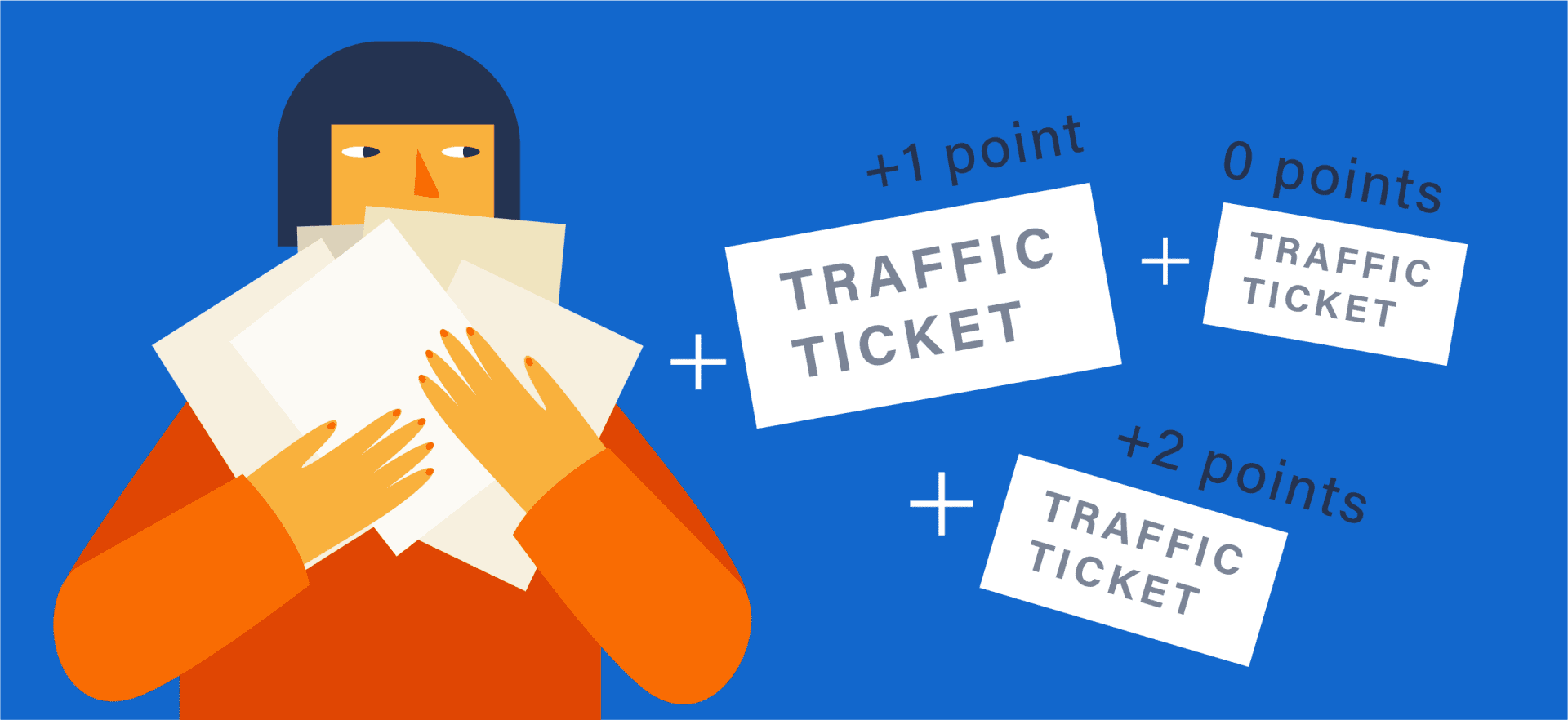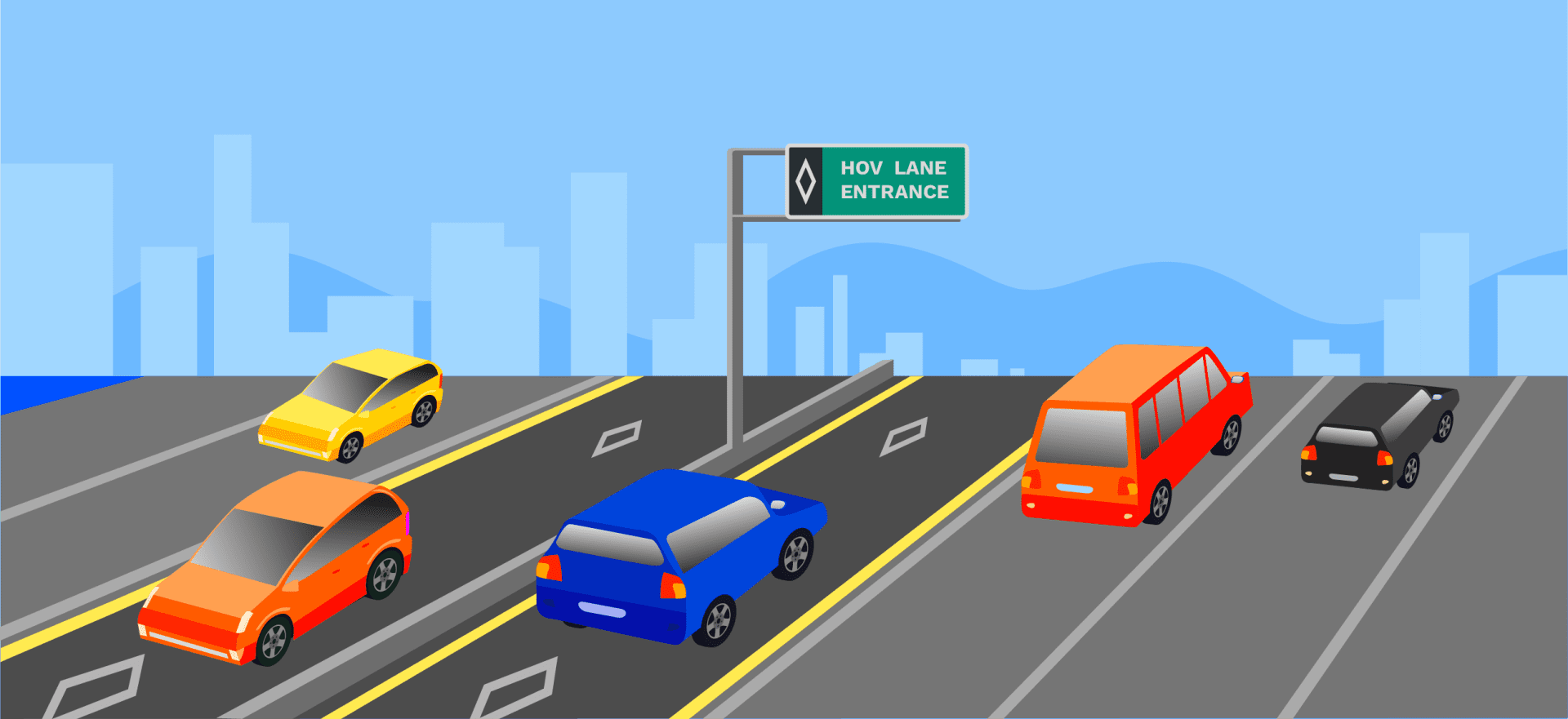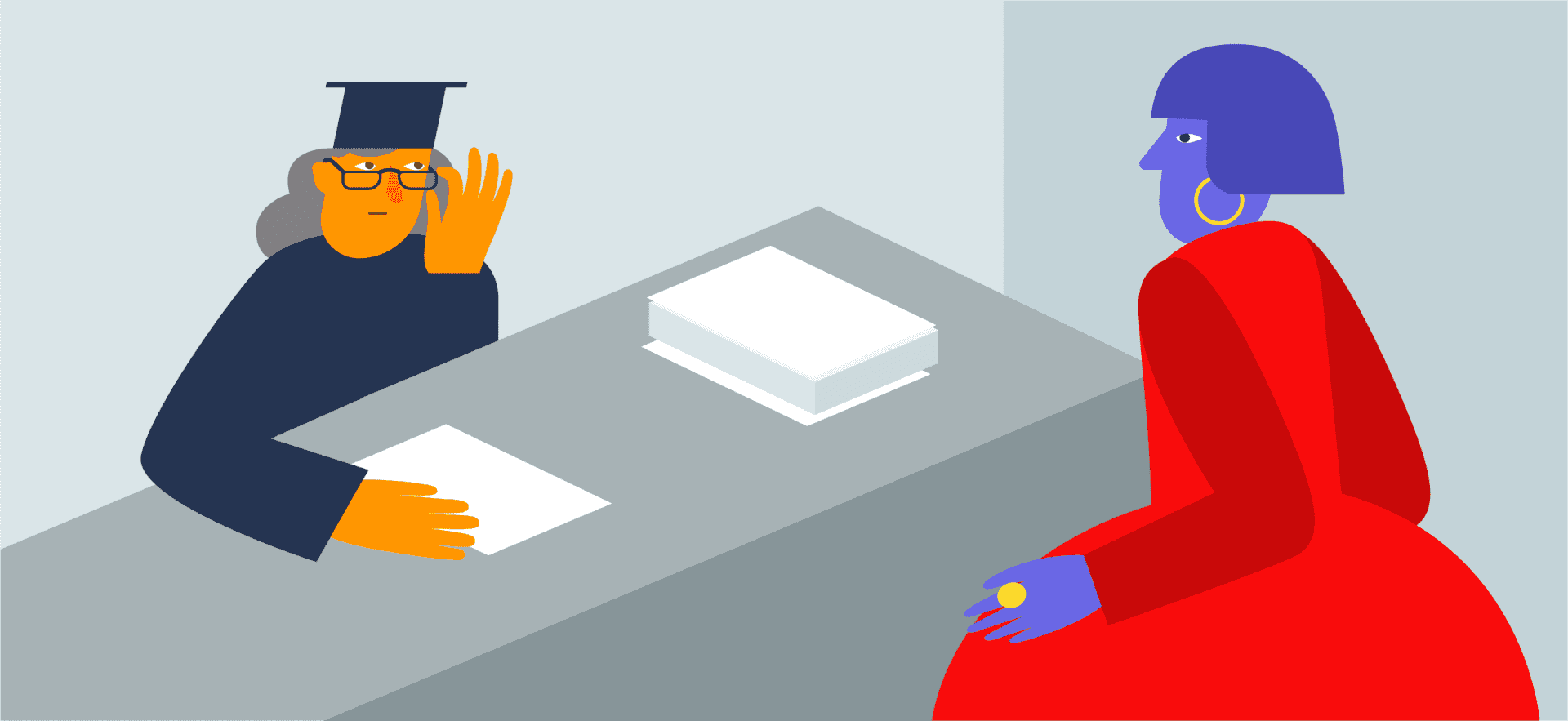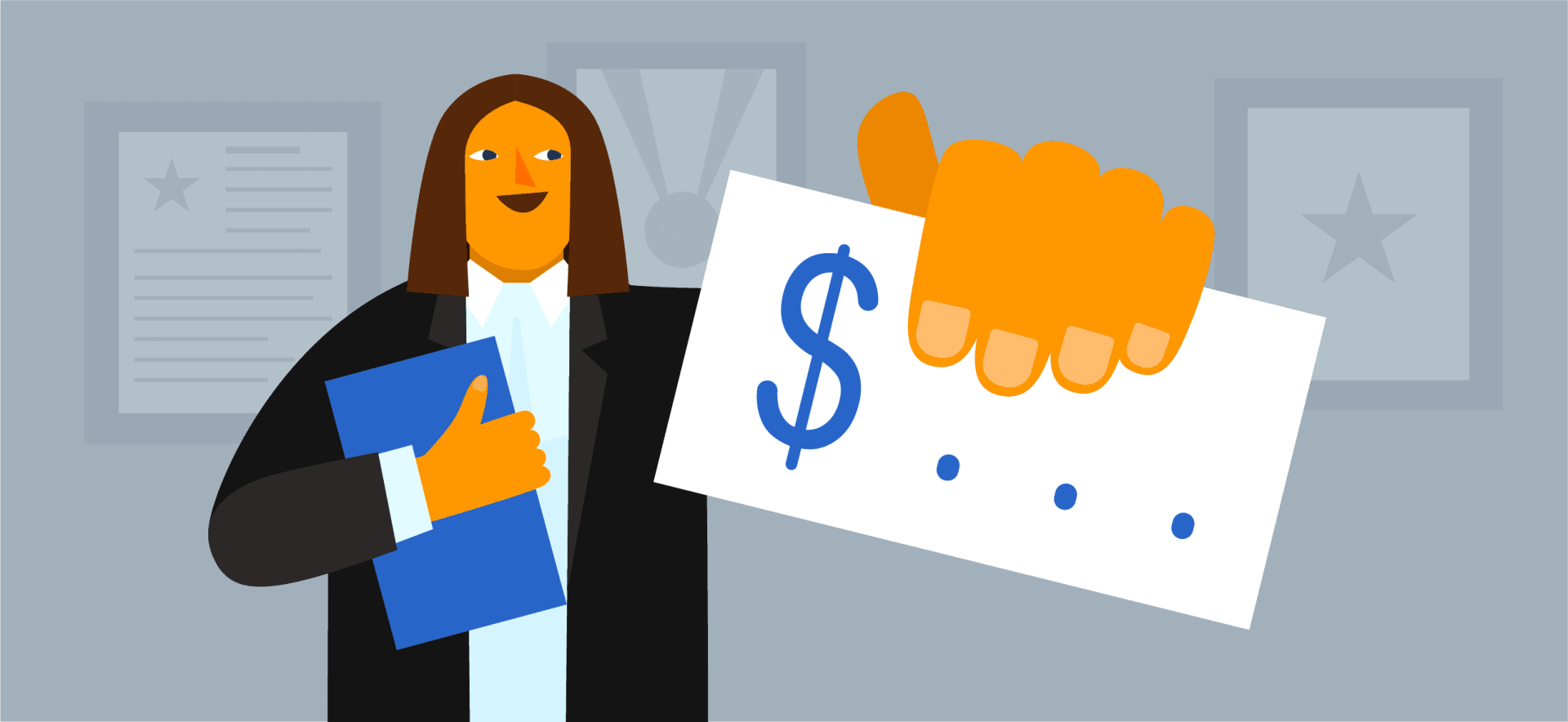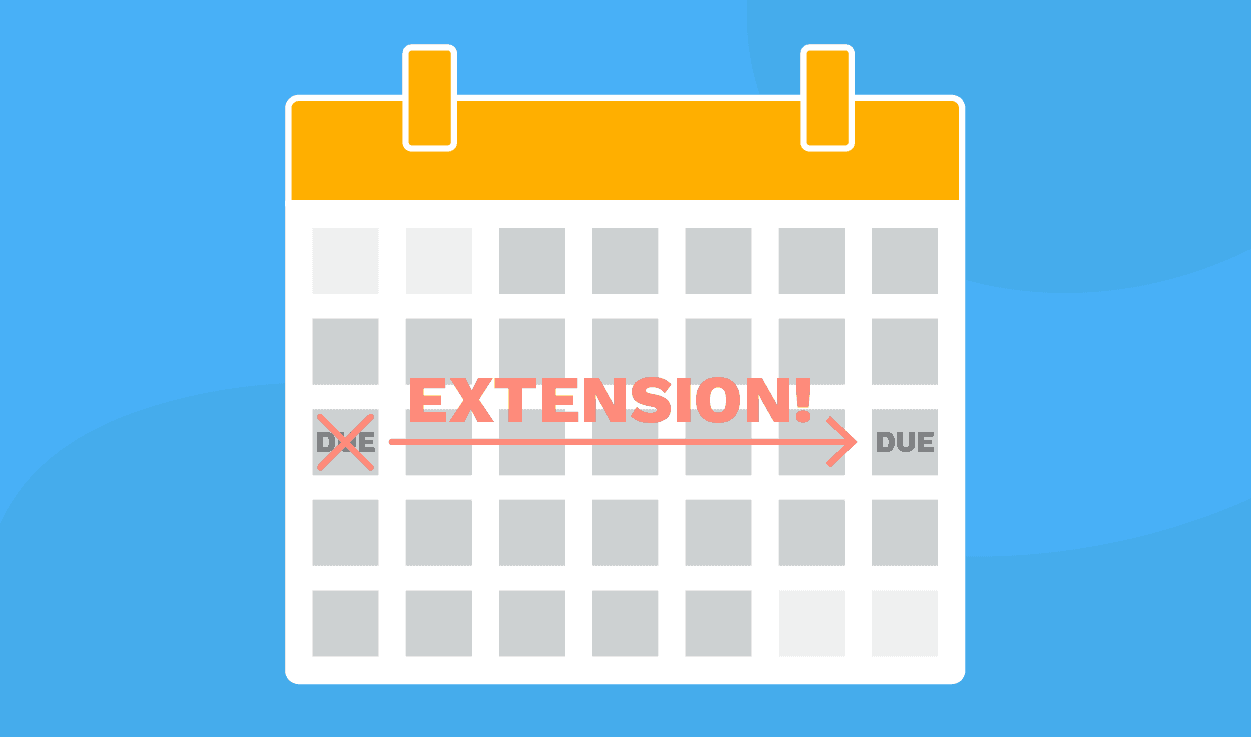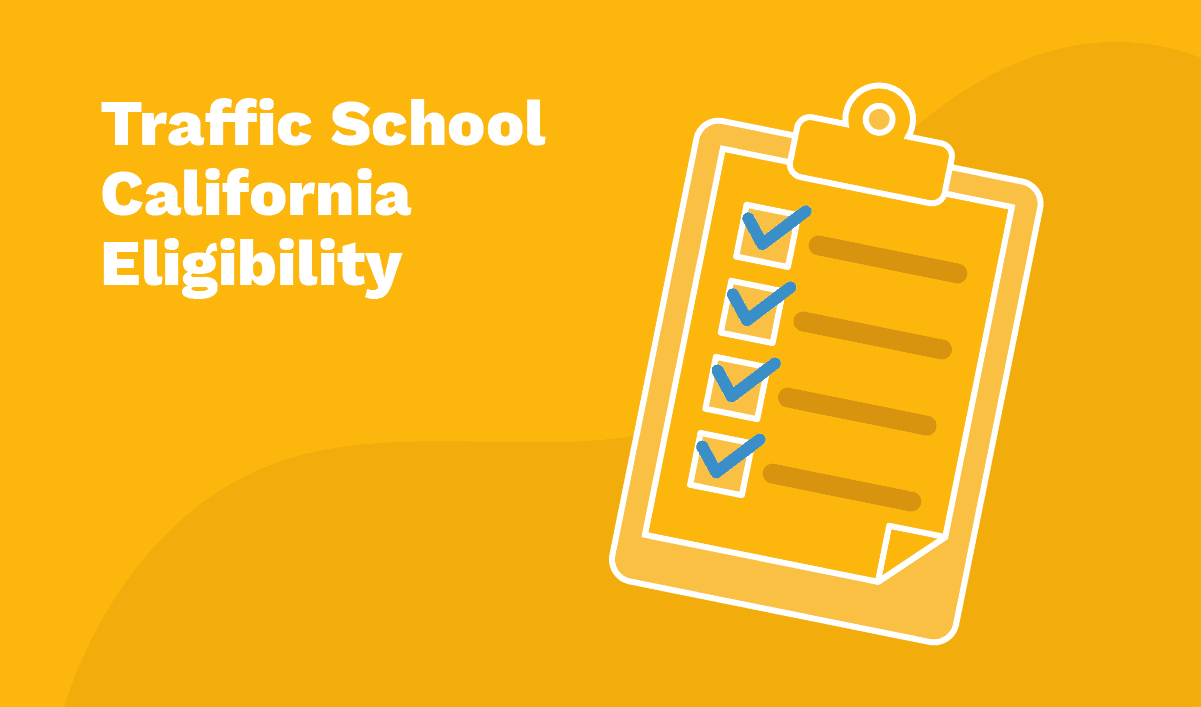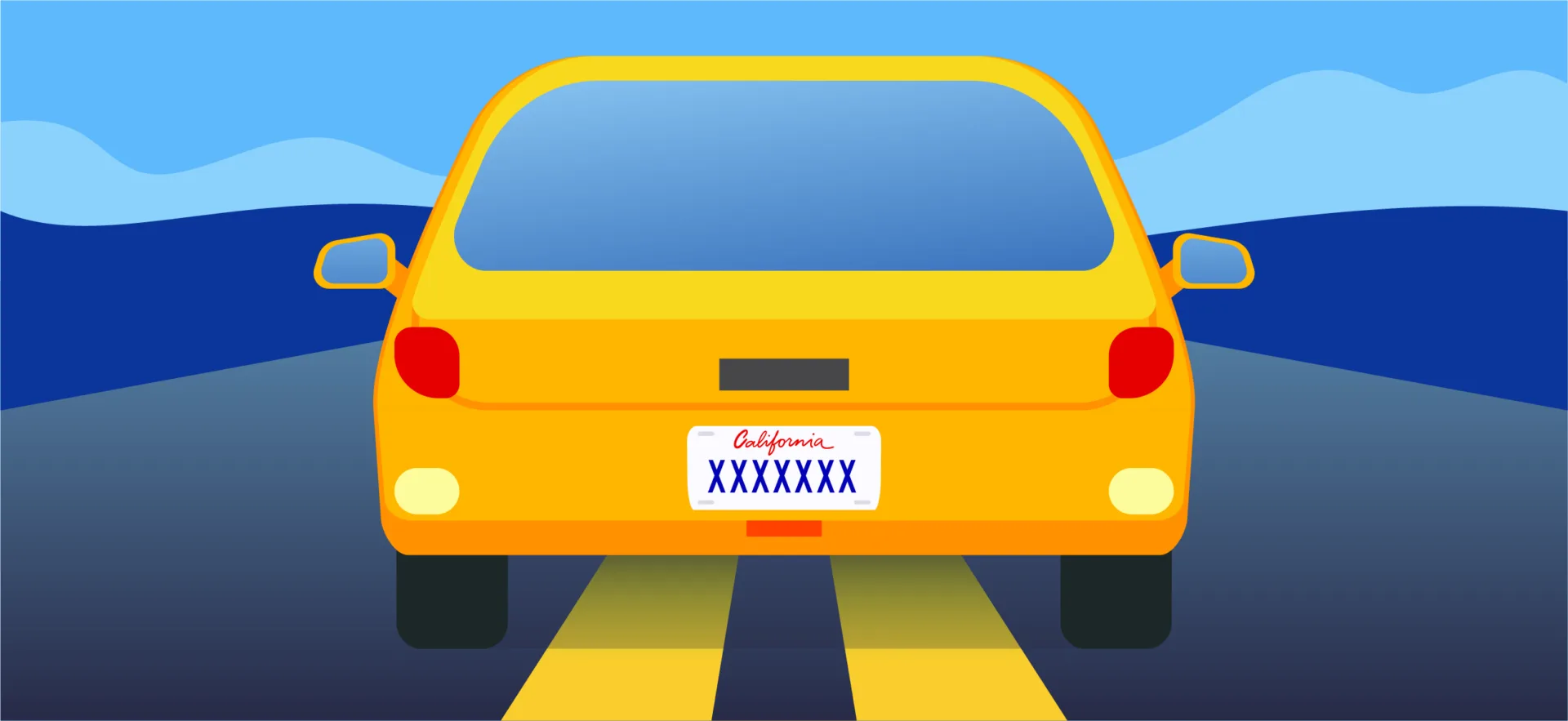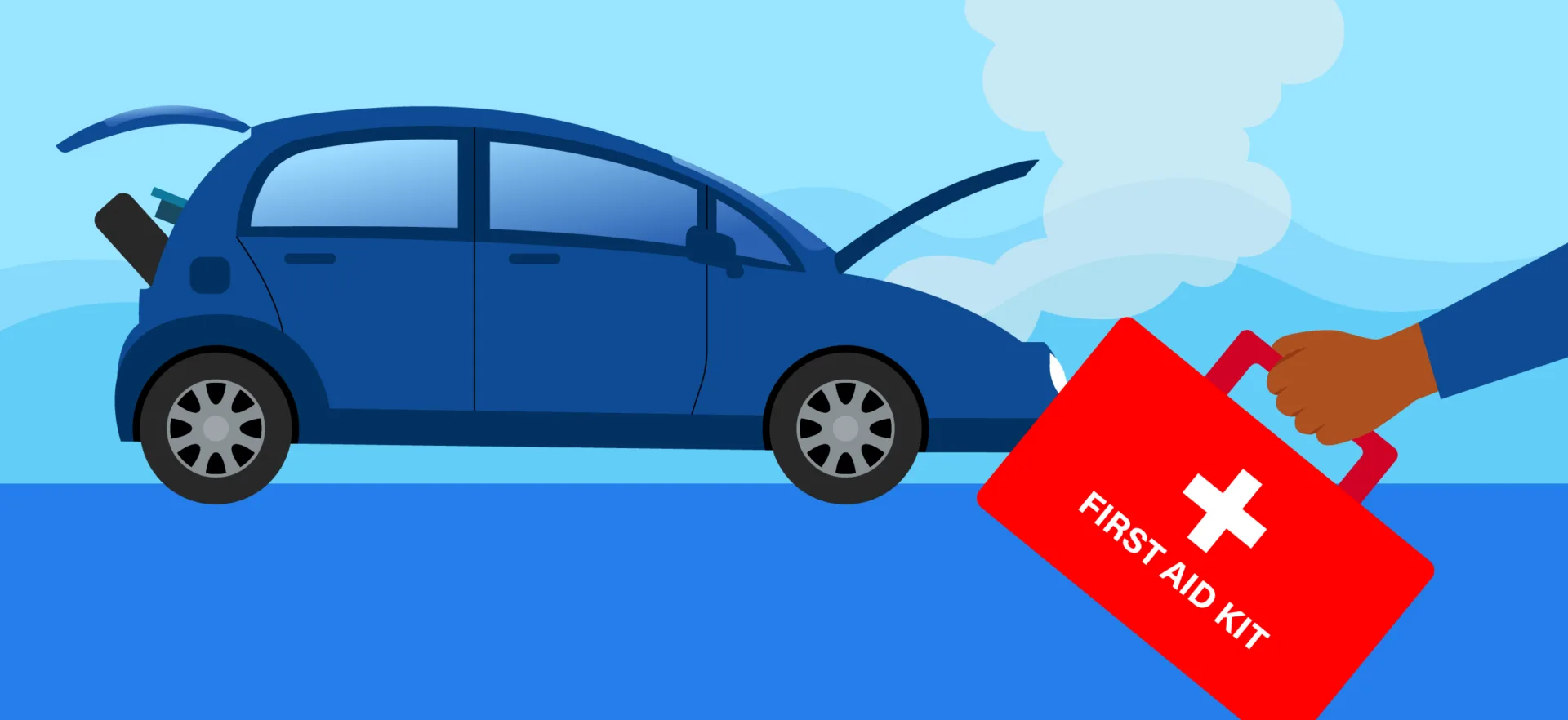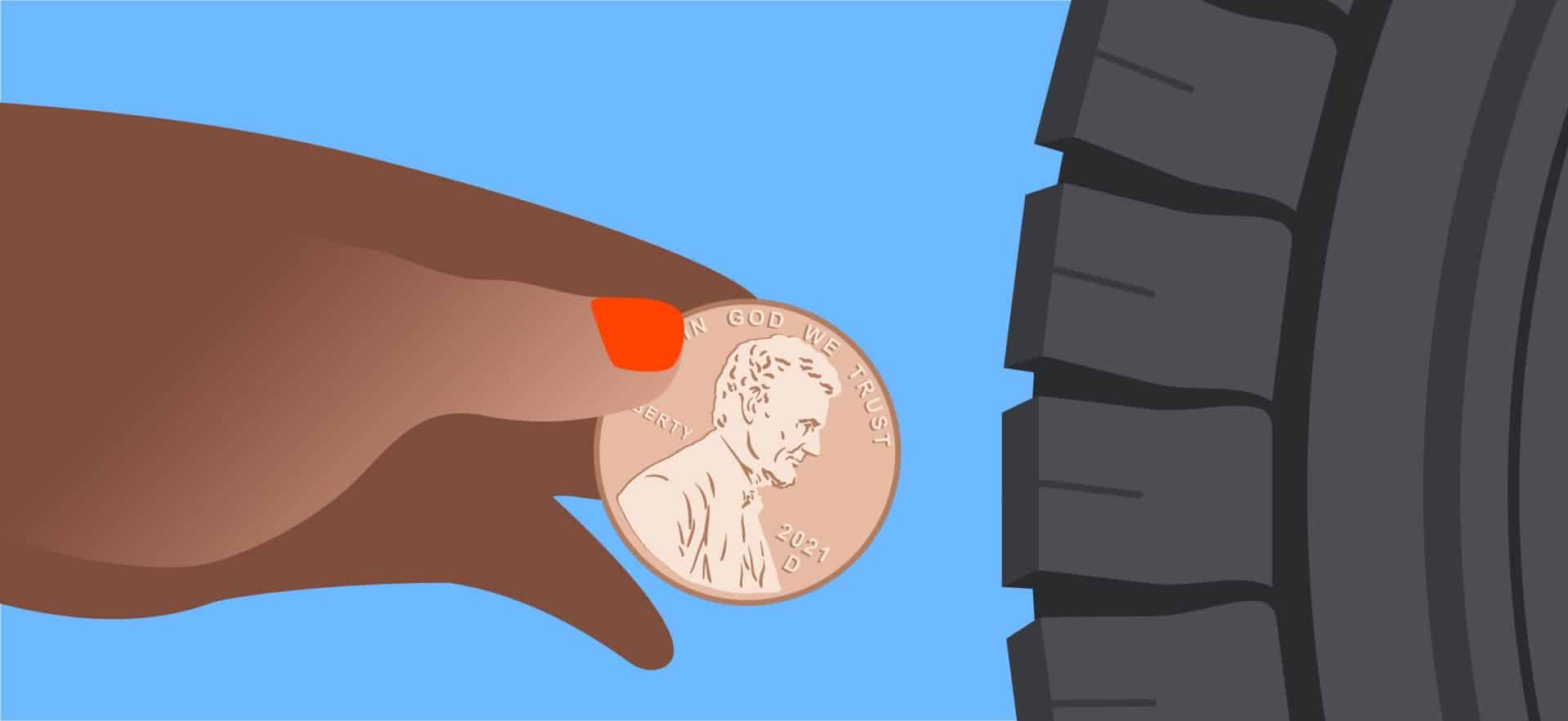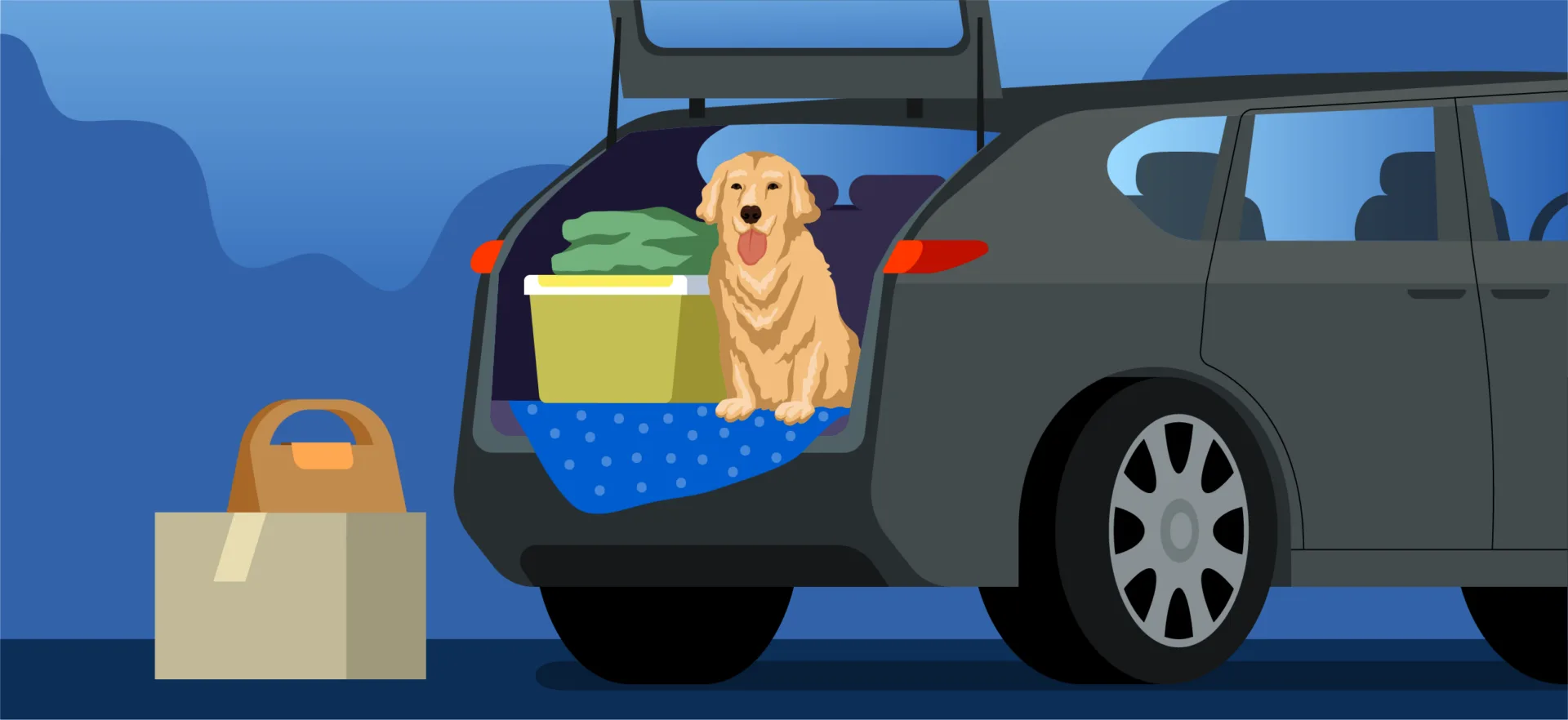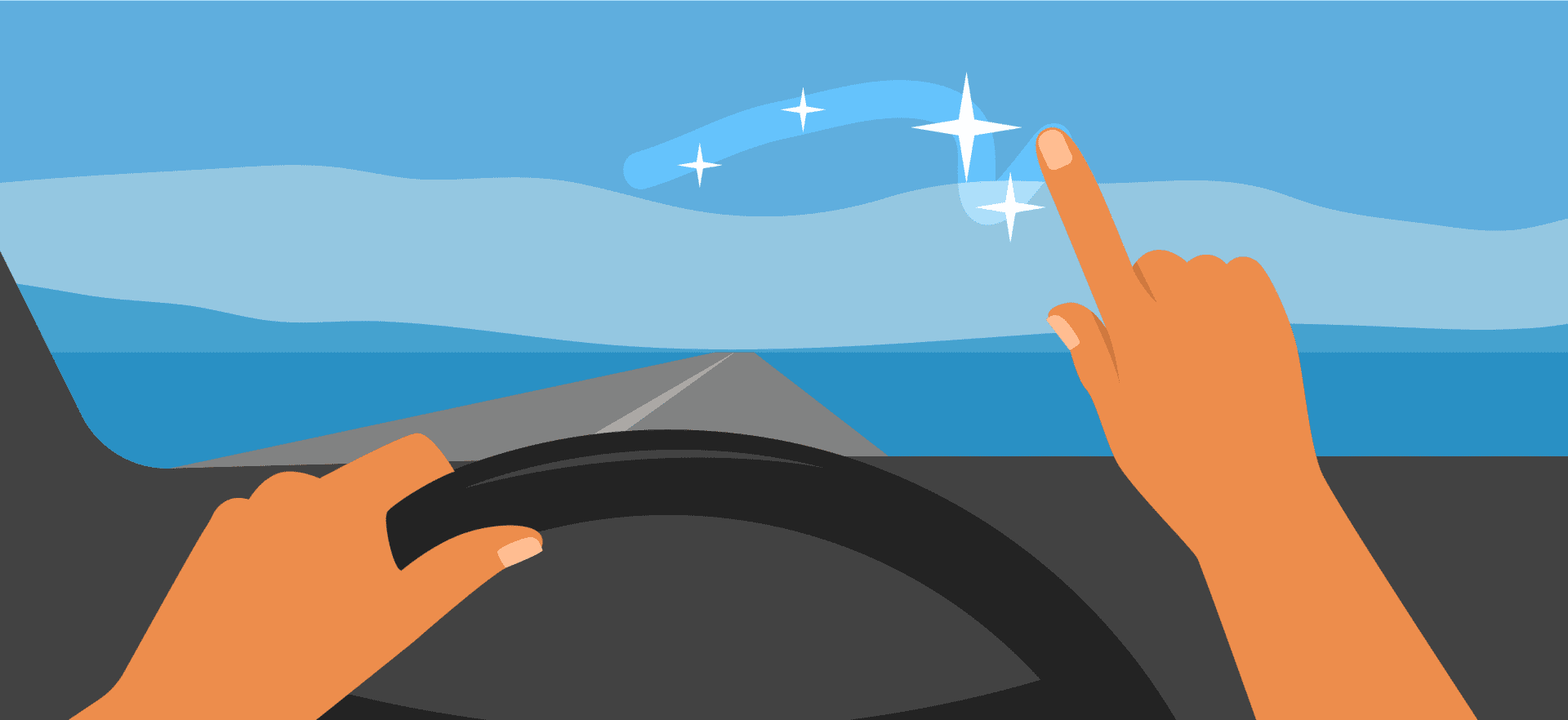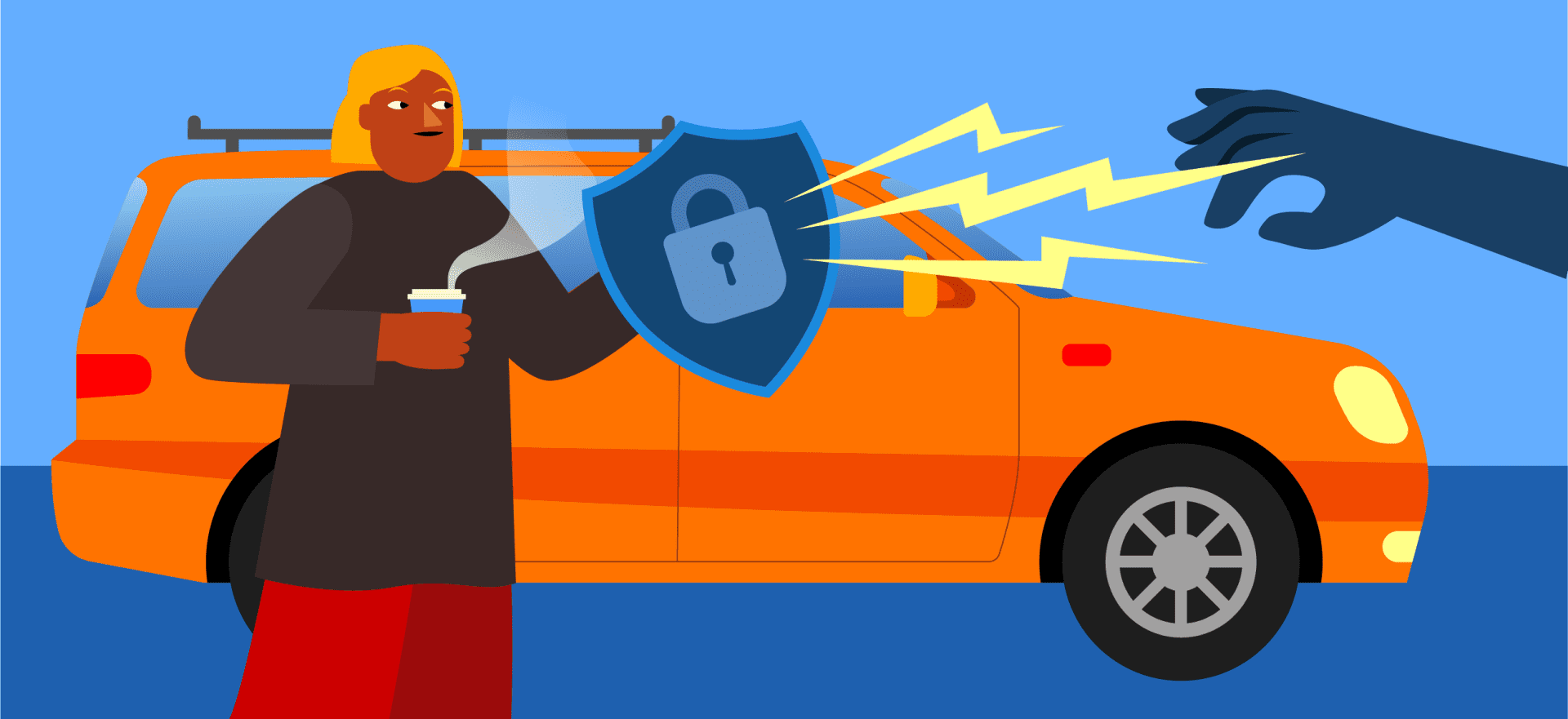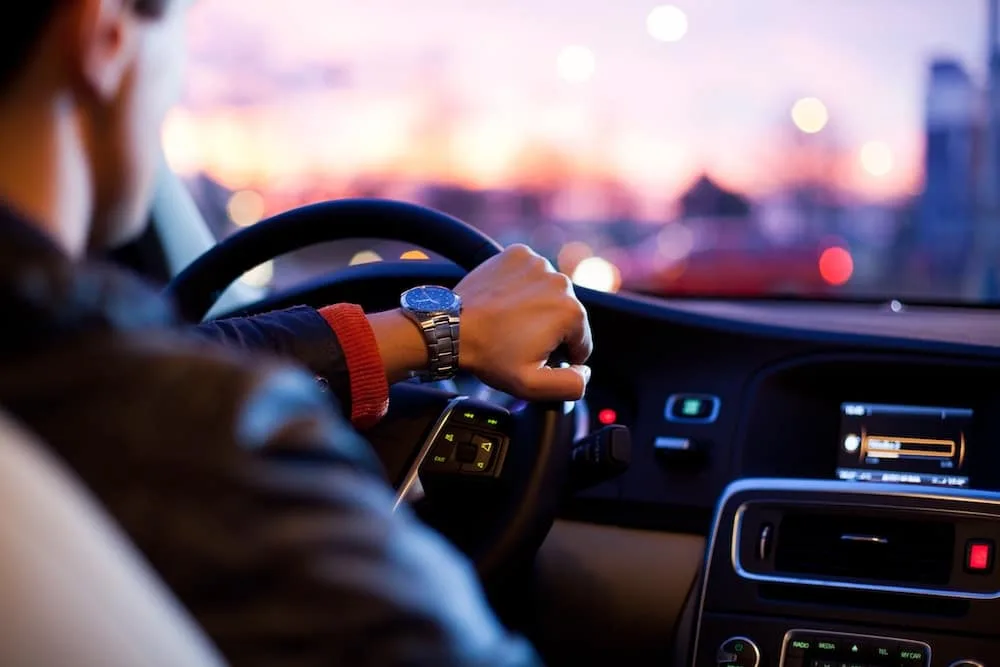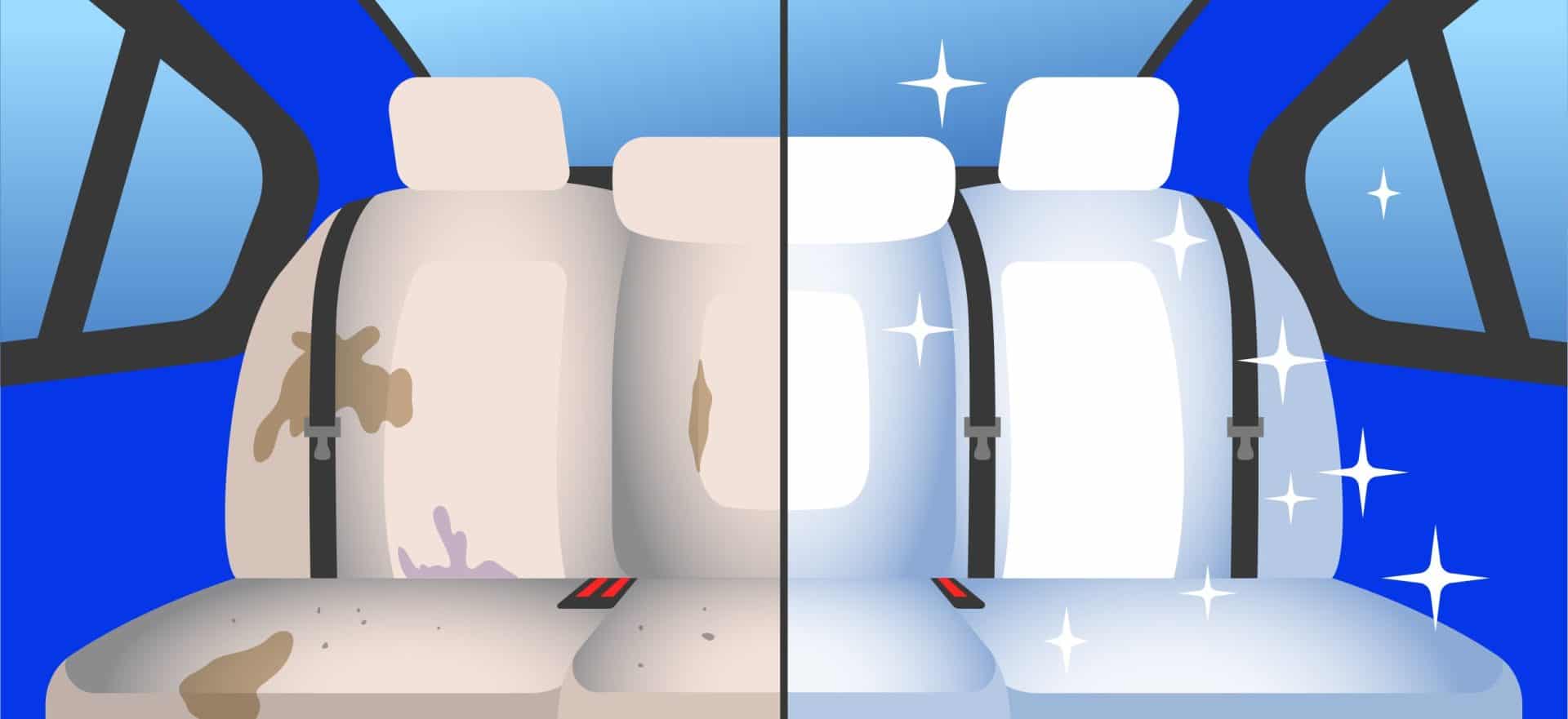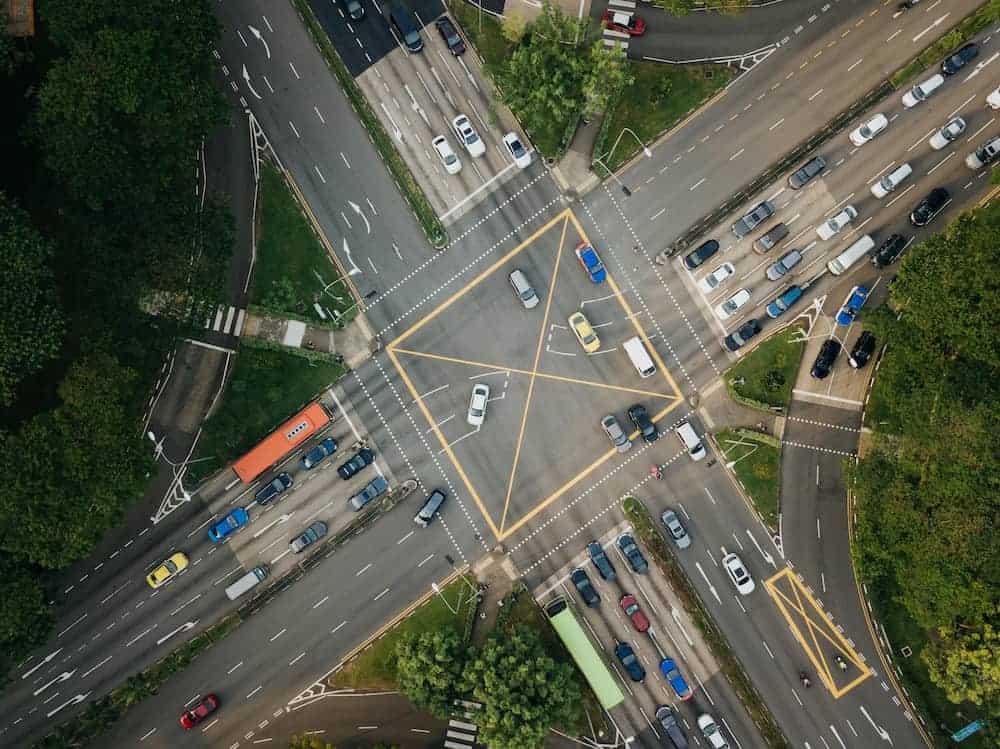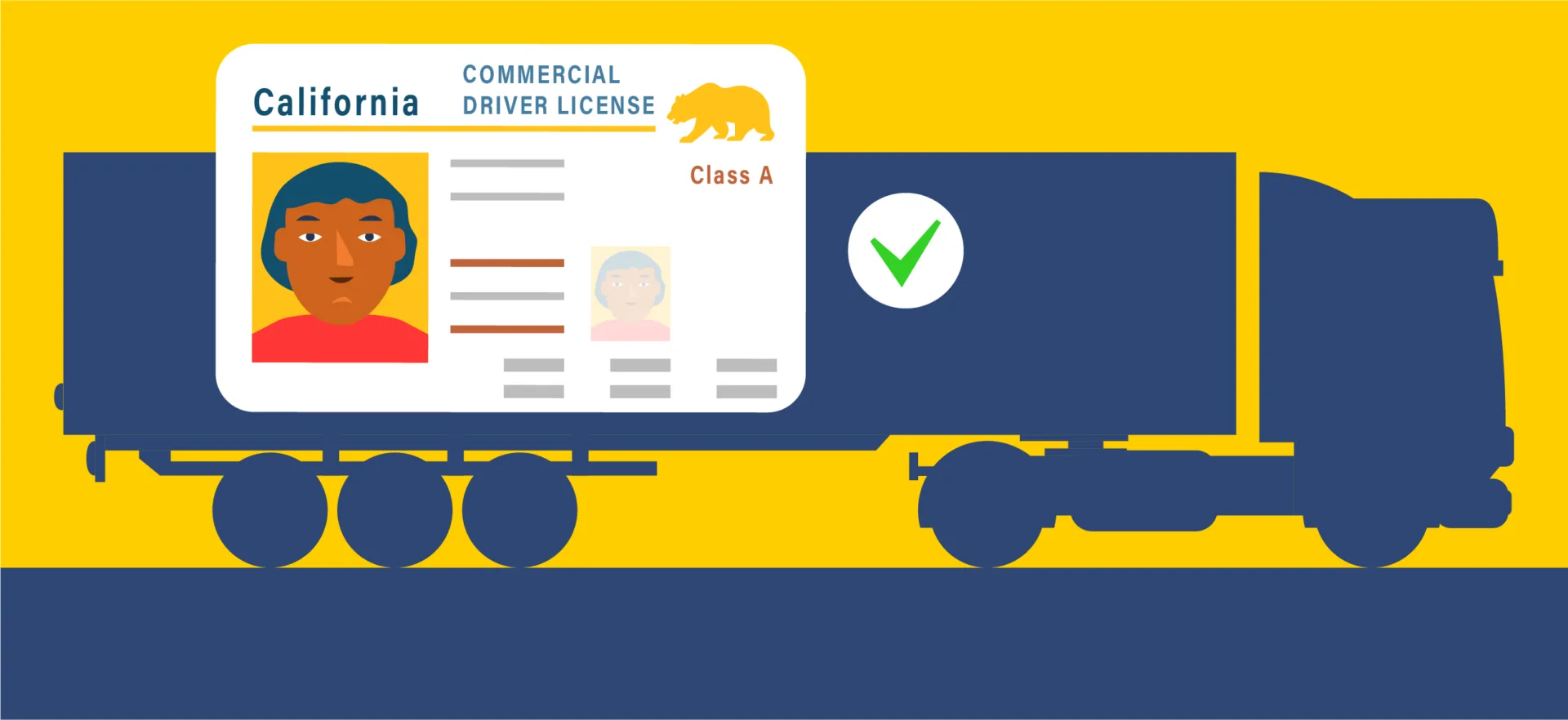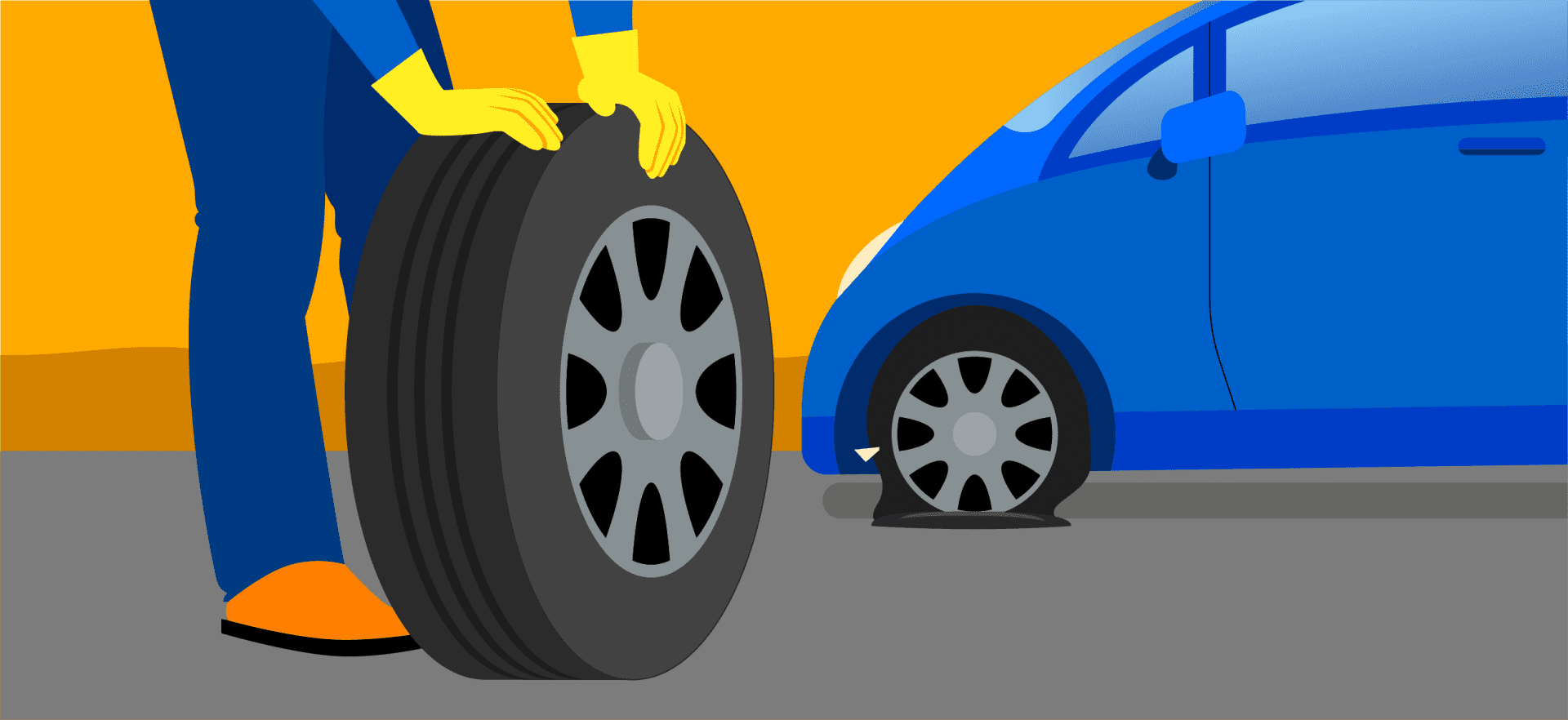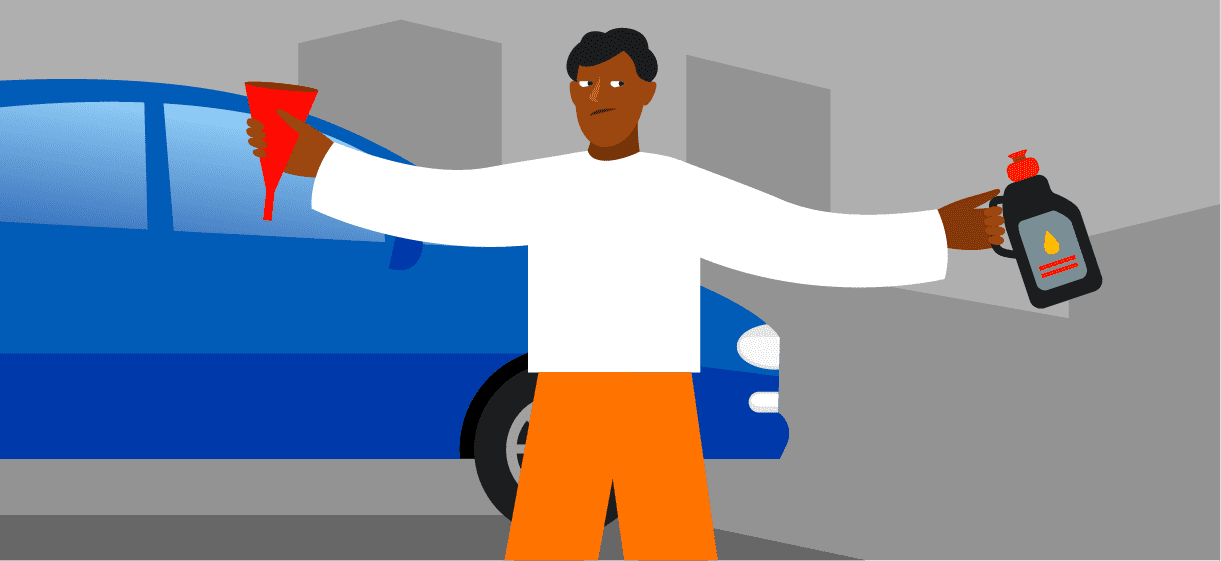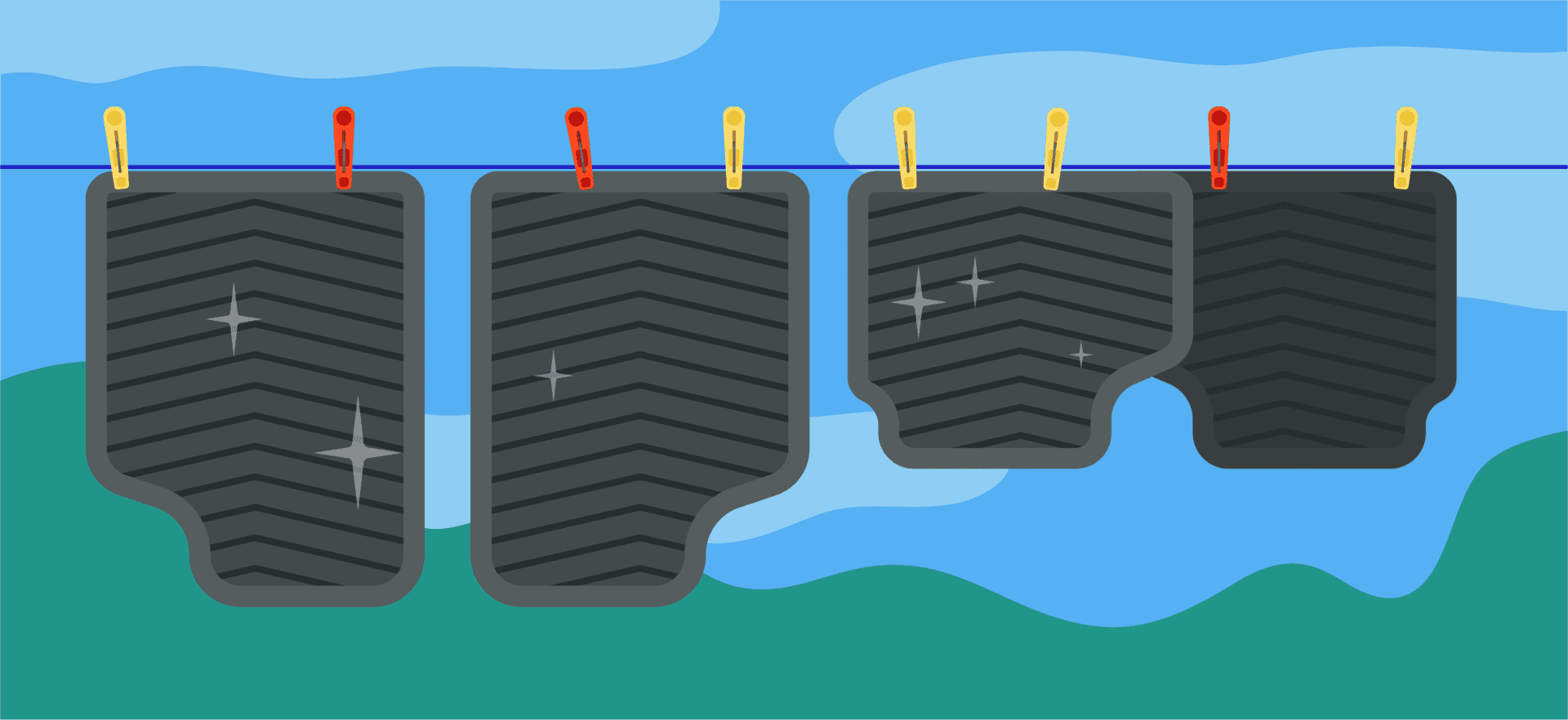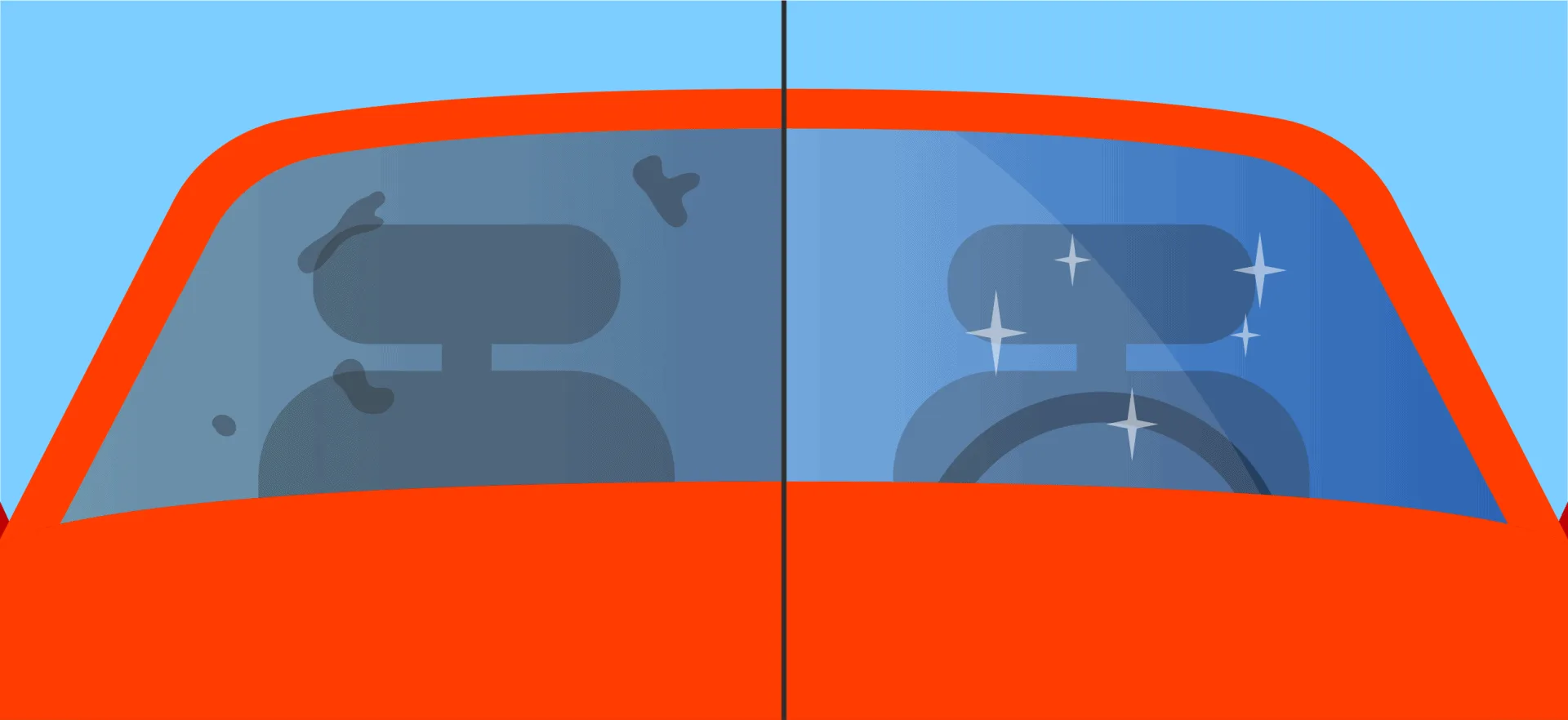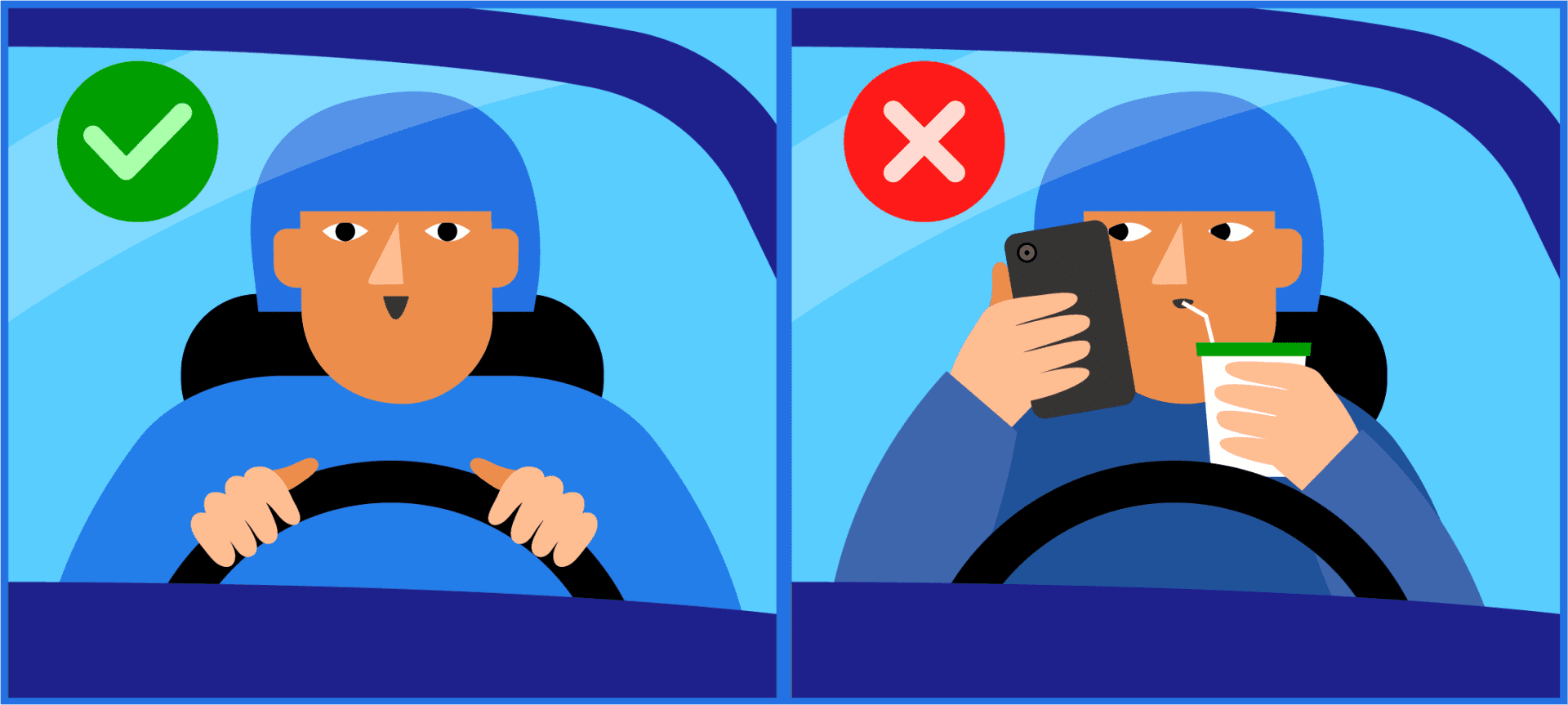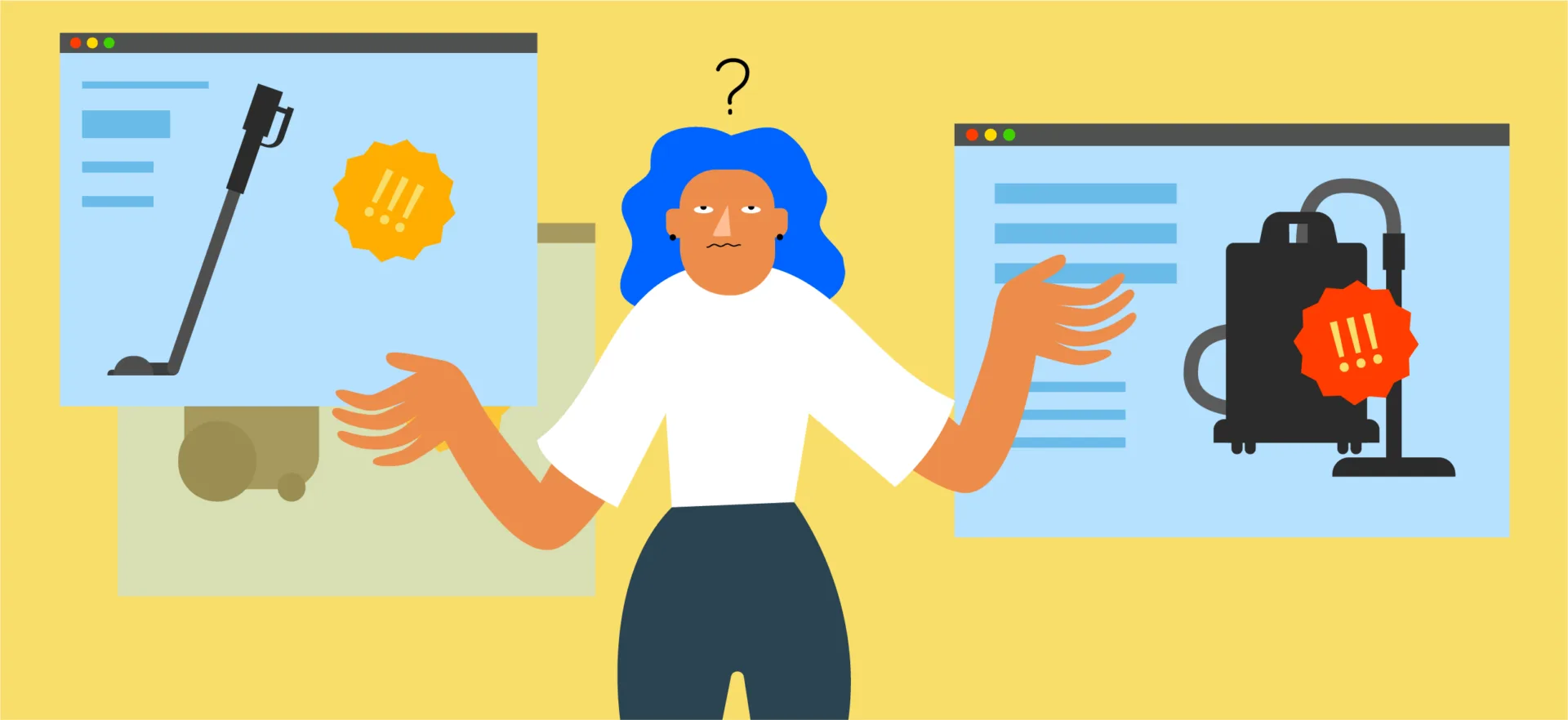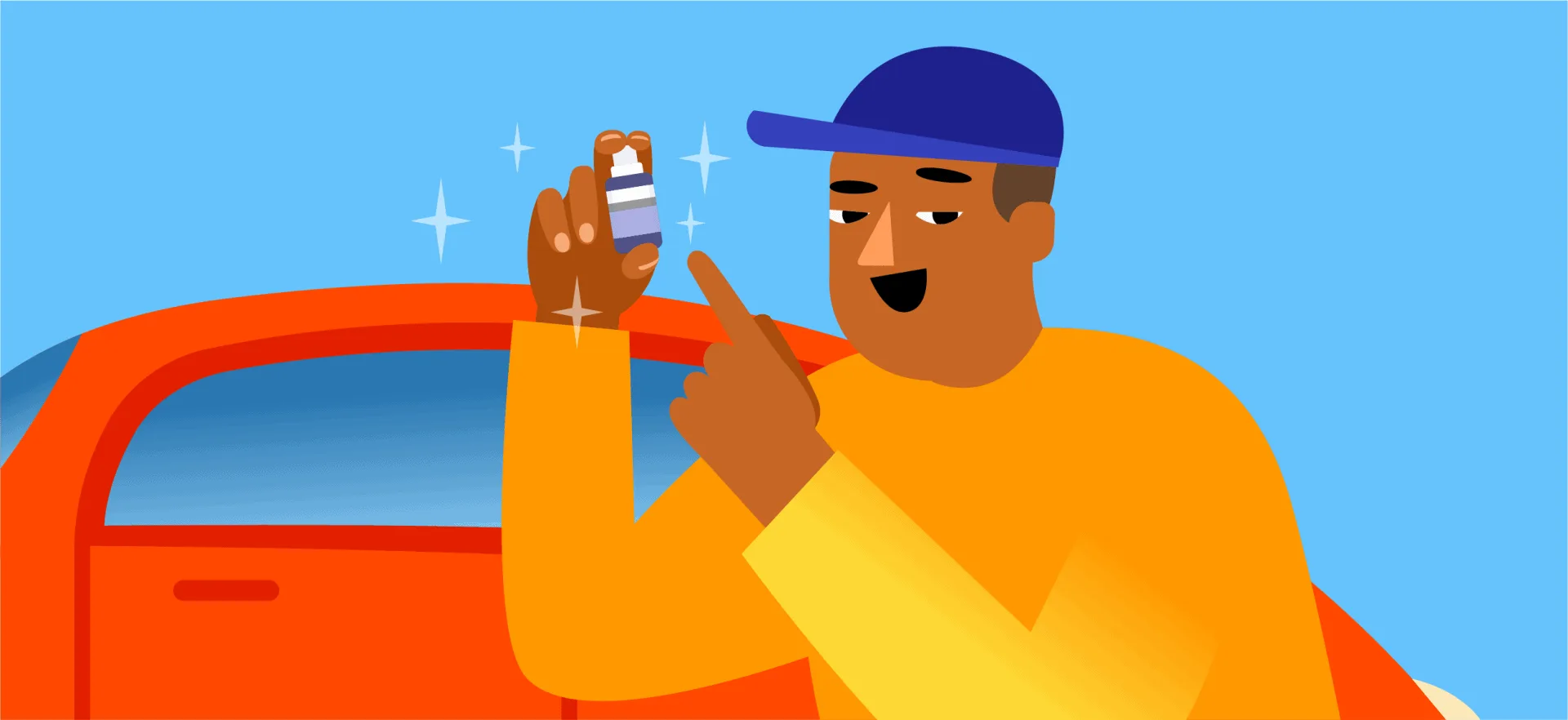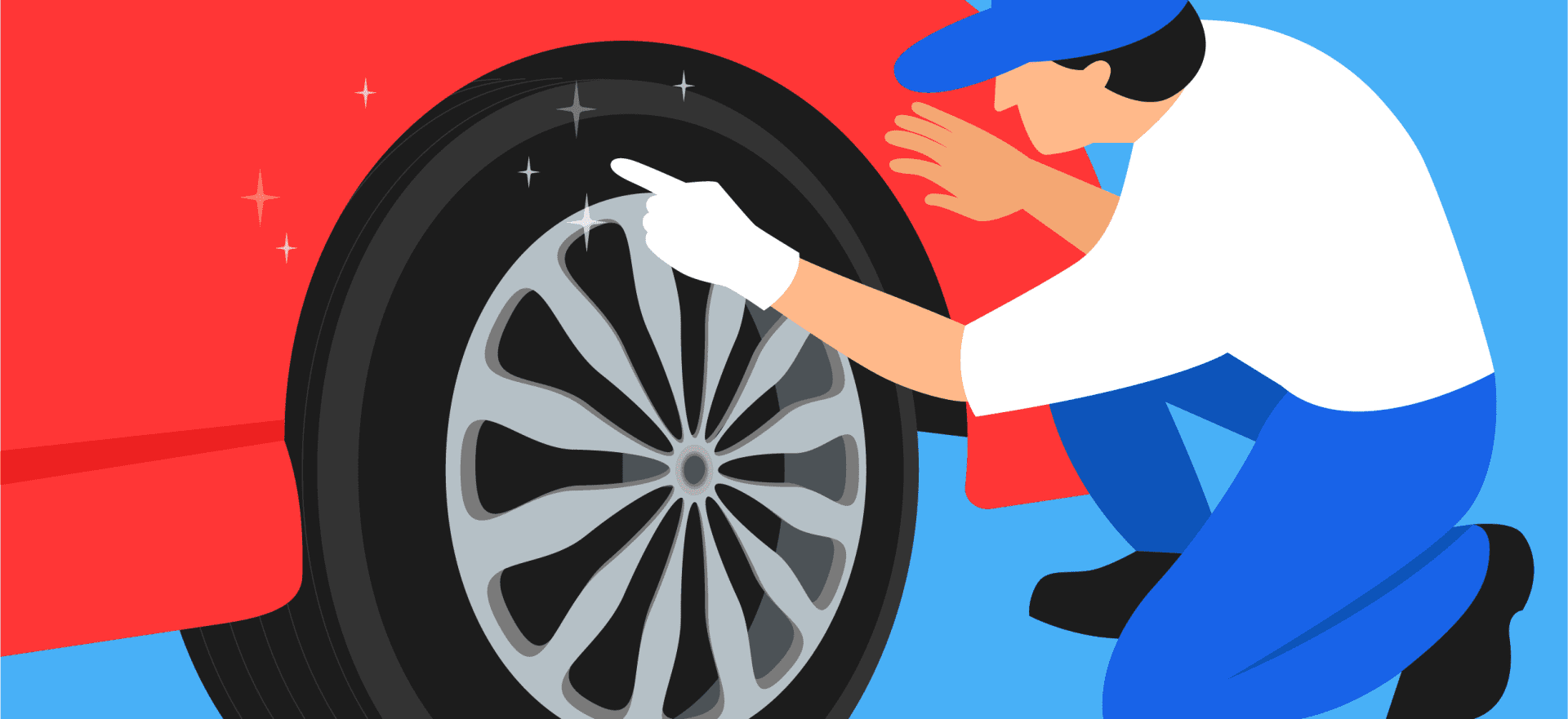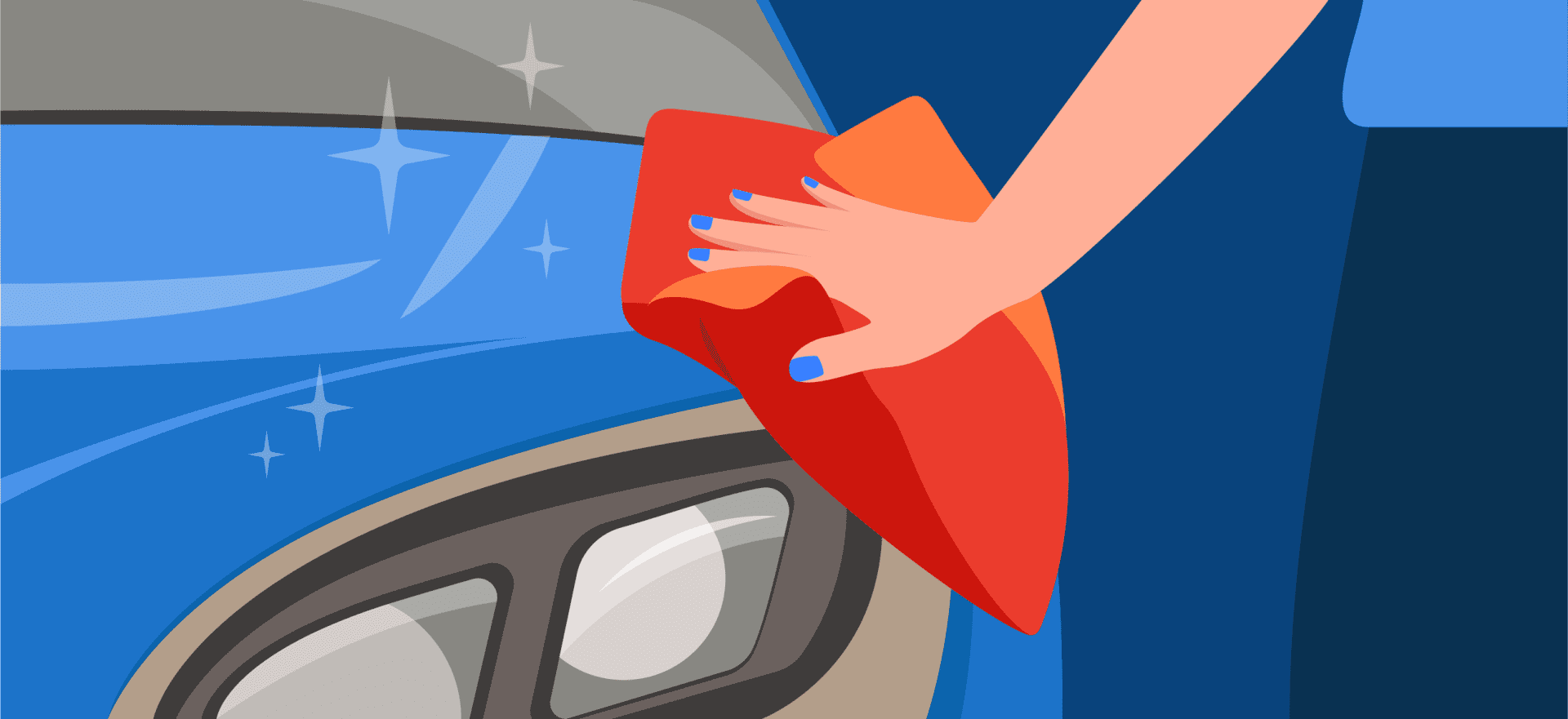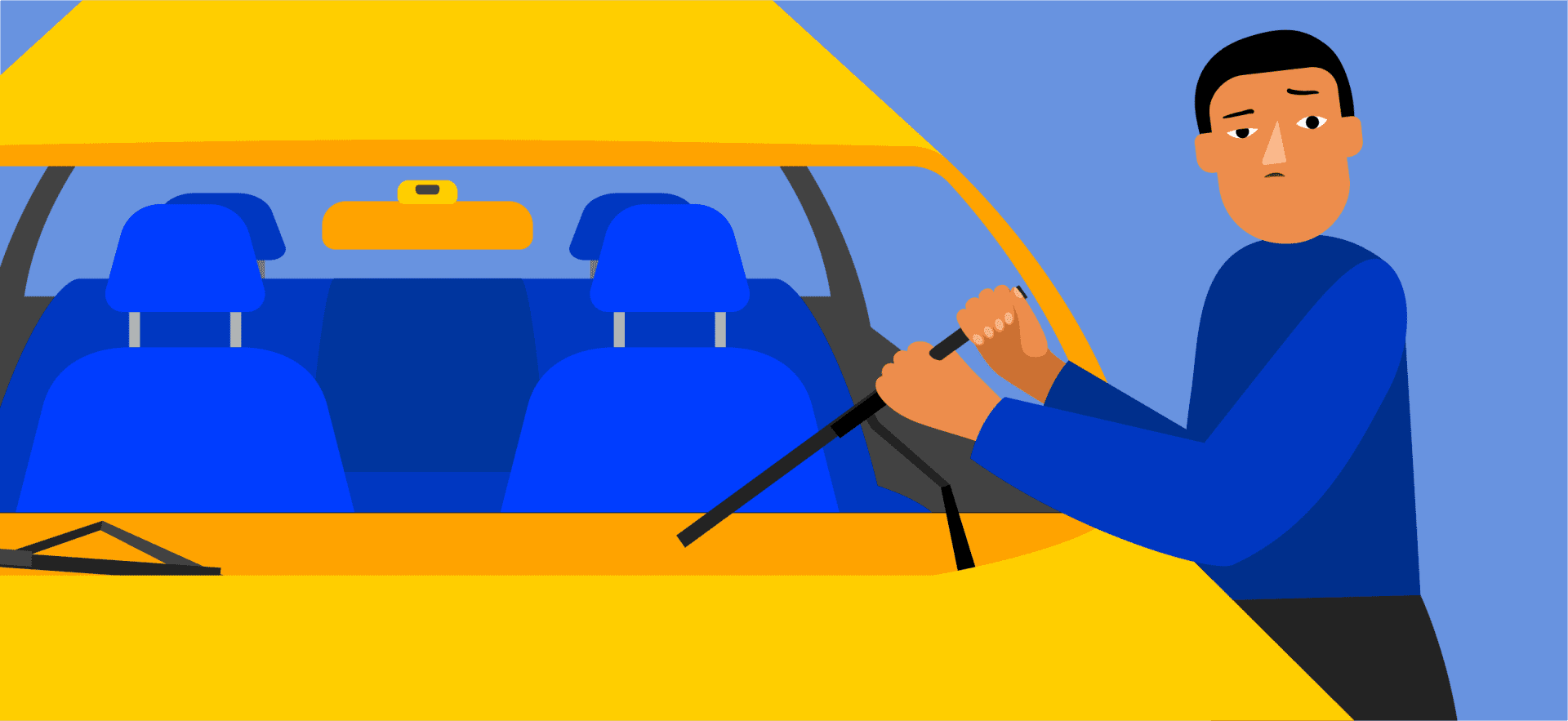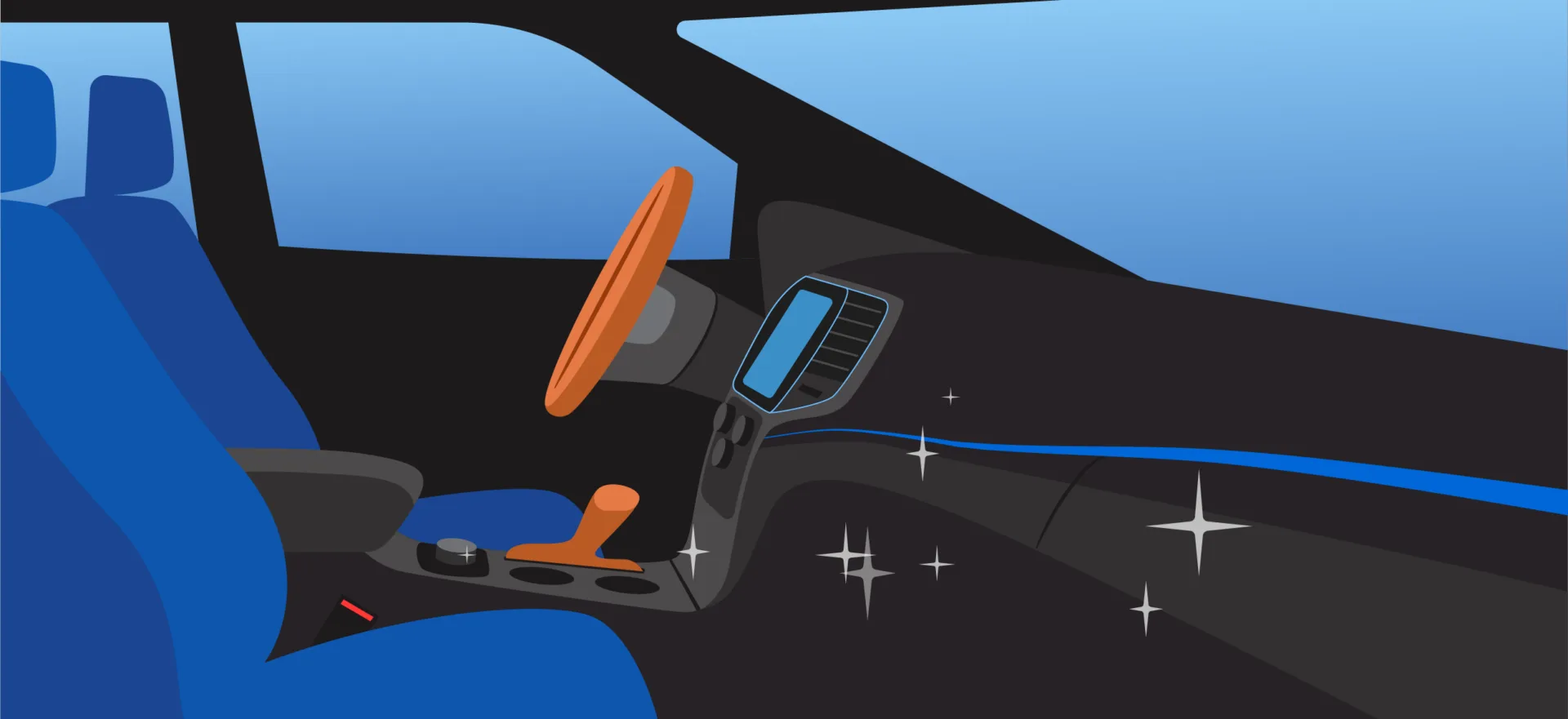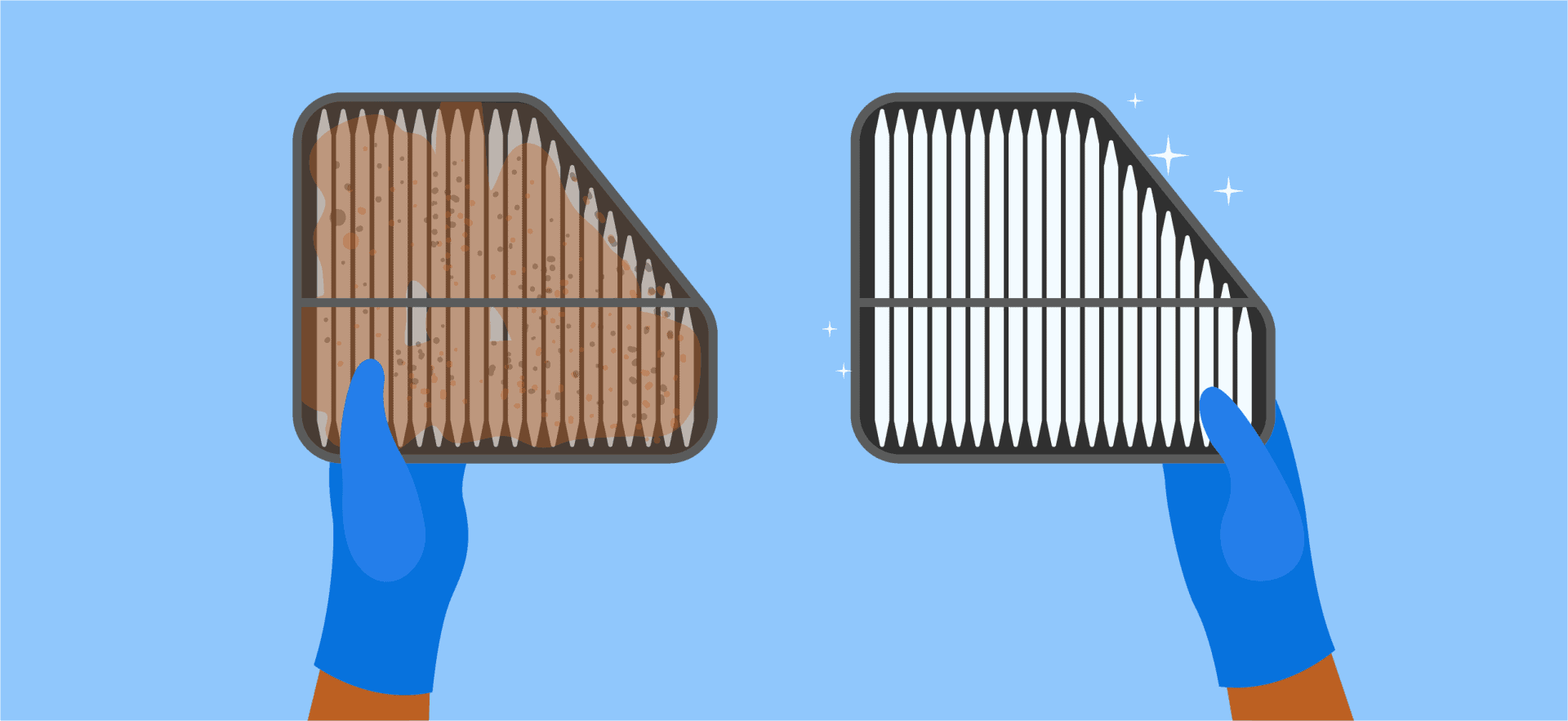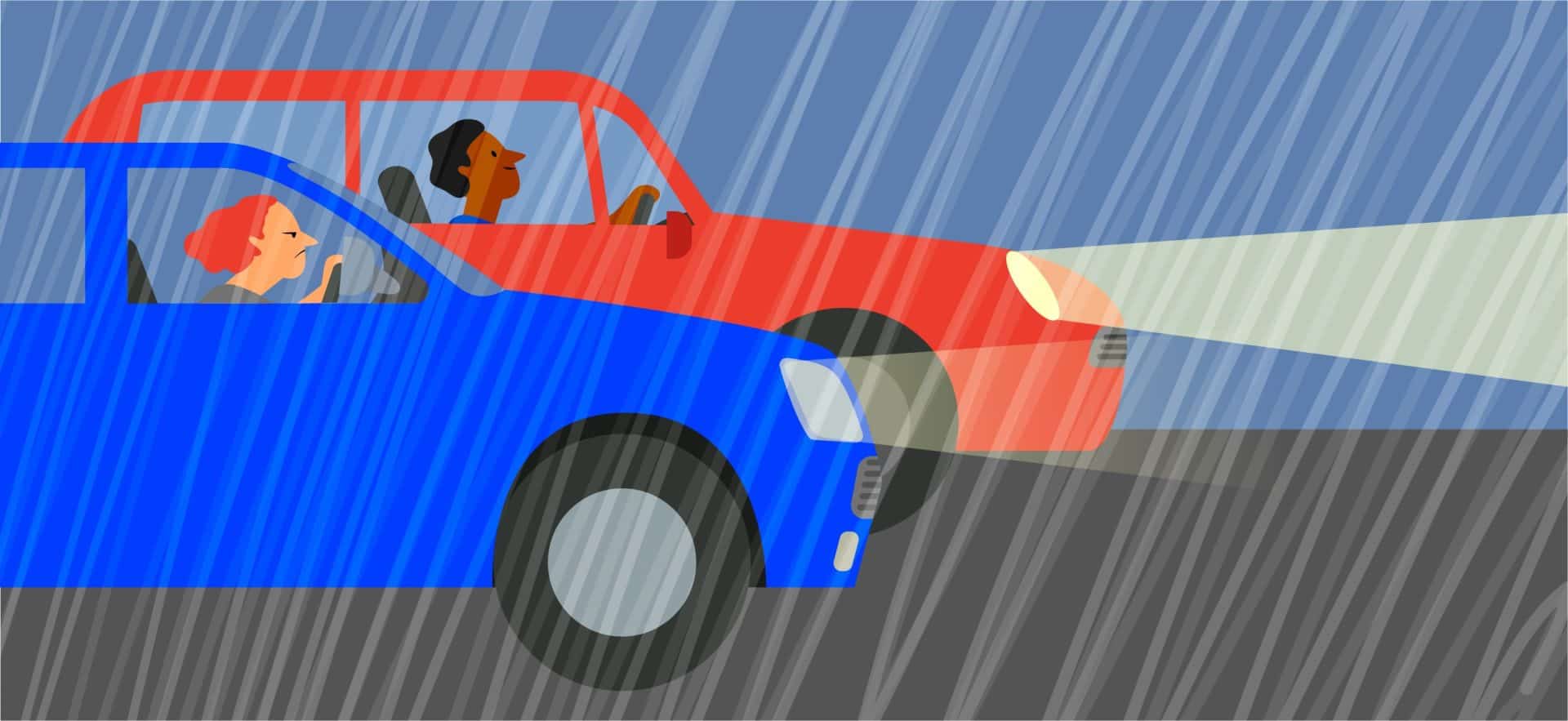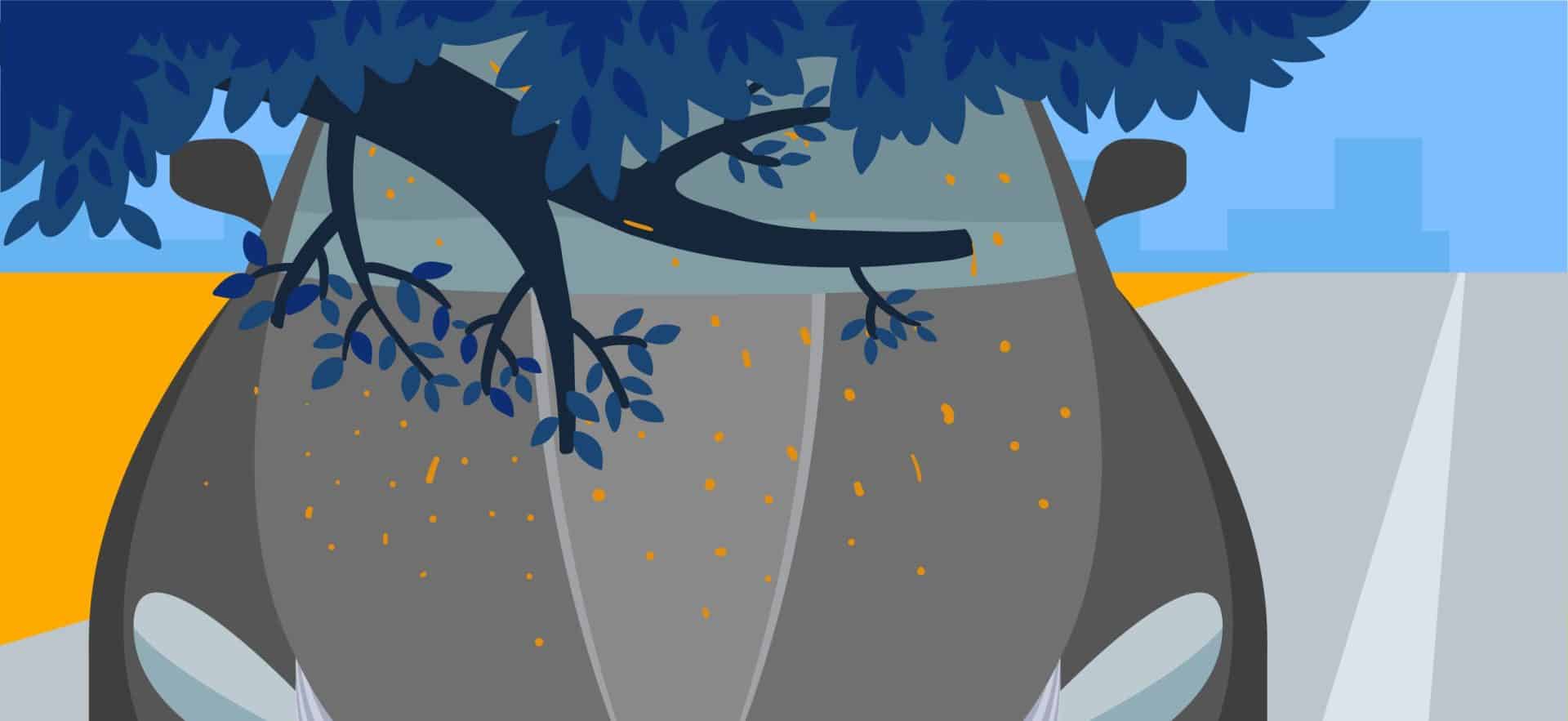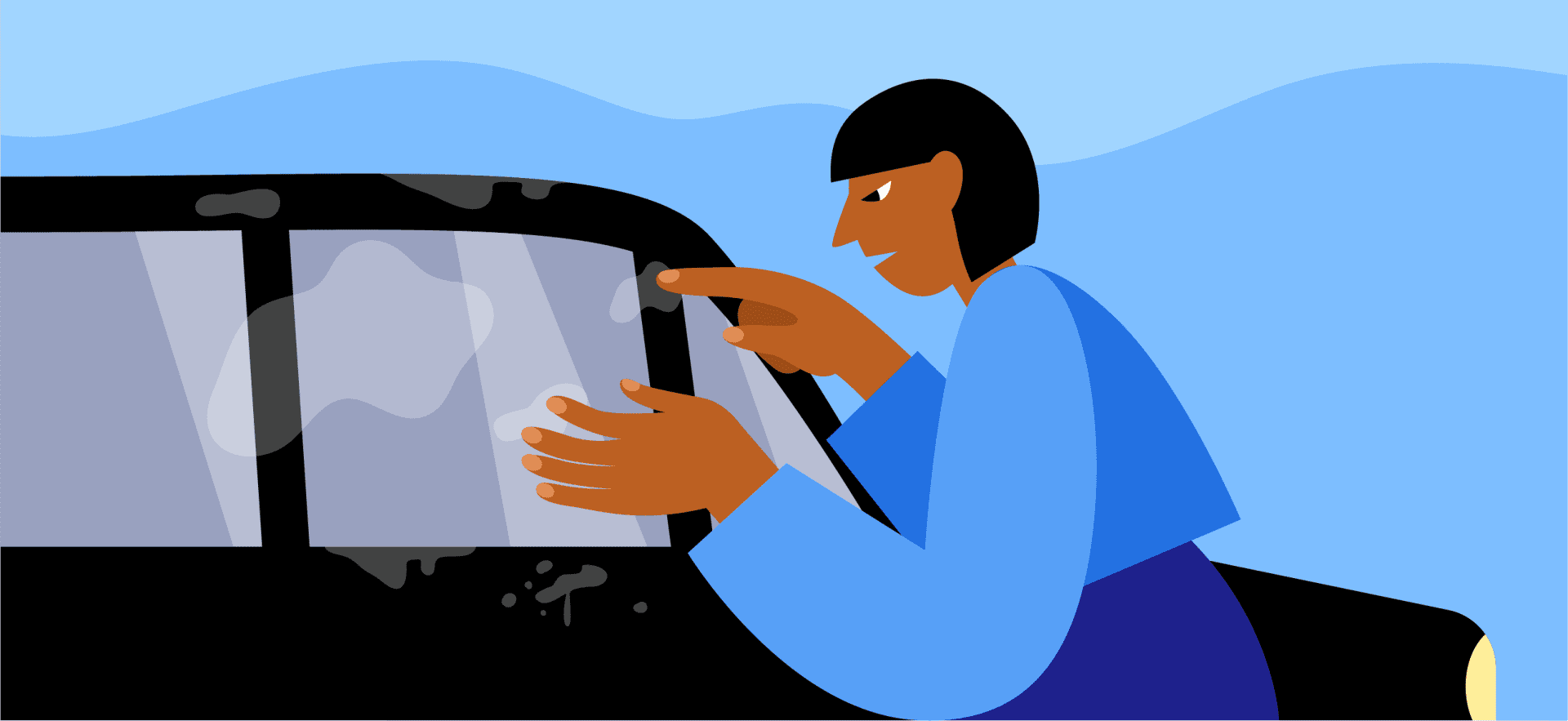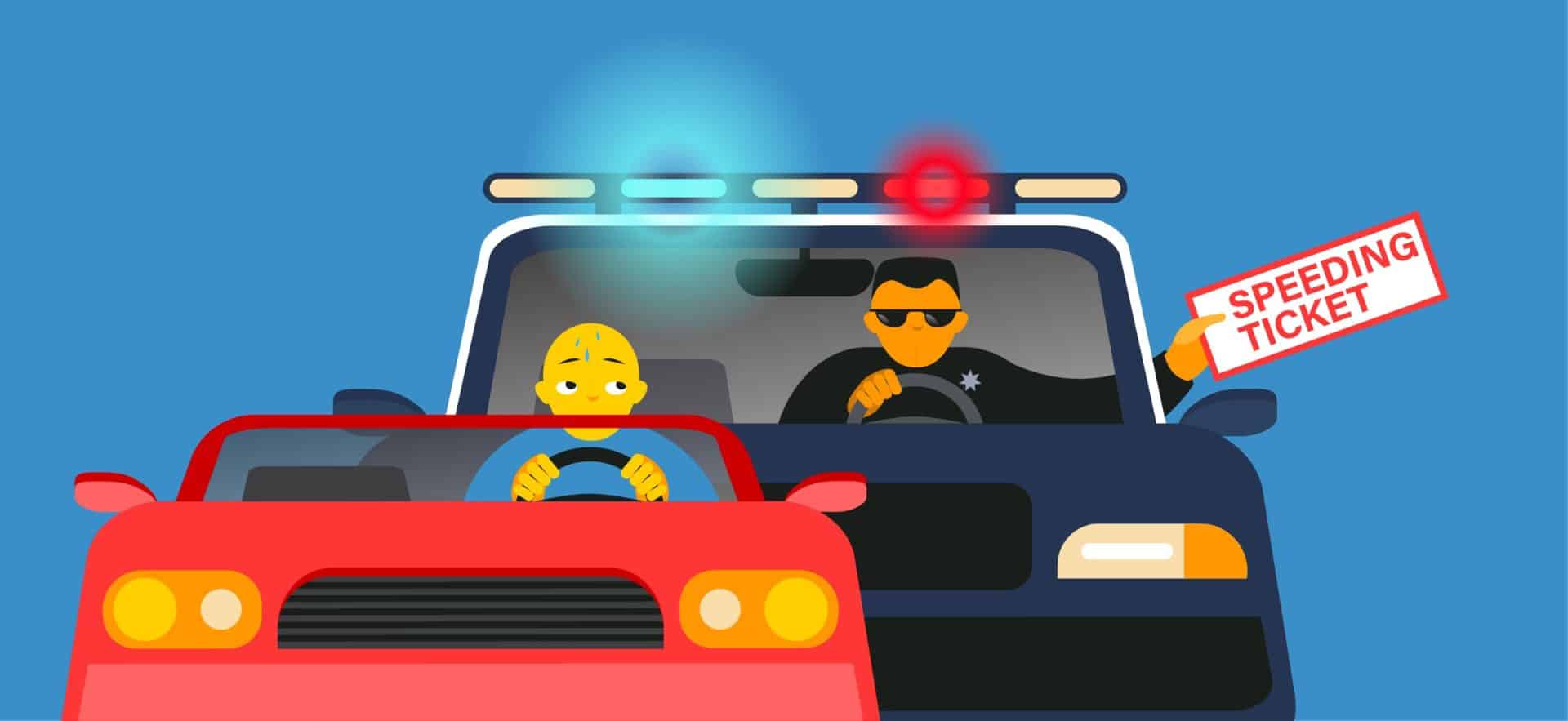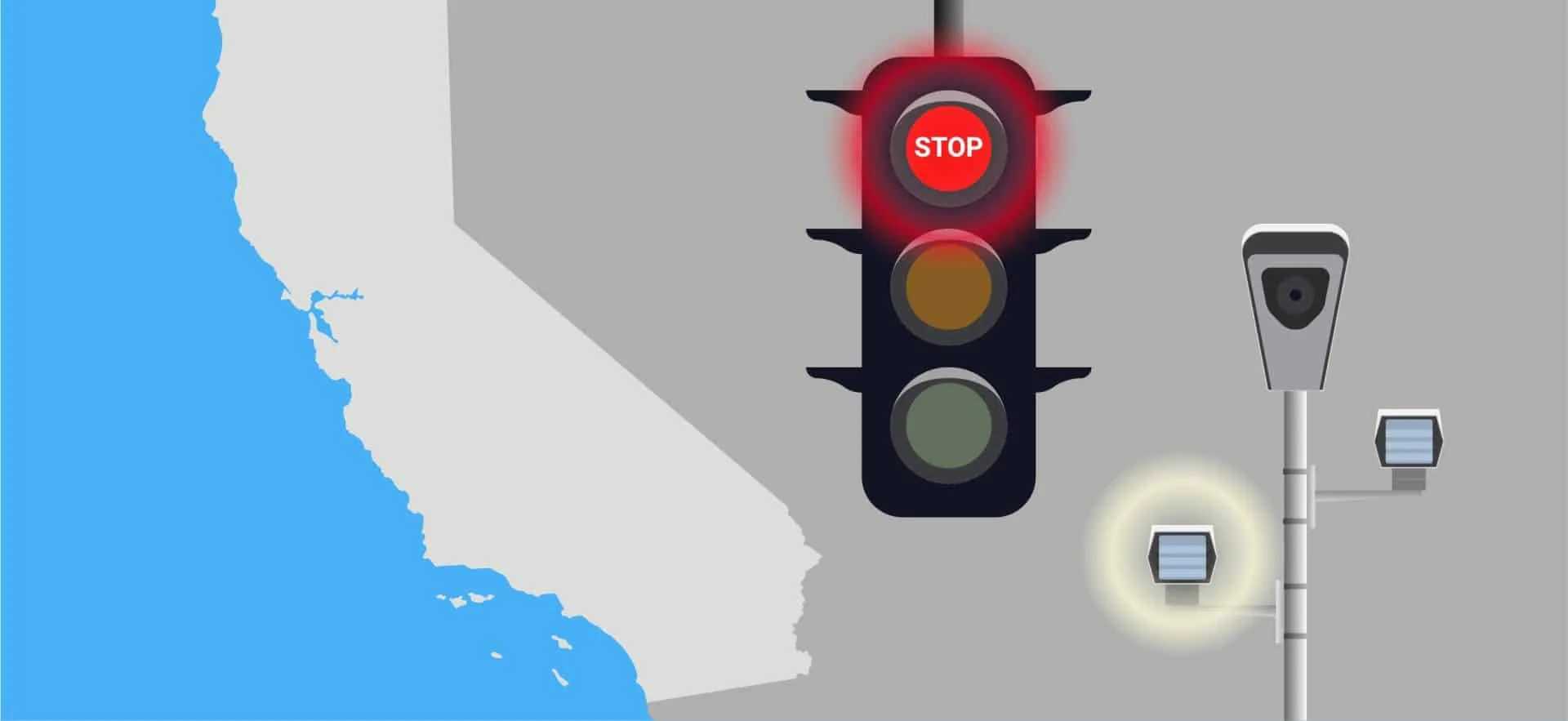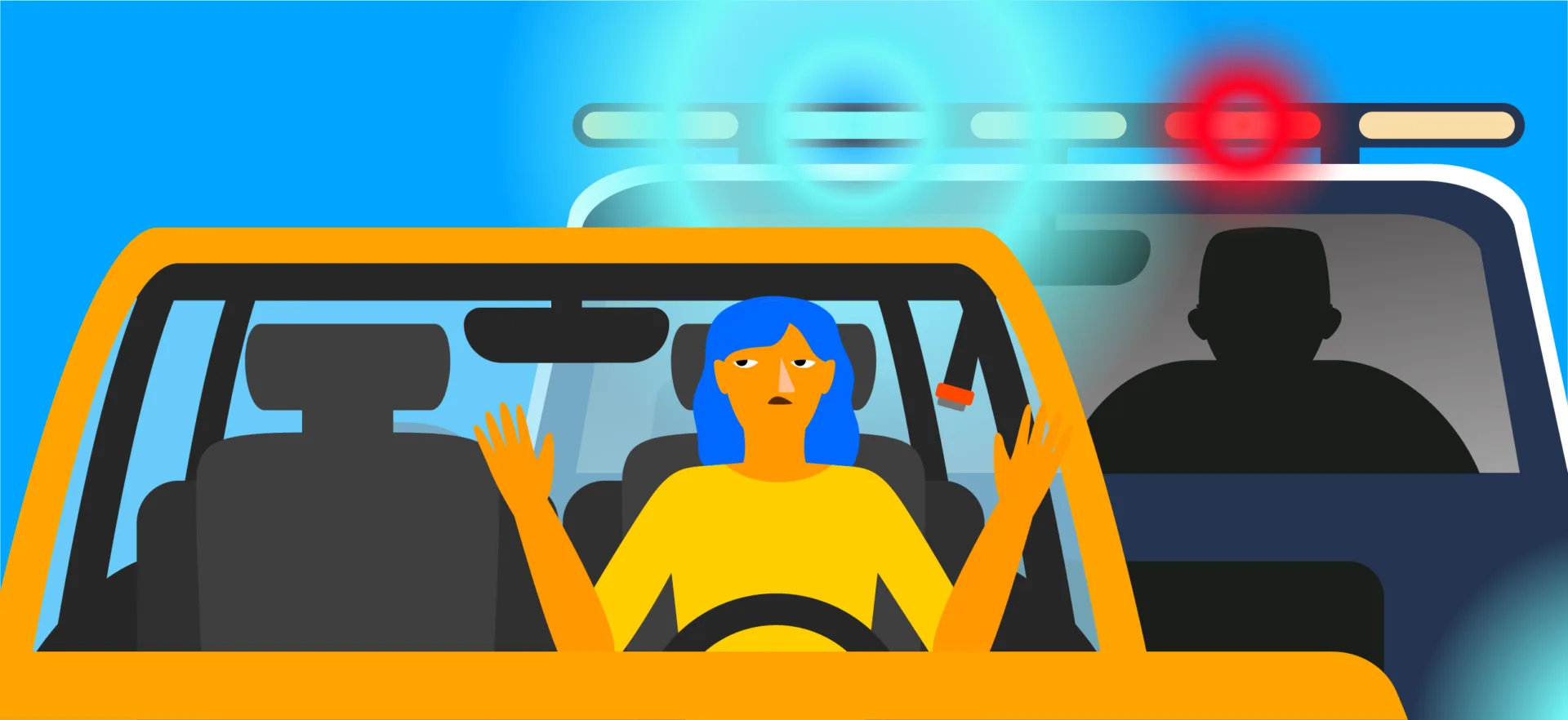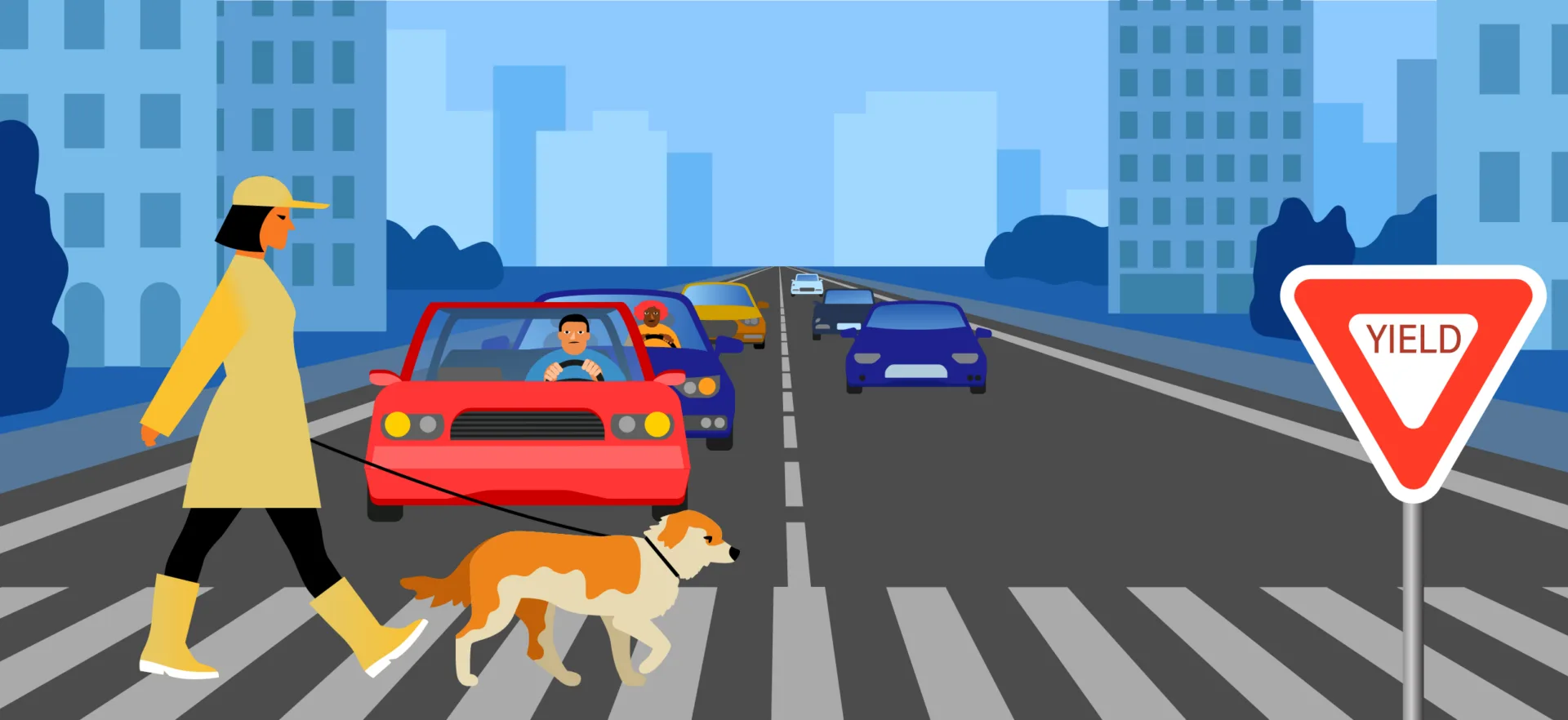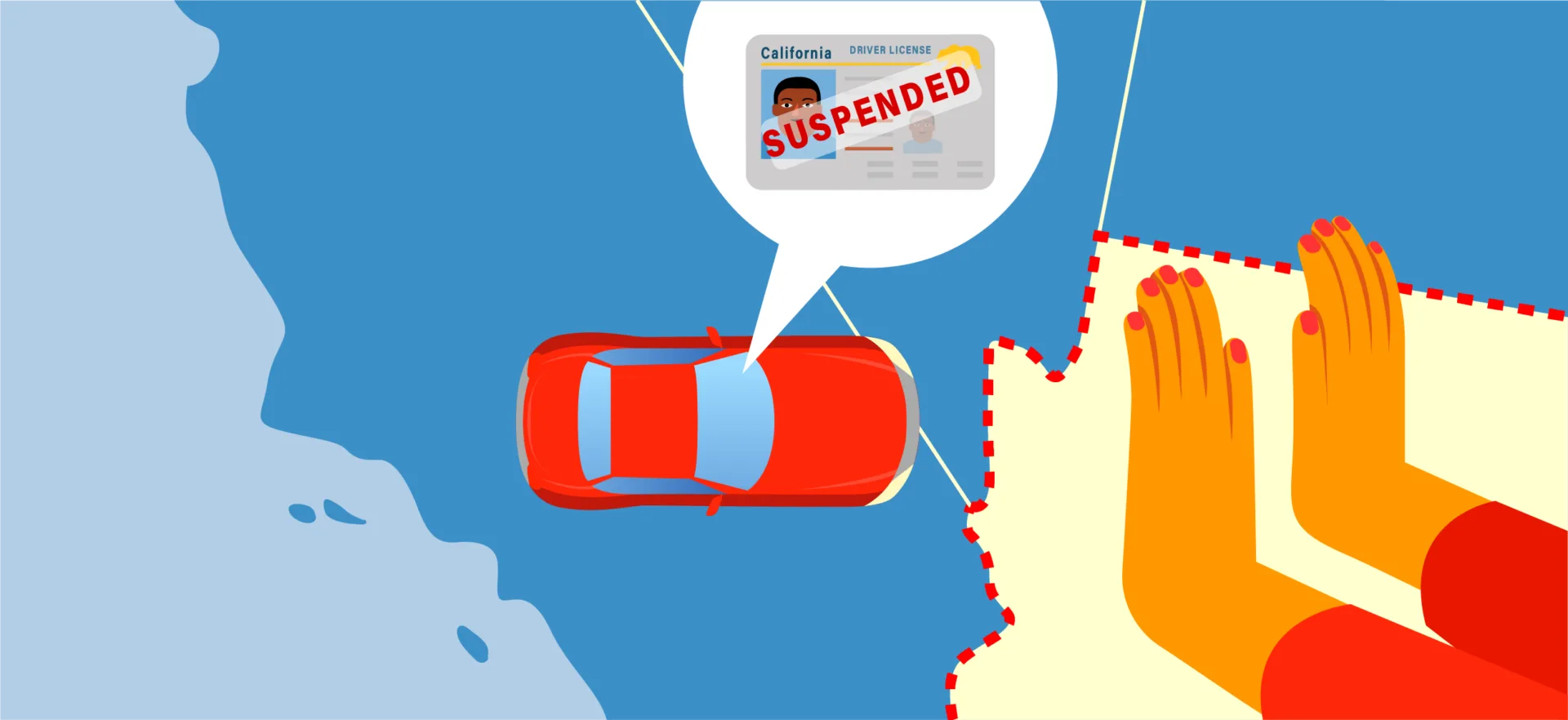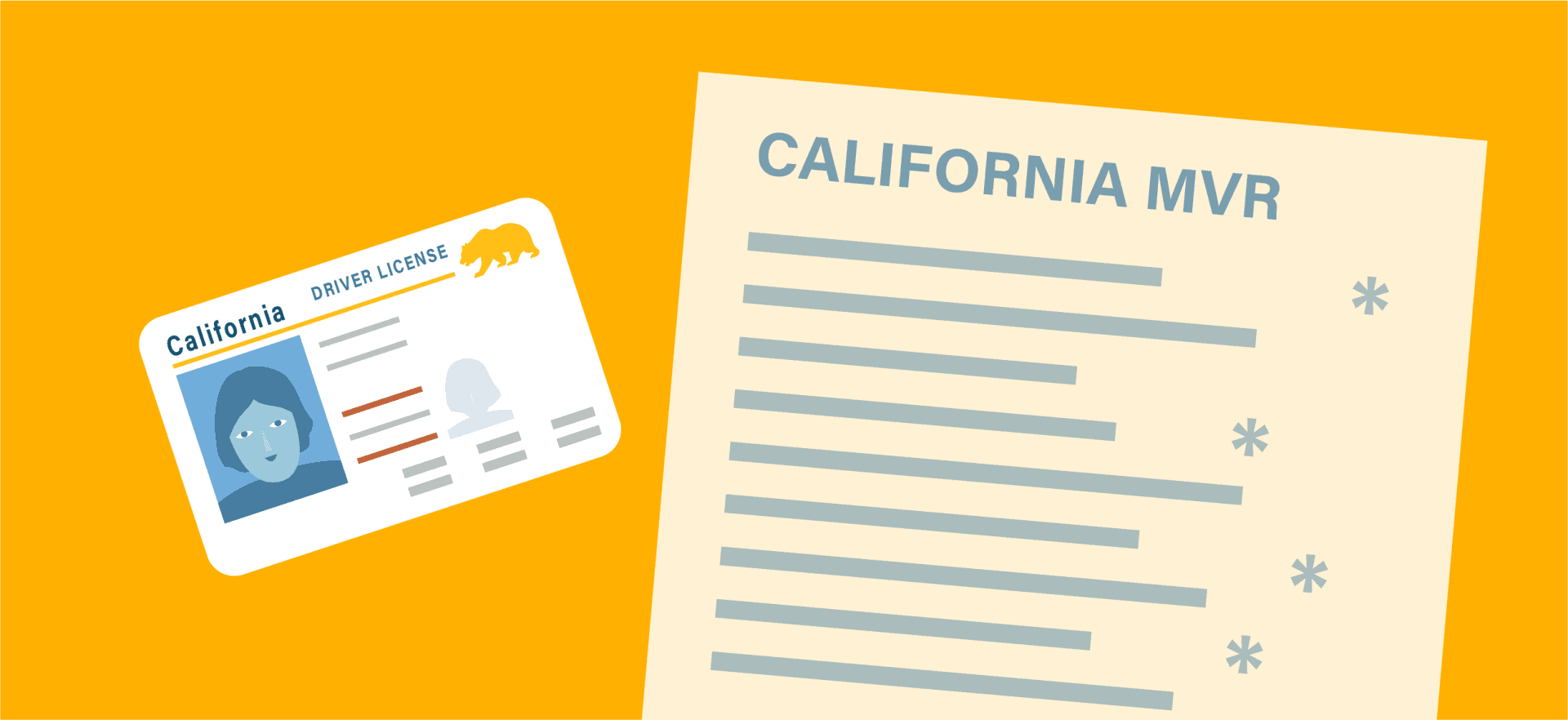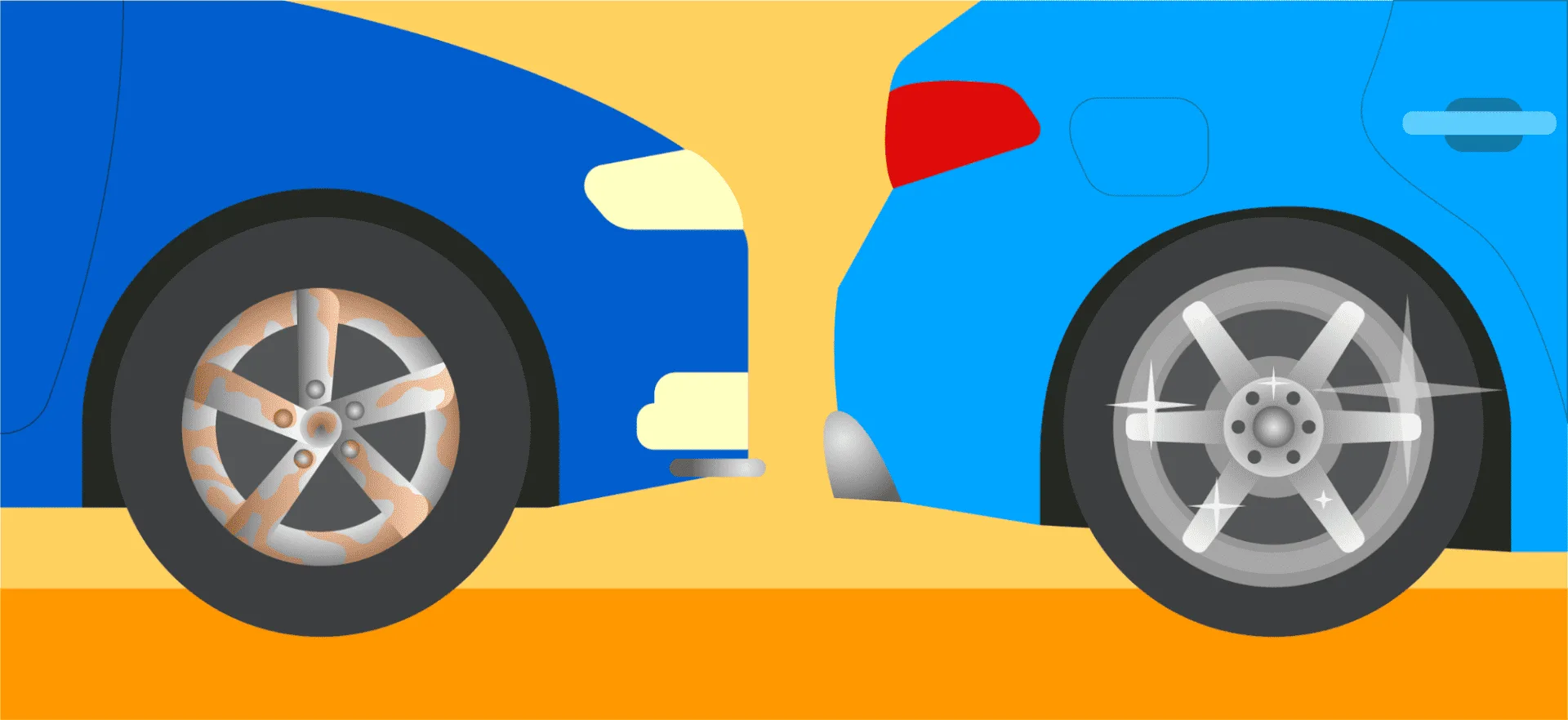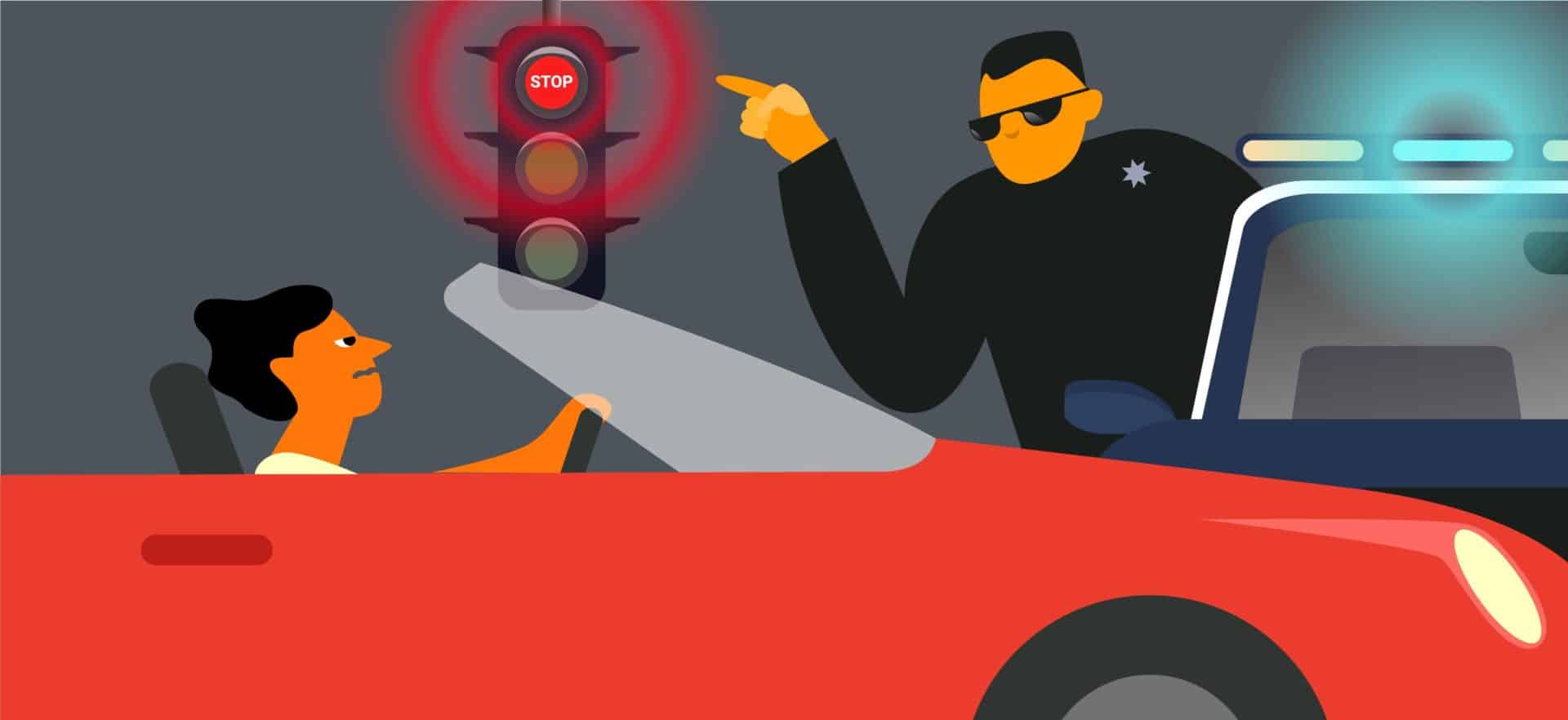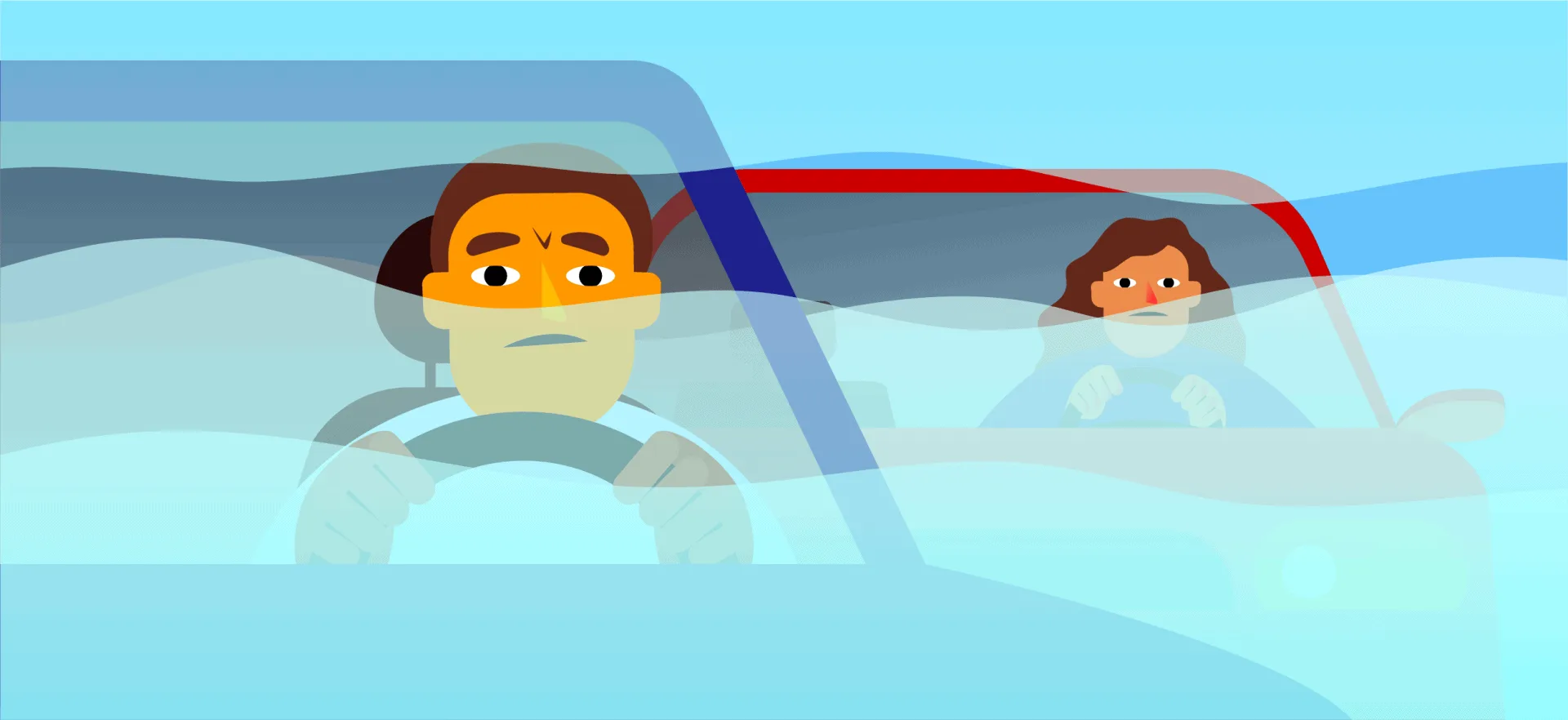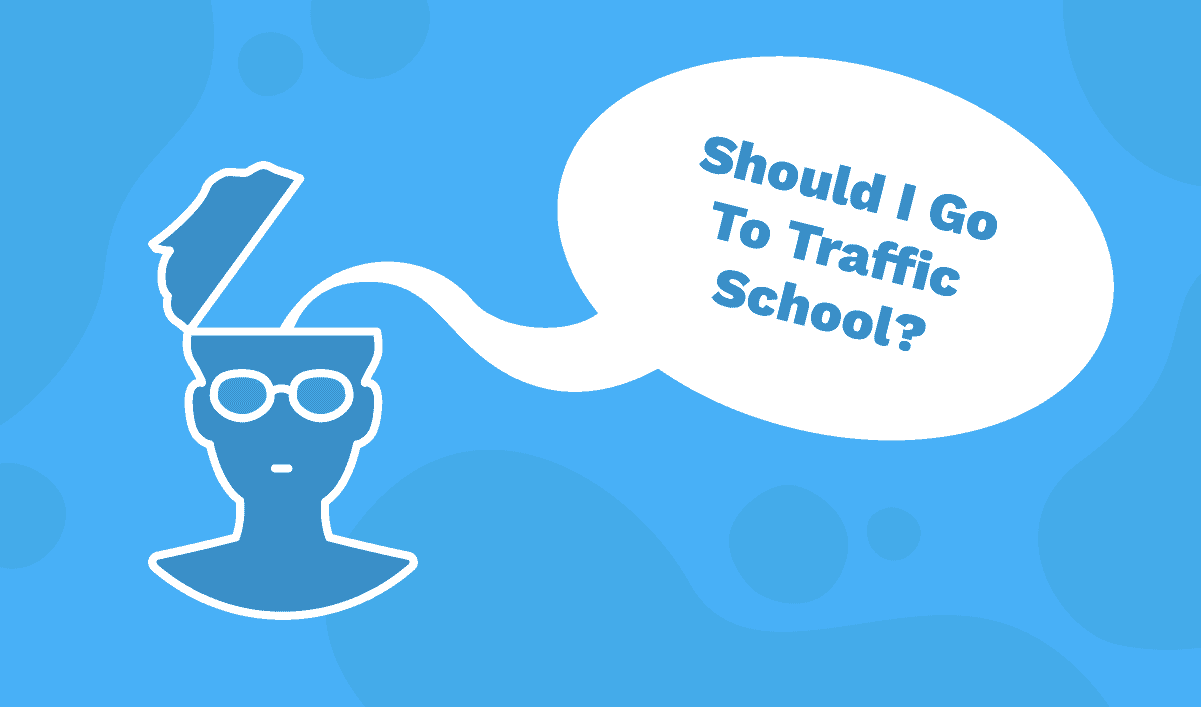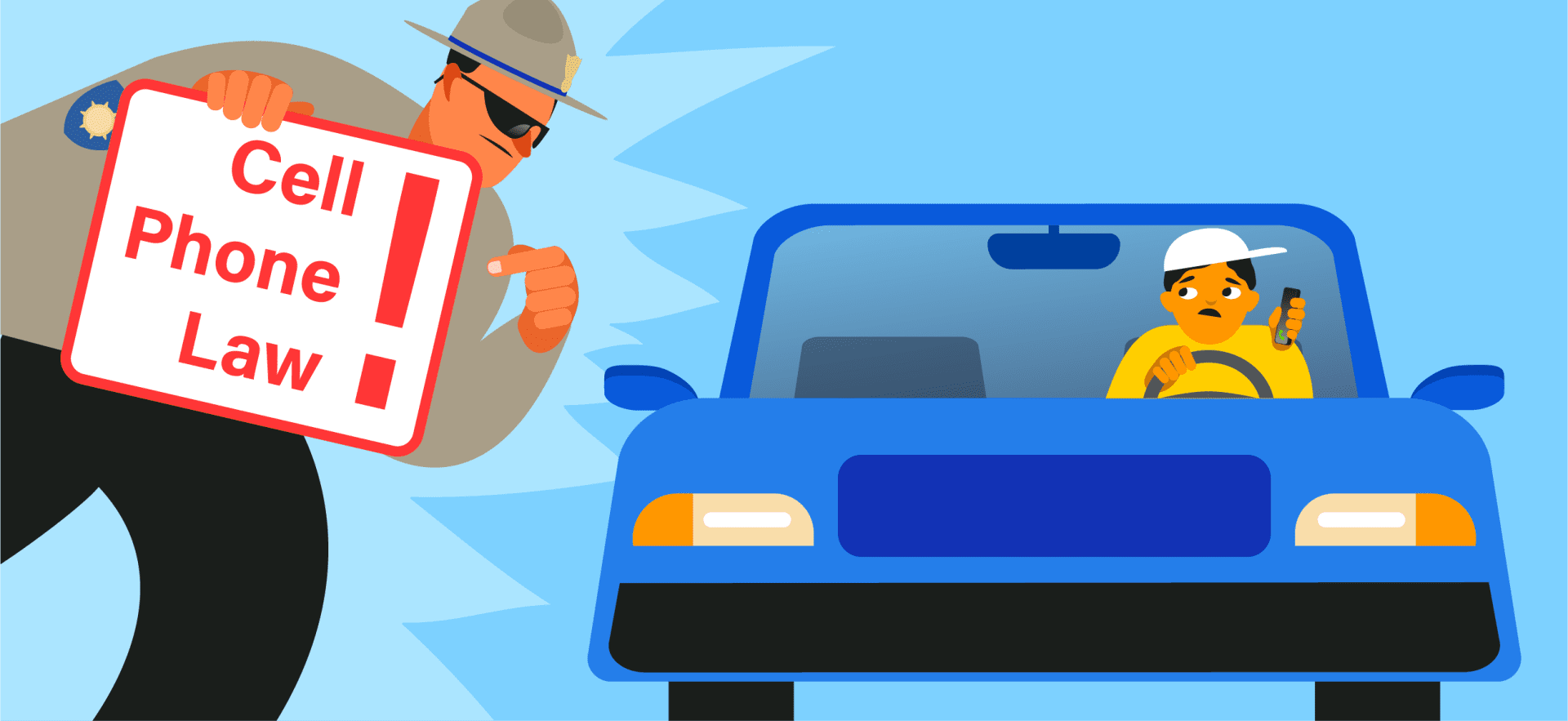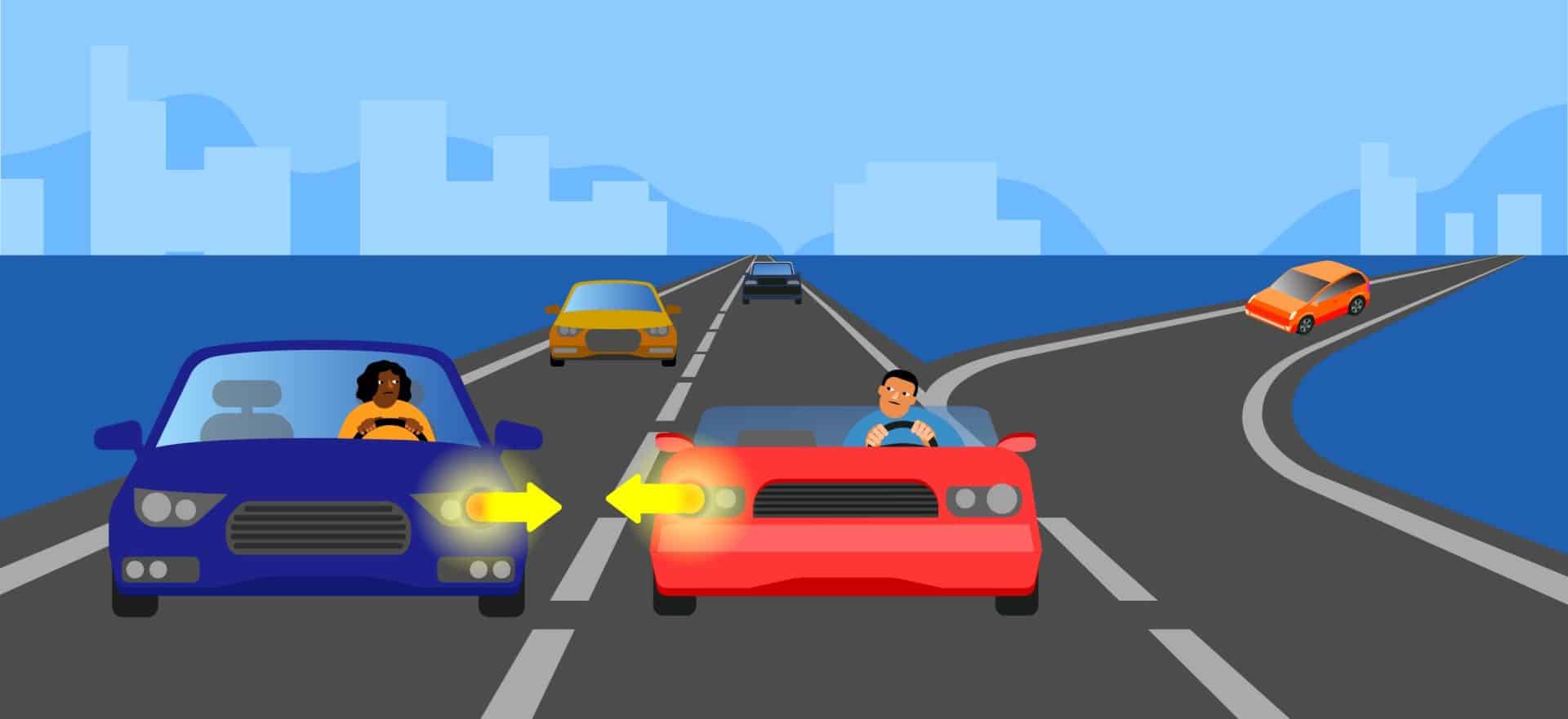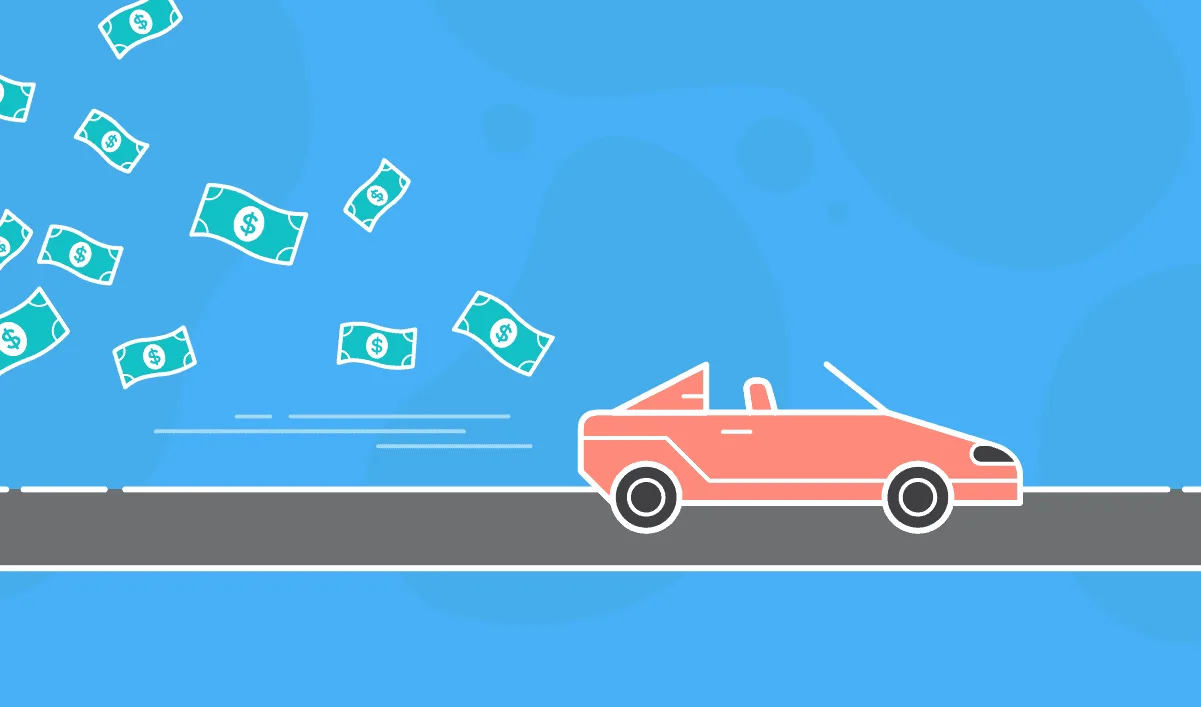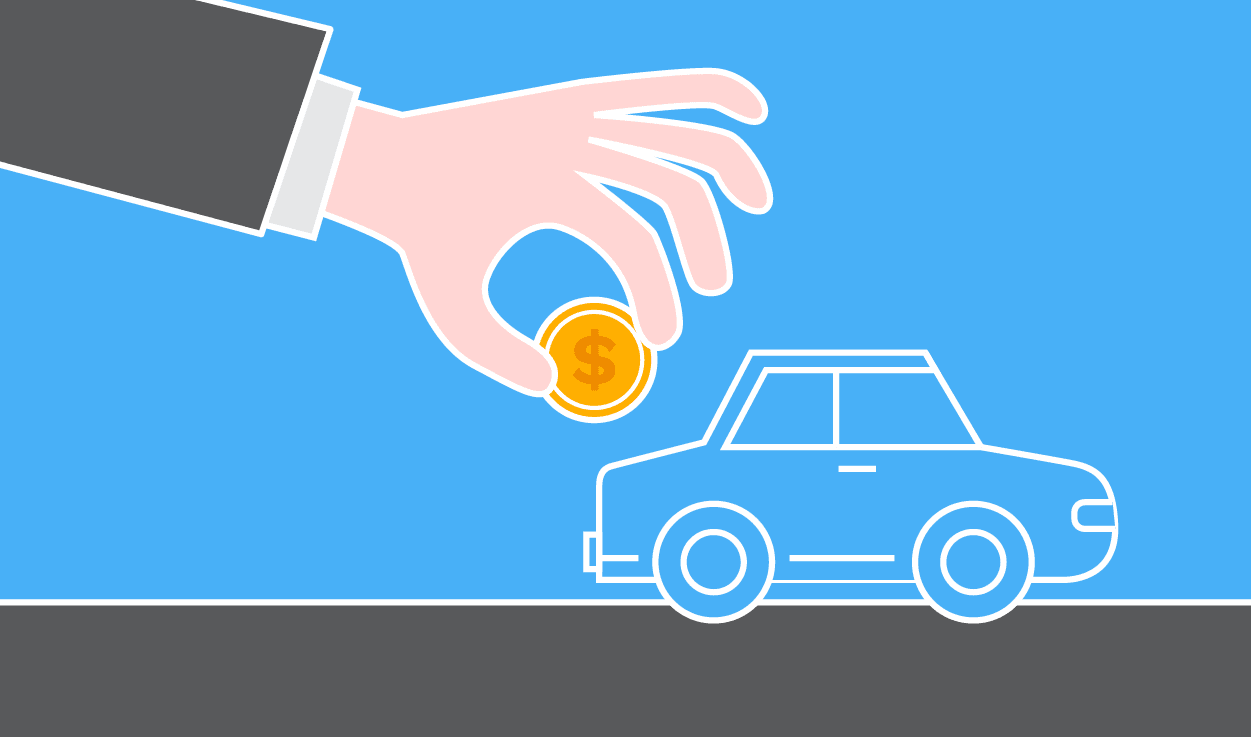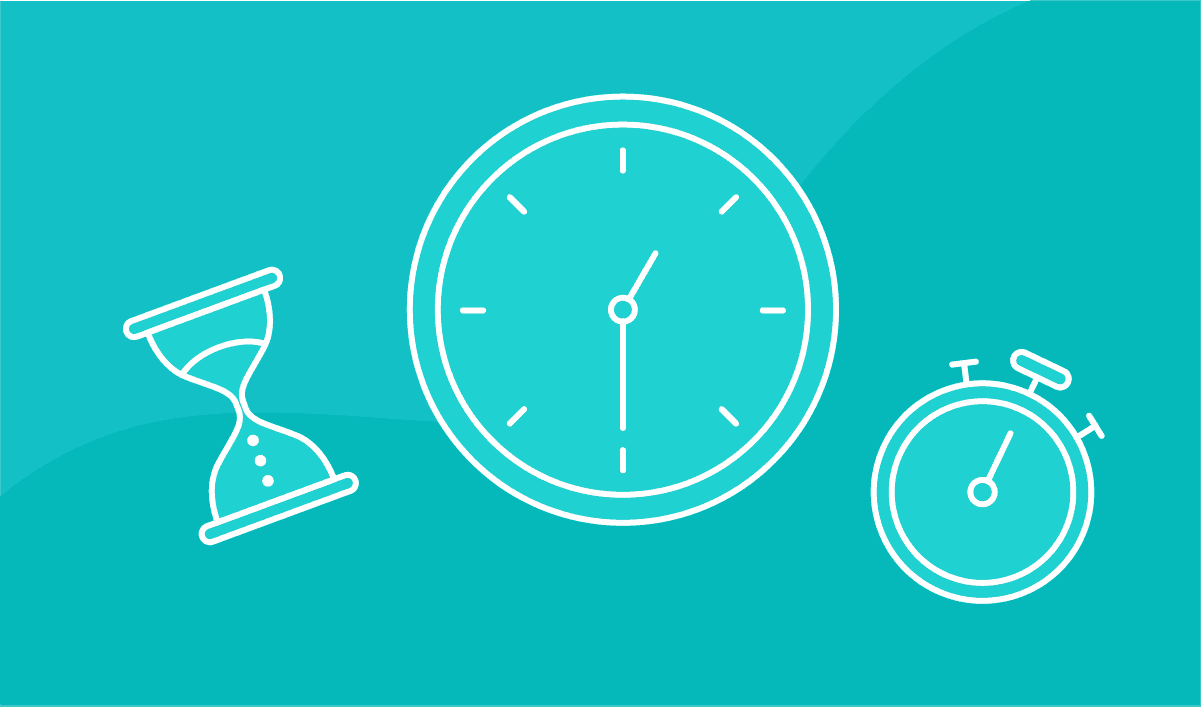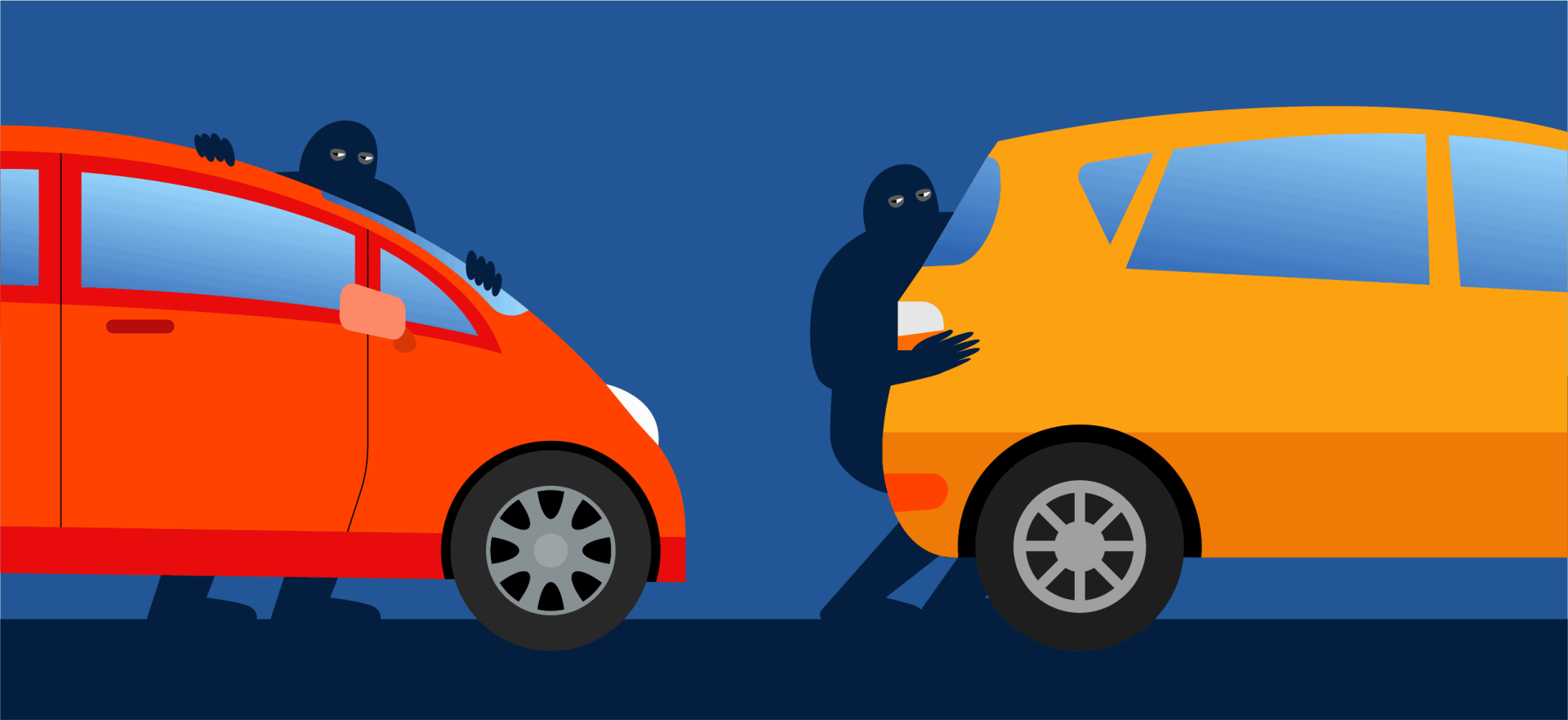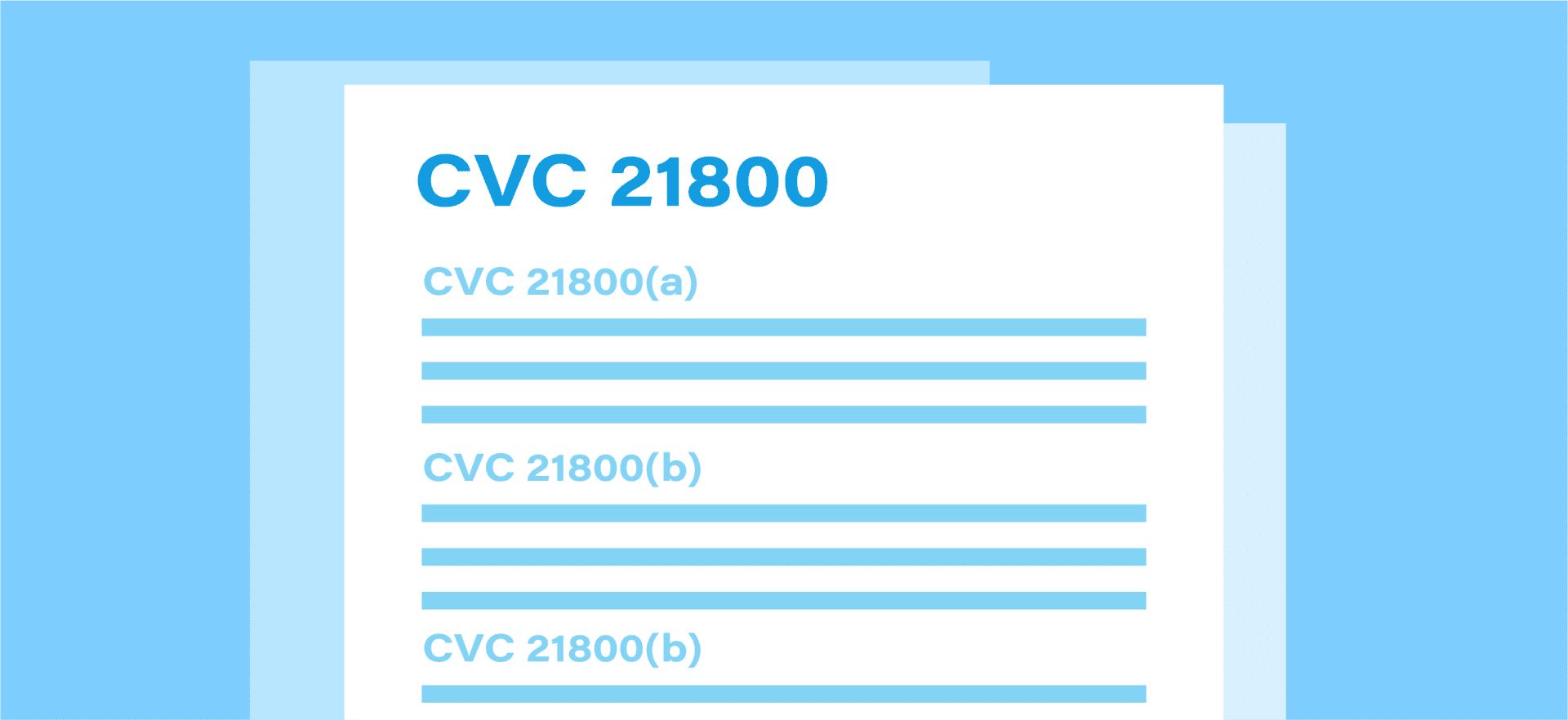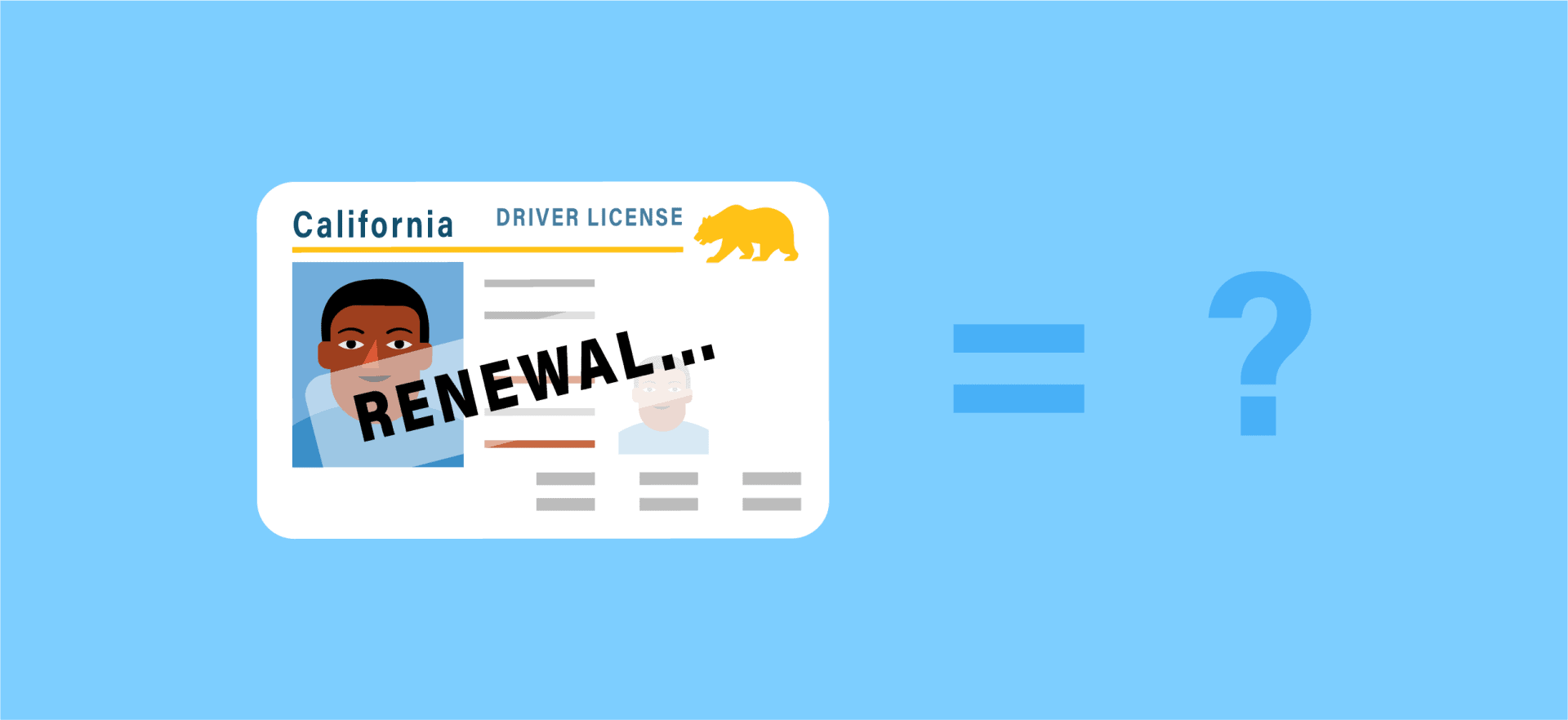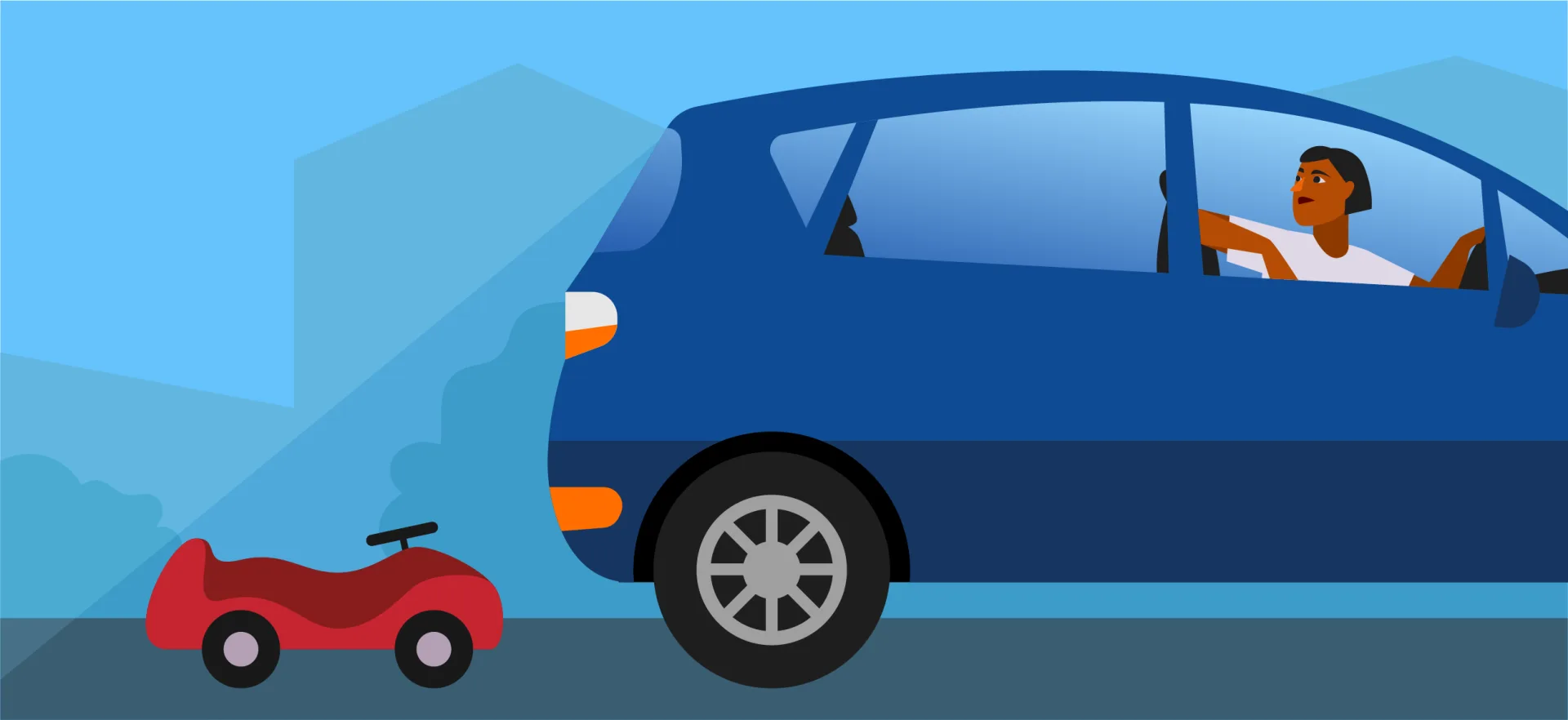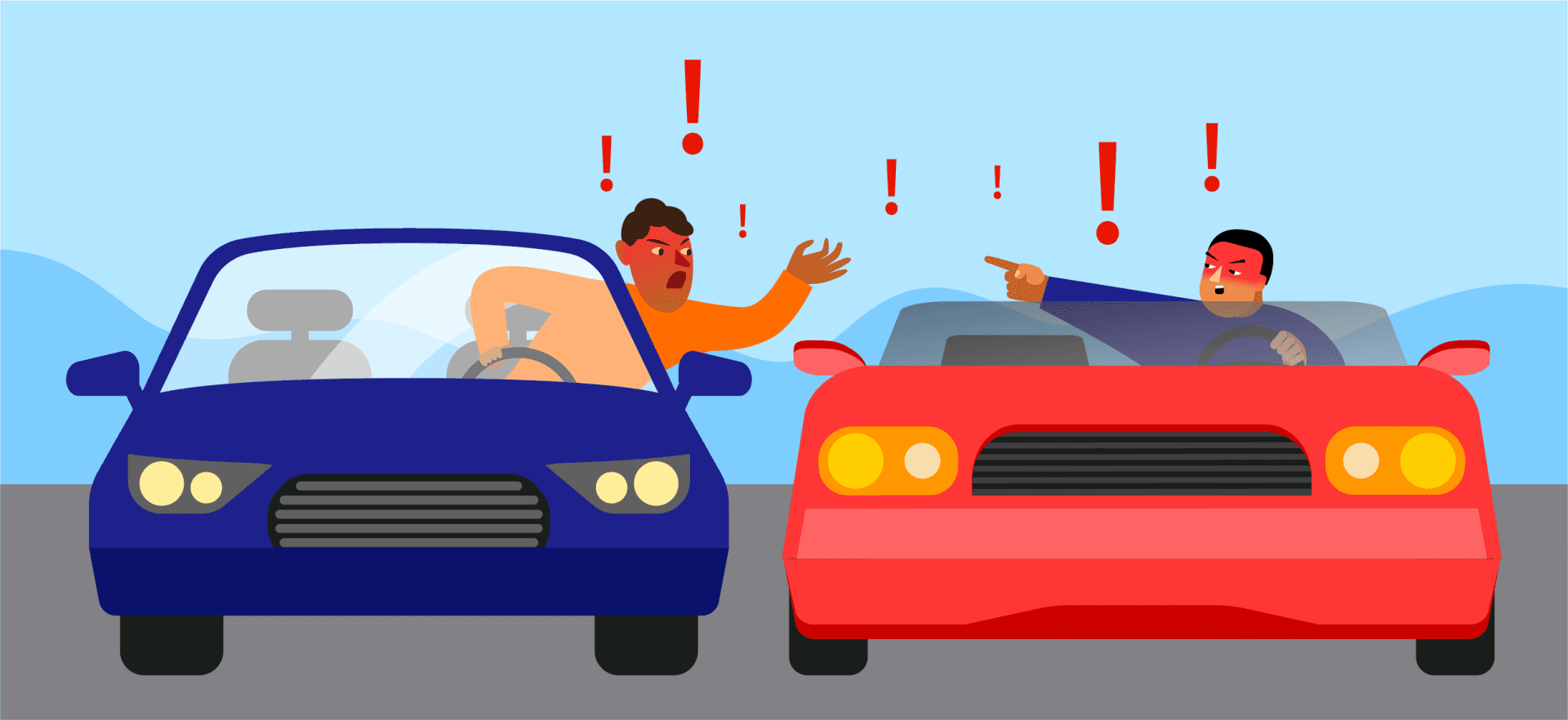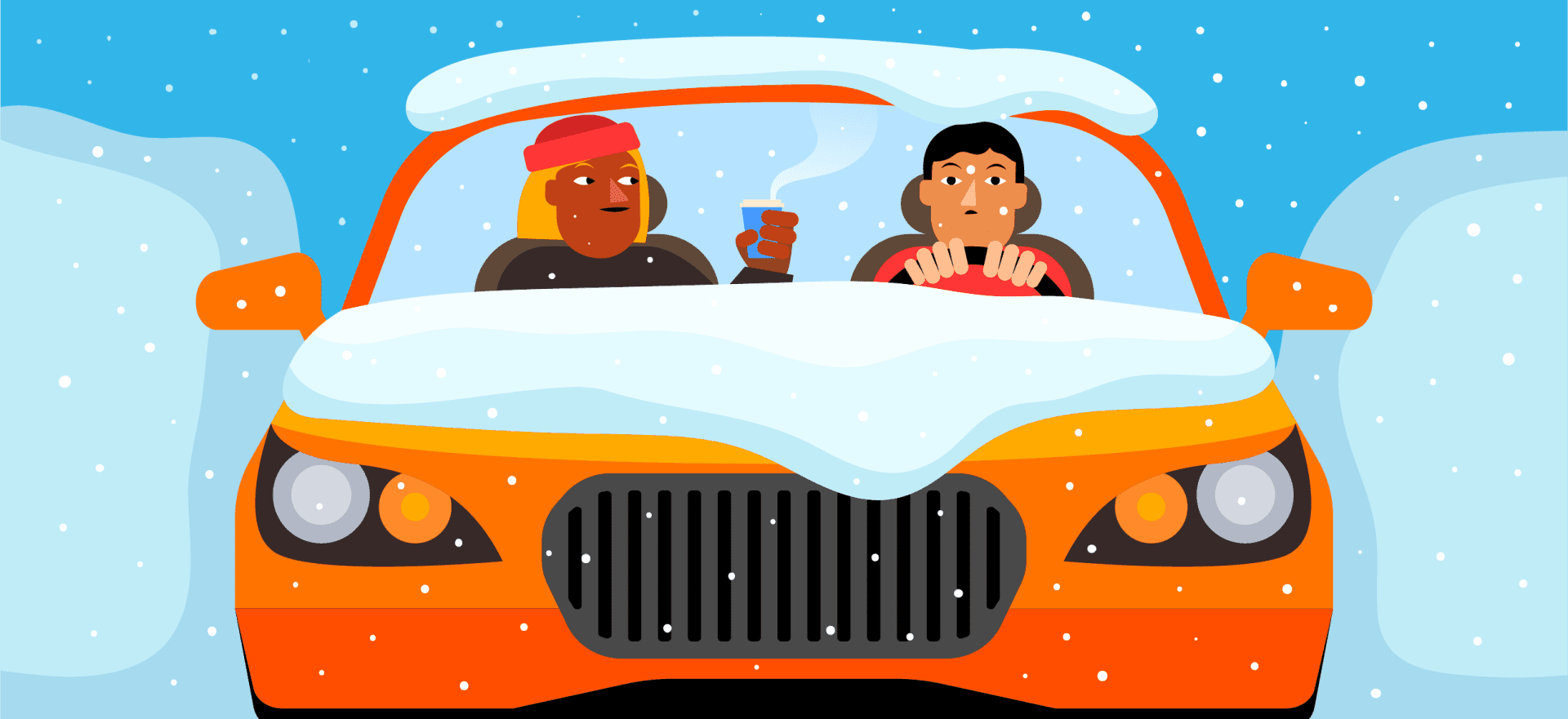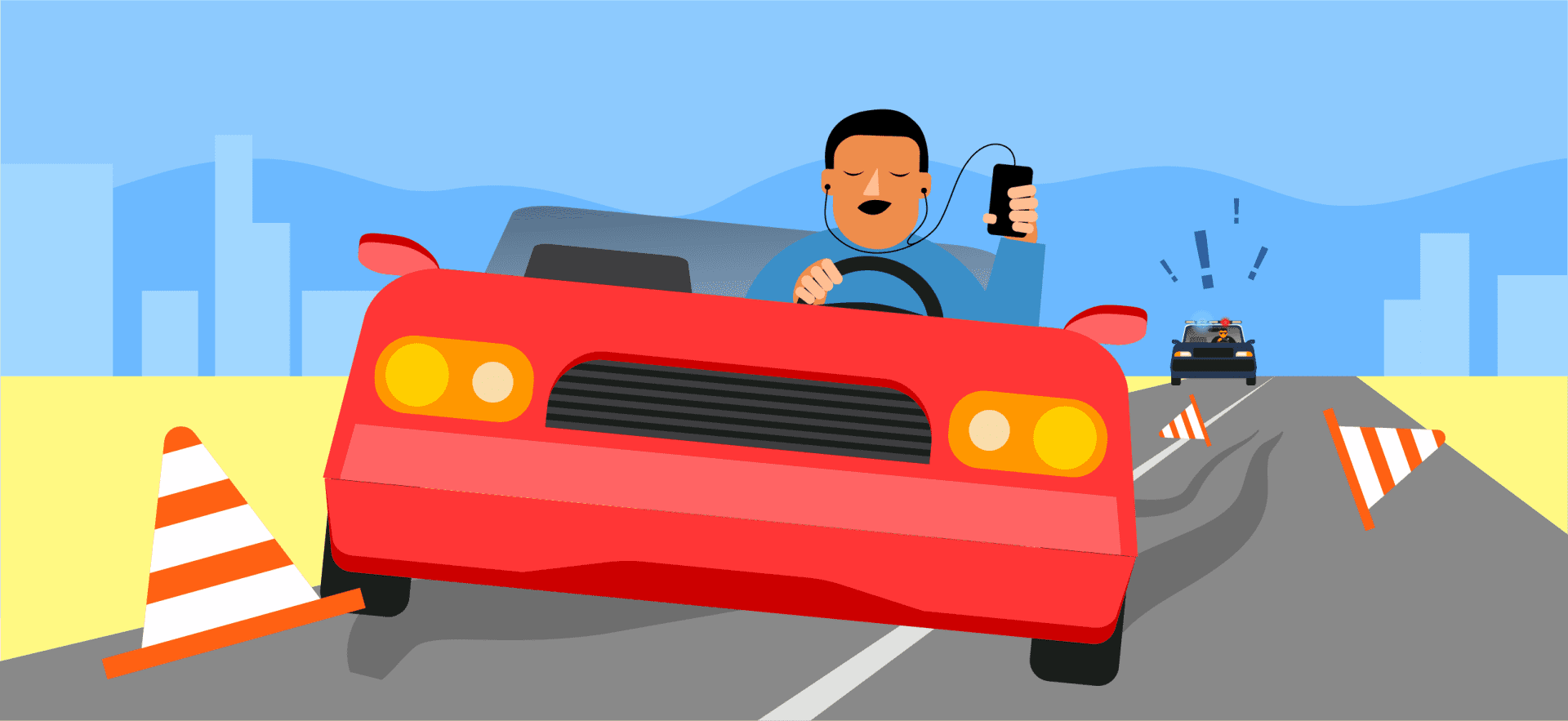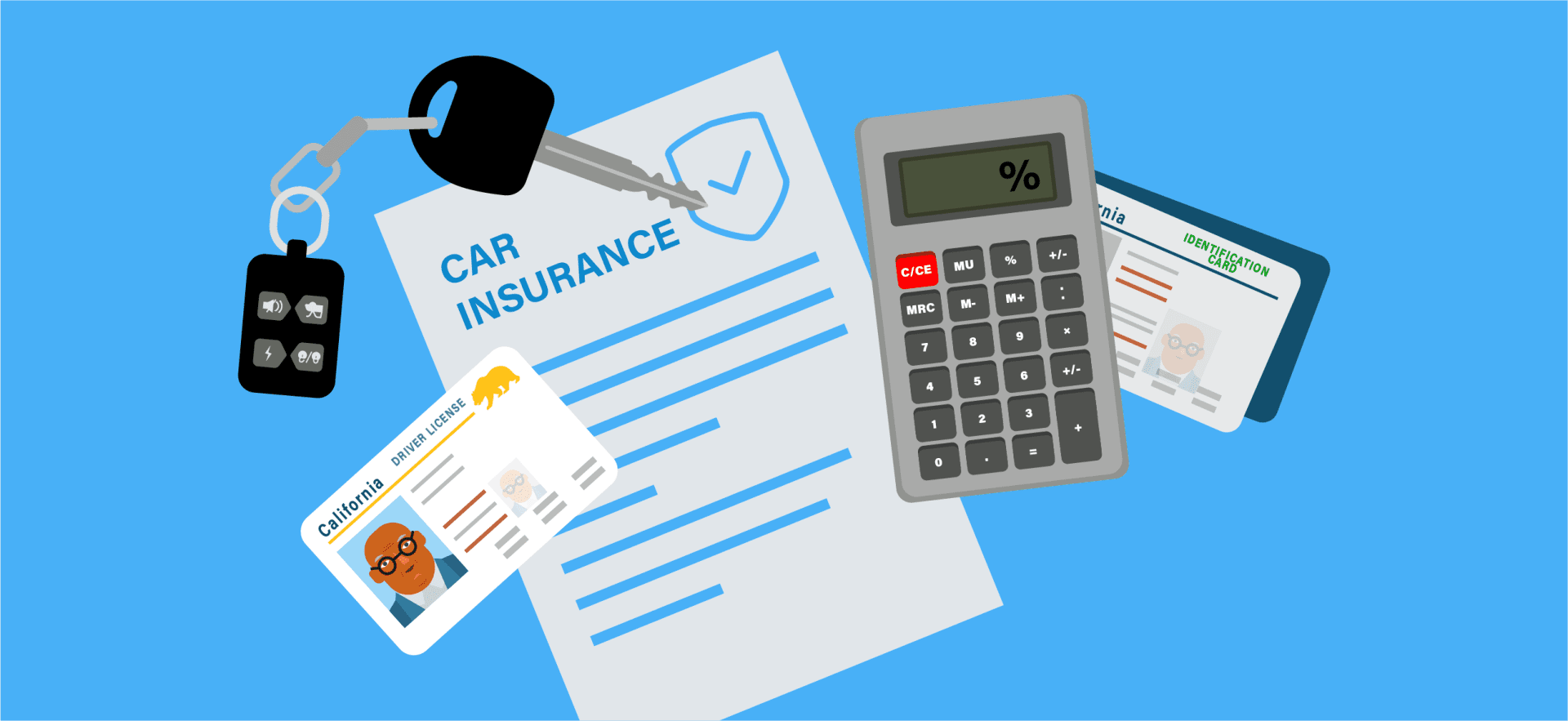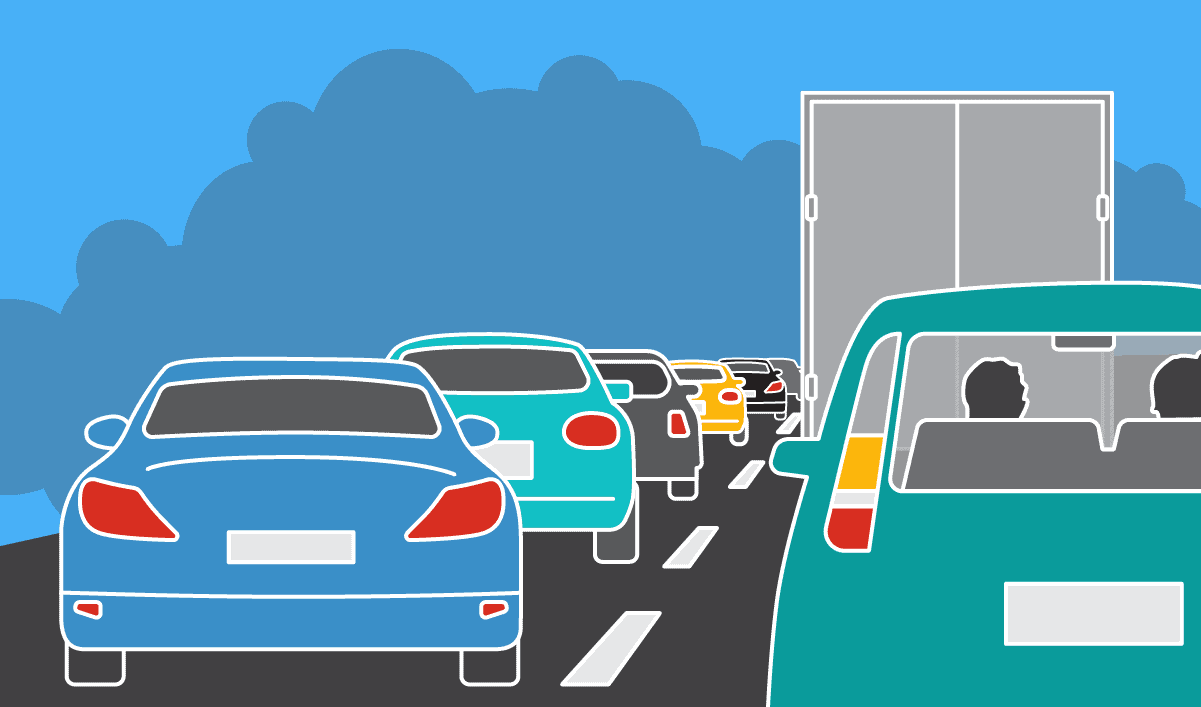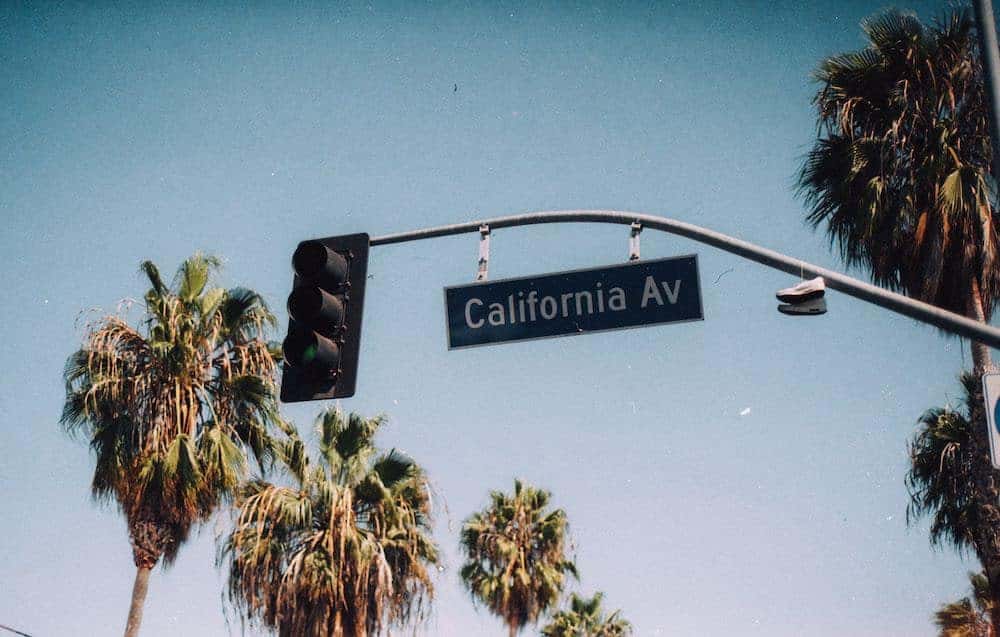It’s a sight no driver wants to see: blue and red lights flashing in your rearview mirror. You just got pulled over, and the officer issued you a traffic ticket. Now what?
Sure, you could pay your fine and move on. But what if you feel that you didn’t break the law, or you don’t deserve the ticket? Then, you need to know how to beat a traffic ticket.
In the U.S., you’re entitled to a vigorous defense against any criminal allegation. And at the end of the day, that’s what a traffic ticket is: An allegation that you violated a traffic law. You’re entitled to fight a traffic ticket — but how?
If you’ve received a ticket and you want to contest it, the process can be confusing, overwhelming, and intimidating. But with the right knowledge and preparation, you can be ready to defend yourself. There are even some things you can do to avoid getting a ticket in the first place. Ready to learn more about how to fight a traffic ticket? Let’s get started.
What is a Traffic Ticket?
A traffic ticket is a notice given to a motorist by a law enforcement officer. It acts as an accusation that the motorist has committed at least one crime by violating a traffic law.
What Are the Different Types of Traffic Tickets?

There are many different types of traffic tickets, but the three most common kinds in California are parking tickets, infractions, and misdemeanors.
1. Parking tickets
They are issued to motorists who violate parking rules and are not entered into the court record. If you receive a parking ticket, it will have a fine and a due date for paying. If you don’t pay by the due date, the fine amount may be increased. Having unpaid parking tickets can prevent you from renewing your vehicle’s registration. If you receive a parking ticket that you believe was in error, you don’t have to go to court — you can request an administrative hearing to appeal it.
2. Infractions
They are the most common tickets issued for “standard” and minor traffic violations, such as speeding or running a red light. When you receive an infraction, you’ll typically be asked to sign the back of the ticket, which acts as an acknowledgement that you’ve been given a notice to appear. This means that you agree to either pay the fine (also known as bail) and any associated fees by your stated court date, or appear in court on that date to contest the ticket.
3. Misdemeanors
They are more serious criminal offenses, like driving without a license or driving under the influence. If you’re charged with a misdemeanor, you may be arrested or you may be asked to sign a notice to appear. This depends on the discretion of the law enforcement officer who issues your ticket. If you receive a misdemeanor traffic ticket, you cannot simply plead guilty and pay the fine. You must appear in court, where you can work with the prosecutor on a plea bargain, have your case dismissed, or proceed to a trial.
It’s also possible to be charged with a felony related to traffic violations (such as reckless driving that causes serious injury to someone other than the driver). Felonies are serious criminal charges that can carry fines, prison time, probation, and other penalties. If you are charged with a felony traffic violation, consult an attorney.
How Do You Get a Traffic Ticket?

If a law enforcement officer has evidence that you violated a traffic law (either because they witnessed you committing the violation while you were driving, or they have other evidence, such as from a speeding radar or red light camera), they can issue you a ticket.
The officer will hand you the actual citation, and you may get a notice in the mail as well.
What Are the Consequences of a Traffic Ticket?
Getting a traffic ticket in California comes with fines (also known as bail). These can be in excess of $500 for a simple infraction, and even higher for misdemeanors. Misdemeanors can also come with jail time, probation, license suspension, and other legal consequences.

Another consequence is points on your driving record. California uses a point system called the Negligent Operator Treatment System (NOTS). Under the NOTS system, you can be considered a “negligent driver” if you accumulate:
- 4 or more points in a 12-month period,
- 6 or more points in a 24-month period,
- 8 or more points in a 36-month period.
If you accumulate enough points to be considered negligent, you may face suspension or revocation of your driver’s license.
And while getting a single point on your license isn’t enough to be considered a negligent operator, it is enough for insurance companies to increase your premiums, sometimes by a substantial amount. Most infractions come with one point on your license, and in addition to the fine and fees, costs for increased insurance rates over time can add up to thousands of dollars.
If you receive an infraction that would normally add one point to your license, you may be able to attend traffic school to mask the point. This doesn’t remove it from your driving record, but it prevents insurance companies from seeing it, which can help mitigate the penalties for a simple infraction.
How To Get Out Of A Ticket
After driving for a long time in such a car-dependent place as California, there’s a good chance you’ll eventually get pulled over. While getting pulled over doesn’t necessarily mean you’ll get a ticket, there are some things you can do to reduce the chance of getting a traffic citation. It comes down to luck at the end of it, but here are some tips on how to get out of getting a traffic ticket — or, at the very least, help your traffic stop go smoothly and prepare yourself to fight the ticket later.
Don’t Break the Law
We are stating the obvious, but you shouldn’t break the law in the first place. Traffic laws exist to promote safety and help prevent car crashes. In fact, speeding doesn’t help you get to your destination much faster, especially compared to the cost of getting caught, paying a fine, and potentially getting into a fatal accident. The costs outweigh the benefits.
That being said, people do sometimes break the law. Cops are more likely to pull over reckless drivers in the fast lane going 100mph and weaving in and out of traffic than the driver going 10mph over the posted speed limit.
What to Do If You Get Pulled Over

Getting pulled over is a nerve-wracking experience for most people, but by staying calm and knowing what to do, you can start preparing to fight a ticket during the traffic stop itself. If you get pulled over by a law enforcement officer, here’s what will happen:
- The law enforcement officer will pull you over.
- They will tell you what traffic violation you allegedly committed.
- They will collect your personal information from your driver’s license, vehicle registration, and auto insurance.
- They will present you with a ticket.
- They will ask you to sign the ticket. This is not an admission of guilt. It simply signals that you agree to either pay your fine or appear in court by the date shown on the ticket.
Here’s what you should do during the traffic stop:
- Indicate your intentions to pull over as soon as you see the siren lights behind you. You can do this using your blinkers. Turn on your hazard lights once you’ve come to a complete stop.
- Pull over as soon as you can into a safe area, even if it means getting off the freeway or going into a parking lot or gas station. You don’t want to disrupt traffic or put the officer in harm’s way.
- Roll down all your windows. Doing this helps the officer see your car while walking up and assures him that there is no danger.
- Turn off your engine.
- Turn off the radio or music system. Hang up any calls you may be on.
- Keep your seatbelt fastened throughout the entire time.
- Take off your sunglasses (if you’re wearing them).
- If it is at night, switch on a light inside your car.
- Be polite and courteous! While you may be upset or feel unfairly picked out, don’t let that frustration boil to the surface. Being rude will not help your case. If you are genuinely innocent, you will get a chance to fight your ticket in court.
- Don’t attempt bribery or flirting. These tactics aren’t likely to get you out of a ticket, and may insult the officer’s integrity instead.
- Keep your hands on the steering wheel until the officer asks you for your registration and insurance card. You may inform the officer where your registration and insurance are, and that you are about to reach for them.
- Ask for evidence. Ask the officer what method they used to determine that you broke the law. Write down what they say, with as much detail as possible, so you don’t forget.
- Say as little as possible. The cliche’d crime show line is true: Anything you say can and will be used against you in a court of law. During the traffic stop, don’t volunteer any information — in fact, don’t speak at all unless you have to. Make sure you don’t admit to breaking the law, or try to justify your actions.
- Be forgettable. In addition to saying as little as possible, be polite and as unremarkable as possible. If the officer can’t remember details about the traffic stop, they may not be able to answer questions about it in court, which will weaken their case.
- Write everything down. As soon as the officer leaves, write down every detail you can remember about the incident. Make sure to include the time, date, and location of the stop. Don’t start writing while the officer is still present, as this might make you stand out so they remember you later.
What Happens After You Get a Traffic Ticket
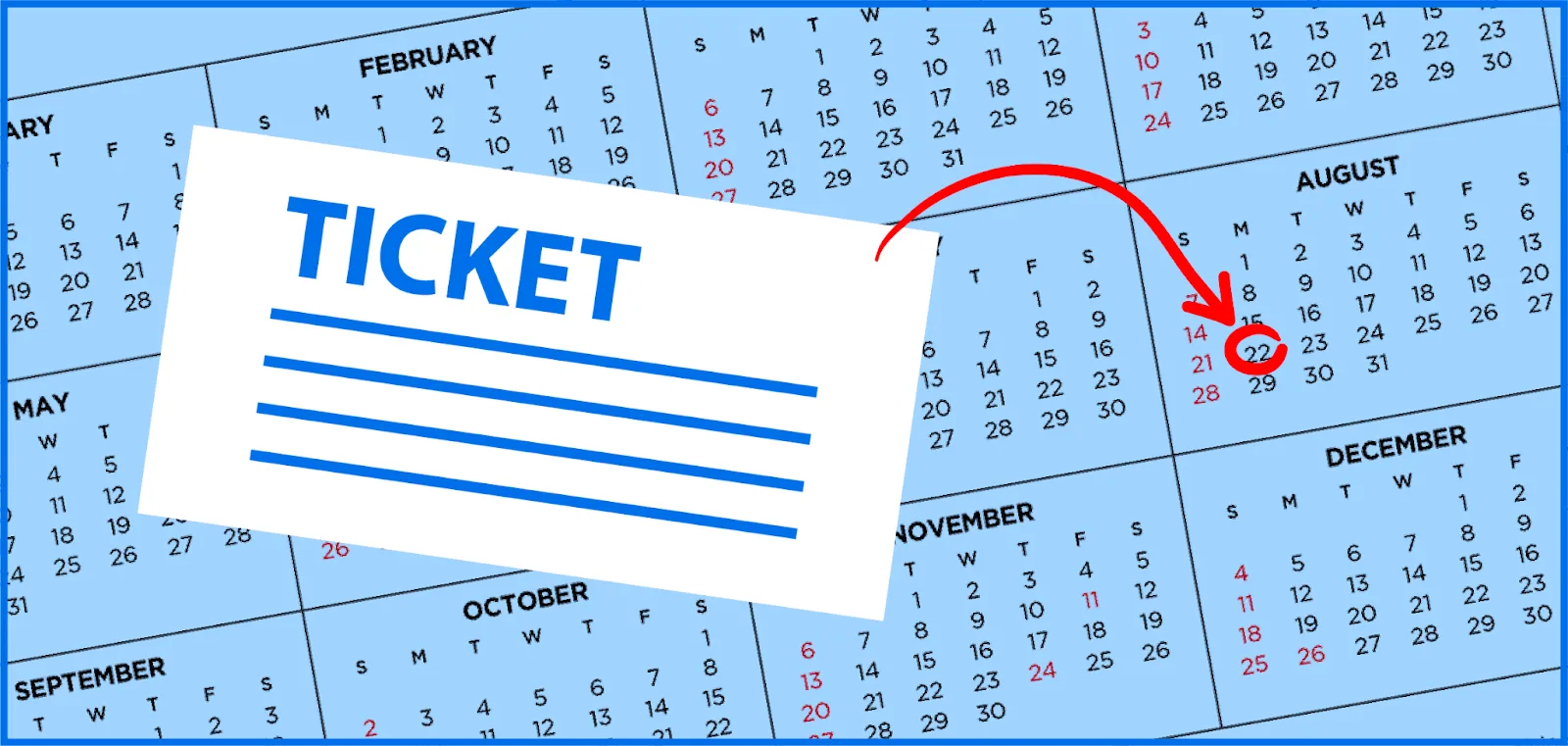
After you get a traffic ticket, you’ll have some time before your court date (which can be found on the ticket — be sure to keep it for your records!). You will get a date set for an arraignment hearing. Your hearing is set after the system processes your ticket information. An arraignment hearing is your first appearance before a judicial officer of the court.
You can choose to wait until your arraignment to decide how you plead. At the hearing, you will be informed of your rights and the charges and then asked how you plead. You can choose to be represented by an attorney (who you hire).
The court date is the deadline to either plead guilty and pay the fine (bail), or appear in court to plead not guilty and contest the ticket. Some courts allow you to enter a not guilty plea online or in writing, rather than by physically appearing at the courthouse. Your ticket should include contact information for your court — contact them to find out the exact steps you need to take.
If You Plead Guilty To A Traffic Ticket
If you choose to plead guilty, you admit to having committed the charges. According to the LA County Superior court, “The judge may require that you pay the base fine plus a penalty assessment and other fees. The judge may impose a fine for each separate violation. You may request community service and/or request a reduction in your non-mandatory fines/fees. The judge may allow you to attend traffic school if you are eligible. You will be required to pay the fees for traffic school.”
Simply put, if you plead guilty to a traffic ticket, then you pay the applicable fine(s), traffic school administrative fee, take the traffic school option, and pass the traffic school exam if you are eligible.
If You Plead Not Guilty & Decide To Fight The Traffic Ticket

If you plead not guilty to a traffic ticket, what happens next? You may plead not guilty online, by phone, or by mail. These options depend on the county of the court that issues the ticket. Then, your case will go to trial. Your trial is held within 45 days unless you forfeit the time. During the time before your trial, you can prepare your case to better your chances of winning and having the ticket dismissed. Later in this article, we’ll talk about how to prepare to fight a traffic ticket.
What Happens When You Get a Speeding Ticket?
A speeding ticket is typically a standard infraction in California. However, under certain circumstances, a speeding ticket could escalate to a more serious offense, like if you were driving recklessly, speeding in excess of 100mph, speeding in a construction zone, or if your speeding results in an accident causing injury or death to someone else.
If you get a regular speeding ticket (an infraction), you can follow all the steps in this article to plead guilty or not guilty, and fight the ticket in court or by written declaration if you believe you have a case for getting it dismissed.
Should I Plead Guilty to a Speeding Ticket?
Choosing whether to plead guilty to a speeding ticket is a personal decision and largely depends on the specific circumstances surrounding your case. Here are several considerations that may help you in making your decision:
- If you clearly violated the speed limit and there is indisputable evidence against you, pleading guilty and paying the fine might be the simplest and quickest resolution.
- Contesting a ticket takes time, effort, and possibly money (if you hire an attorney). If you’d rather avoid these, pleading guilty may be preferable.
- If the ticket is a minor infraction with a manageable fine and minimal impact on your driving record or insurance premiums, admitting fault might be reasonable.
Deciding to plead guilty or to contest a speeding ticket is not a one-size-fits-all decision, and you should carefully consider the circumstances, potential consequences, and applicable laws in your case.
What to Say When Pleading Not Guilty for Speeding Ticket
If you choose to plead not guilty, you’ll do that at your arraignment. When pleading not guilty, it is crucial to be respectful, well-prepared, concise, and factual. Here’s an example of what you might say:
“Your Honor, I am pleading not guilty to the speeding charge. On [date] and [time] I was driving within the posted speed limit of [speed limit]. [Present any evidence you have, such as photographs or witness statements, and explain how they support your claim]. Therefore, I respectfully request that the court dismiss this ticket.”
After pleading not guilty, you’ll receive your court date. Next, you’ll want to learn how to fight a speeding ticket in California, because you have until your court date to prepare your case to defend yourself and try to get your speeding ticket dismissed.
What to Do to Prepare to Contest a Ticket
After pleading not guilty, you will receive a date for a trial before a judge. Whether you’re contesting a speeding ticket or another infraction, there are several things you can do before your trial to prepare to defend yourself.
1. Check the Ticket for Accuracy
If there is any incorrect identifying information on the ticket (such as if the officer writes the ticket for a different model or color of car than what you drive), it may be grounds for having the ticket dismissed.
2. Research the Codes
The ticket should also state the exact vehicle code you’re accused of violating. Look up the full text of the law, and break it down to determine how it applies to your situation. Look especially closely for any portion of the code that involves the law enforcement officer’s personal judgment. For example, if you’re cited for an “unsafe” movement, you may be able to argue that the officer made an incorrect judgment and your move was, in fact, safe.
3. Find Out the Exact Procedure for Contesting Your Ticket
Typically, the ticket itself will contain instructions. It should also have contact information for your court in case you have questions or need more information.
4. Gather Evidence
In addition to everything you wrote down after the traffic stop, gather any other evidence that may be available. Take photos and videos from the scene. Get statements from witnesses. Find out if any devices were used to determine you violated the law, and learn about how they work and possible defenses against using them as evidence.
5. Decide if the Evidence Supports Your Case
Once you’ve gathered evidence, you can decide if you have a legitimate case for defending yourself against the ticket. One thing to note is that not knowing or understanding the law is never an acceptable defense — this argument will likely result in a guilty ruling against you.
These defenses tend to be successful against traffic tickets, provided there’s evidence to back them up:
- The officer’s subjective conclusion was wrong. If the ticket required the law enforcement officer to make a subjective judgment that your actions were unreasonable or unsafe, you could argue that you were, in fact, being safe. Bring evidence that would support a finding that you were driving safely — for example, good weather, clear visibility, slow driving speeds, or well maintained safety equipment on your vehicle.
- The officer made an incorrect observation. Many tickets are issued because a law enforcement officer witnesses a violation occurring. You can try to argue that their observation is wrong, but try not to make the ticket into a case of your word against the officer’s. Instead, look for evidence that their observation was obstructed, like if they were far away or there was a hill, tree, or another vehicle in their line of sight that could have prevented them from seeing you clearly.
- You broke the law due to a “mistake of fact.” In most cases, you should never admit that you broke the law when you’re contesting a ticket. But if you can prove you did so accidentally because of a “mistake of fact” that was outside of your control, your ticket may be dismissed. In other words, you need evidence that you made an error in an honest and reasonable way; for example, if you failed to stop at a stop sign because a fallen tree branch made it impossible for you to see it.
- The violation was necessary to avoid greater harm. Most traffic laws can be broken without consequence if there’s a legitimate emergency. You can defend yourself against your ticket if you have evidence that you broke the law in order to avoid a greater harm; for example, if you drove without a license because you needed to transport a seriously ill or injured person to a medical facility.
If your evidence proves any of these four defenses in your case, you should go to court to contest your ticket.
On the other hand, there are common defenses people often use that are not likely to work. These include simply saying, “I didn’t do it,” or claiming the officer is lying. Another common defense that won’t get you out of a ticket is explaining why you broke the law (for example, “I didn’t see the stop sign”). If any of these defenses are the best you can come up with, you may be better off pursuing an option like traffic school to mask the violation, rather than trying to fight the ticket in court.
File a Motion to Reduce the Charges
If you’re facing a more serious charge — like a misdemeanor or felony rather than just an infraction — you may be able to get the charges reduced if the evidence is in your favor. However, if your charges are that severe, you should work with a lawyer who specializes in criminal defense — they’ll have the legal expertise to help you best defend yourself.
How to Contest a Ticket via Trial by Written Declaration

In some cases, it’s possible to pursue a trial by written declaration. This is a way of contesting a traffic ticket in writing, rather than appearing in-person in court.
To see if trial by written declaration is an option, contact the court shown on your ticket. If it’s available for you, they’ll give you instructions on how to proceed. You’ll need to fill out some paperwork and submit it to the court along with a written statement and whatever evidence you’ve collected.
The officer who issued your ticket similarly submits a written statement along with all of their evidence. A judge then reviews both sides and issues a ruling in writing, which you will receive by mail. If you don’t agree with the judge’s ruling, you can appeal it, which requires appearing in court to present your case in person.
How to Fight a Ticket in Court
If you contest your ticket in court, there’s a small chance that the officer who issued the ticket won’t show up to the court date, which often results in the dismissal of the ticket. This is by no means guaranteed, though, and you shouldn’t count on it. Instead, prepare for your court date as thoroughly as possible.
Here’s what to do:
- Delay your court hearing. If the court allows you to delay your hearing date, take that option. This gives you more time to prepare your case, and increases the likelihood that the officer won’t be able to recall details when questioned.
- Appear on time. Don’t be late to court. If your case is called and you aren’t there yet, you may be found guilty by default. For some offenses, this may even result in a charge for Failure to Appear.
- Present your defense. When called by the judge, present your case, including all the evidence you’ve gathered. Try to stick to short, factual statements.
- Ask your questions. You will be allowed to question the law enforcement office who issued your ticket, and any witnesses. Try to ask questions that back up your evidence or support your case.
There’s no guaranteed or easy answer to the question of how to get out of a ticket in court. But if you followed the instructions earlier in this article and prepared a solid defense, all you can do is present it to the judge and hope for the best.
Online Traffic School is Affordable, Convenient, and Fast
However you choose to handle a traffic ticket, keep online traffic school in mind. Best Online Traffic School offers a course that’s fully licensed by the California DMV that you can complete at your own pace on any internet-connected device. Get started (for free!) today.
Frequently Asked Questions About How to Fight a Ticket
Here are a few more commonly asked questions about fighting a traffic ticket in California.
1. I Got a Speeding Ticket. Now What?
After receiving the ticket, you usually have several options:
- Pay the Fine: You can admit guilt and pay the fine, typically by mail, in person, or online, depending on the jurisdiction. The specific details on how to pay should be on the ticket.
- Contest the Ticket: If you believe you were not speeding or have another valid defense, you can contest the ticket by appearing in court on the specified date or by following any alternative dispute mechanisms provided by the jurisdiction.
- Attend Traffic School: Some jurisdictions allow you to attend traffic school to have the ticket dismissed or to reduce the number of points on your driving record.
2. How to Beat a Move Over Law Ticket
To contest a “Move Over Law” ticket, first understand the specific requirements of the move over law in your area, as they can vary. Typically, these laws require drivers to change lanes or slow down when passing stopped emergency vehicles on the side of the road. Once you’re familiar with the law, gather evidence such as photographs, witness statements, or dashcam footage to demonstrate compliance with the law at the time of the alleged violation. It could also be helpful to consult with a lawyer to help navigate the legal process, assess the strength of your case, and advise on the best course of action.
Present your case in a clear, concise, and factual manner during the court hearing, focusing on how your actions complied with the law, and be prepared to question any evidence presented against you. It’s crucial to be respectful and adhere to court protocols while doing so. Keep in mind that success isn’t guaranteed, but proper preparation and a clear presentation of your case can increase your chances of having the ticket dismissed.
3. How to Get a Failure to Control Speed Ticket Dismissed
To seek dismissal of a “failure to control speed” ticket, you’ll need to gather substantial evidence demonstrating that you were in control of your speed and adhering to traffic laws at the time of the incident. This could include photographs, witness statements, or any other relevant evidence such as dashcam footage. Familiarize yourself with the specific traffic laws and ordinances that you are alleged to have violated and construct a coherent and factual defense based on how your actions complied with the law.
It can also help to seek legal counsel to guide you through the process, review the strength of your case, and potentially represent you in court. Presenting a well-prepared, factual, and respectful argument in court can aid in getting the ticket dismissed.
4. How to Get a Headlight Ticket Dismissed
To get a headlight ticket dismissed, promptly address any headlight malfunctions and make sure your vehicle complies with the relevant vehicle equipment laws in your area. Gather evidence such as photographs or mechanic’s statements verifying that the headlights are now in proper working order. Many jurisdictions will dismiss headlight tickets if the issue is corrected promptly, and proof of correction is provided to the court, usually within a specified timeframe.
In court, present the evidence clearly, concisely, and respectfully. Even if you can’t get the ticket dismissed, showing that corrective action has been taken may lead to a reduction in fines or penalties.
5. Do You Have to Go to Court for a Traffic Ticket?
No. If you don’t want to contest the ticket, you can simply pay the fine and move on. This is equivalent to pleading guilty to the traffic violation you are charged with. In addition to whatever fine is required by your traffic ticket, you may have to pay increased auto insurance rates once the violation goes on your driving record and you receive one or more points on your license.
6. What Should You Wear to Fight a Traffic Ticket?
When you go to court, you should dress neatly and respectfully. If you’re fighting a traffic ticket, you want to look credible and responsible, so dress in a way that matches that.
Clean, well-fighting jeans, khakis, or slacks with a collared shirt and clean shoes is usually an acceptable outfit for any party at traffic court.
7. Should You Hire an Attorney for a Traffic Ticket?
It depends. If you plan to plead guilty and pay your fine, you do not need an attorney.
If you plan to contest your ticket, an attorney can help you gather evidence and make an argument in your favor to the judge assigned to your case. A qualified traffic ticket lawyer also has specialized knowledge of traffic laws and the court system that may help you fight your ticket.
8. What Happens If an Officer Makes a Mistake on a Ticket?
You may be wondering, can a ticket be dismissed for wrong vehicle information? If an officer makes a mistake on a ticket, it may impact the validity of the ticket, depending on the nature and extent of the error. Minor, clerical, or non-material mistakes, such as misspellings or slight inaccuracies, usually do not invalidate a ticket. However, significant errors like incorrect legal codes, wrong location, incorrect date/time, or misidentification of the vehicle or driver may be grounds for dismissal as they can impact the defendant’s ability to prepare a defense.
To contest a ticket with errors, the recipient usually needs to plead not guilty and request a court hearing to present evidence highlighting the inaccuracies and arguing how they affect the ticket’s validity. The judge will then determine whether the mistake is substantial enough to warrant dismissal.
9. Do You Have to Pay Your Traffic Tickets?
Yes. Unless you make other arrangements with the court (such as a payment plan or deferred payment), you must pay your traffic tickets. If you don’t, you run the risk of increasing your fines, accruing additional fines, having your driver’s license suspended, being unable to renew your vehicle registration, or even having a warrant issued for your arrest.
10. Can You Just Ignore a Traffic Ticket?
No. Ignoring a ticket can result in increased fines, suspension of your license, and even a warrant for your arrest.
11. Do You Have to Pay Out-of-State Traffic Tickets?
Yes. Most states have reciprocal agreements (due to the DLC) to share driver violation information with one another. If you think you can avoid paying a ticket because you received it out-of-state, the consequences are likely to catch up to you anyway. It’s never worth the risk to ignore a ticket.
12. What to Do if You Decide to Pay the Ticket
If you decide to pay the ticket, simply follow the instructions written on it. It should have information about the proper court, as well as how to make your payment, and the deadline for doing so. Make sure to pay the ticket on or before the date so you don’t risk any additional fines or penalties.
What to Do If You’re Found Guilty

Wondering what happens if you fight a ticket and lose? If you go to court to fight a traffic ticket and the judge finds you guilty, all hope is not lost!
If you’re found guilty, you can still appeal the decision. This means you’ll need to appear in court again at a later date and present your case a second time. If you’re found guilty again, though, your options are more limited.
Yes, you’ll have to pay the fines and fees associated with the ticket. But if you were convicted of an infraction that resulted in one point on your driver’s license, you can ask the judge to allow you to go to traffic school to mask the point. This doesn’t remove it from your driving record, but it does hide it from your insurance company, so you won’t have to pay for increased premiums in addition to the fine and fees from your ticket.
If the judge agrees, he or she will set a completion deadline for you to finish traffic school, pass the final exam, and submit your results to the court. Read our post on how to find the best traffic school and how much is traffic school in California.
Take all the hassle out of the process with online traffic school, where you can complete the course and exam at your own pace from your own device. With Best Online Traffic School, your completion record will be automatically sent to your court and the DMV as soon as you pass your exam and pay. We’ll even follow up with the court and make sure your case gets closed (for a small additional fee)
DISCLAIMER: The information provided in this post is for general informational purposes only and is not intended to be legal advice. The reader should consult with a qualified attorney in their jurisdiction to obtain advice with respect to any particular issue or problem. Any action taken as a result of this information is at the sole discretion and liability of the user.


